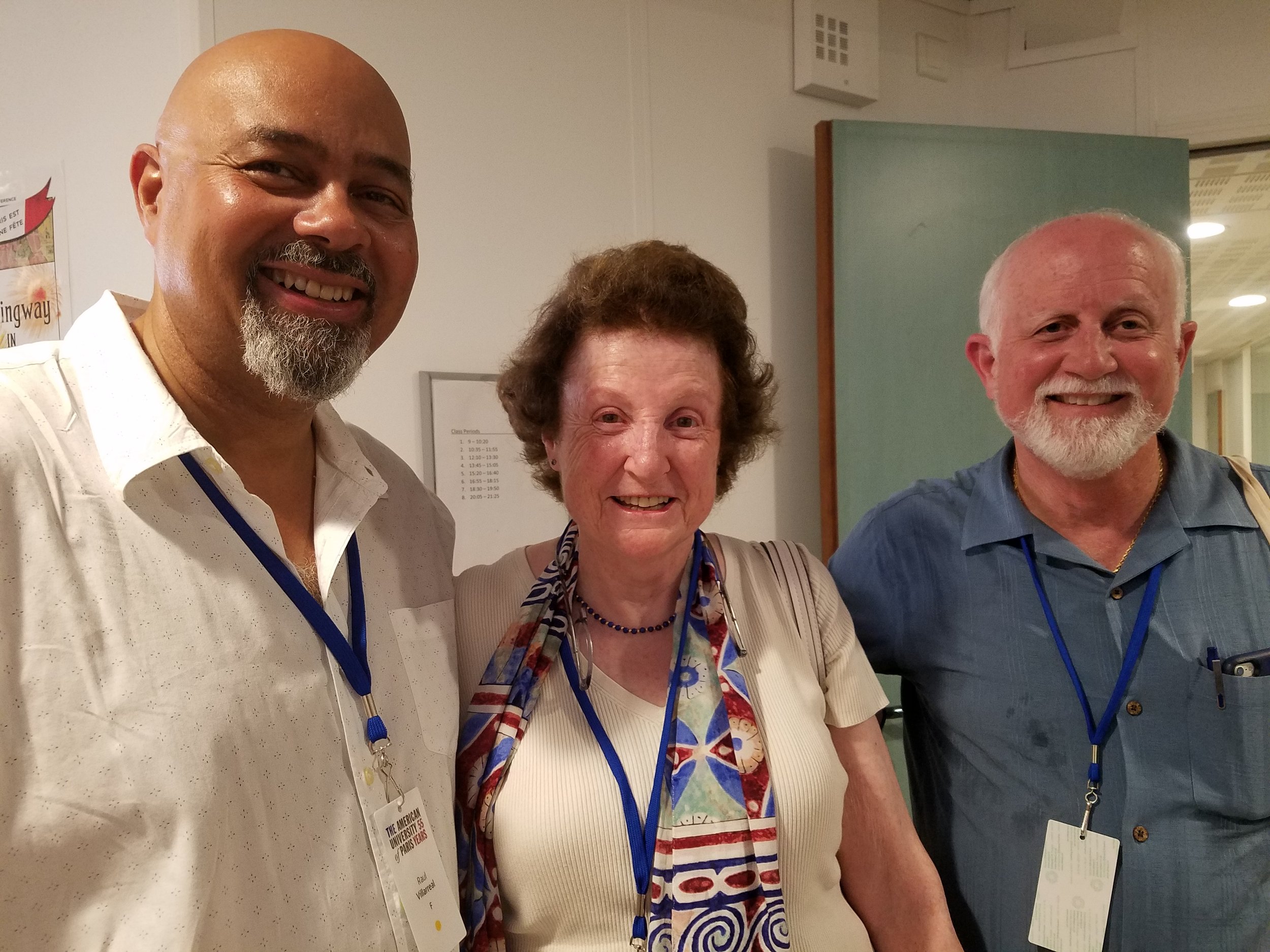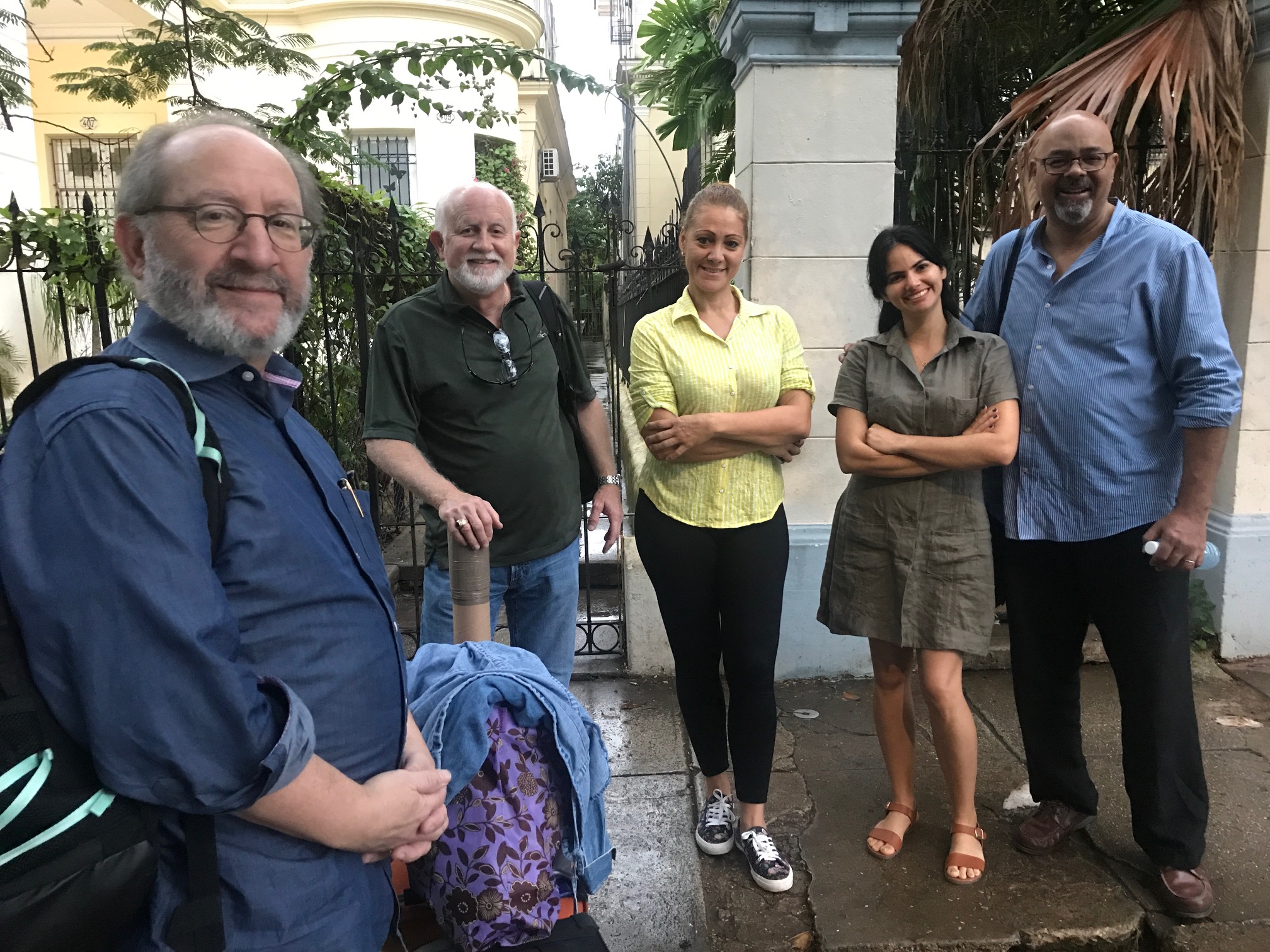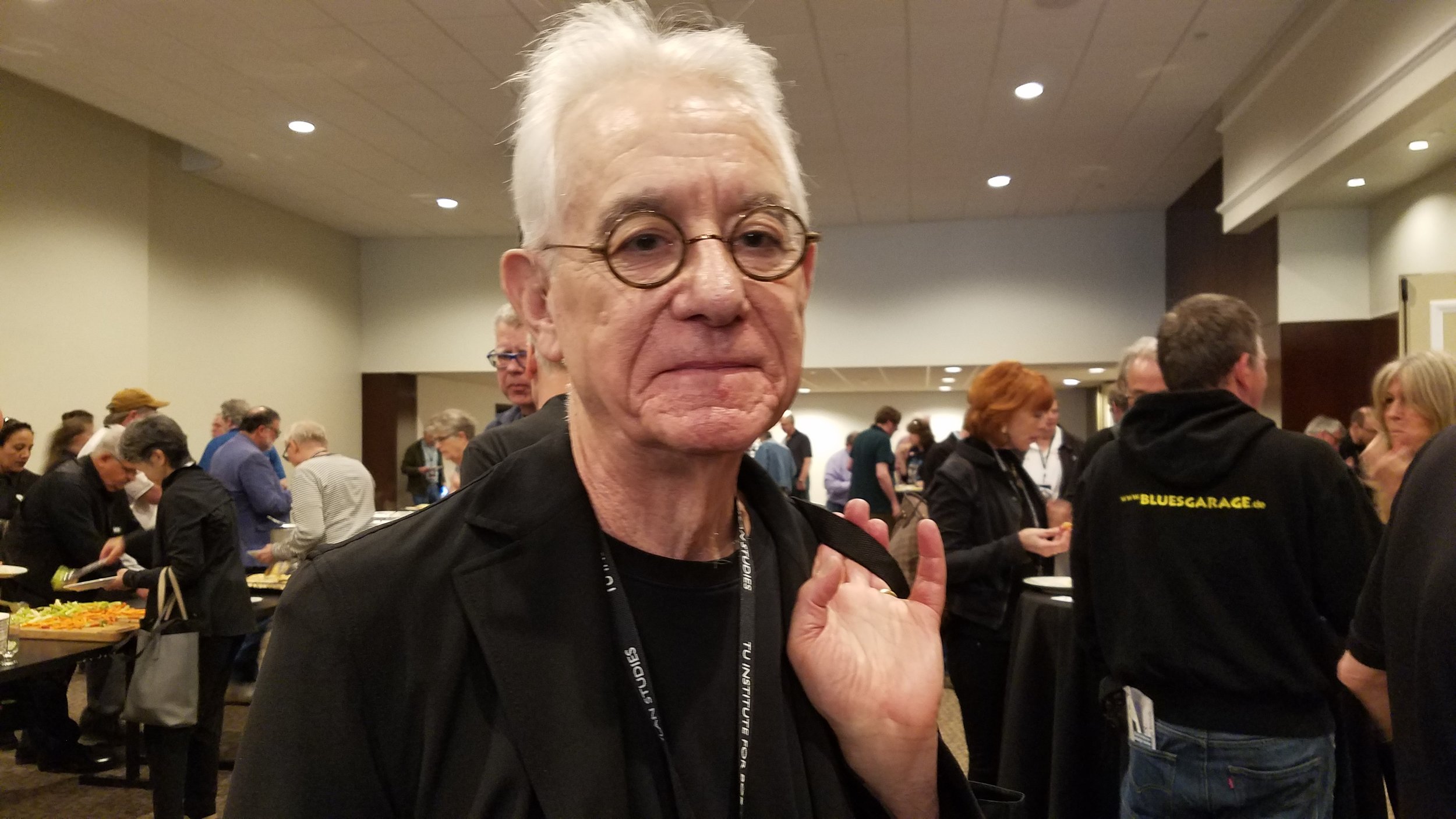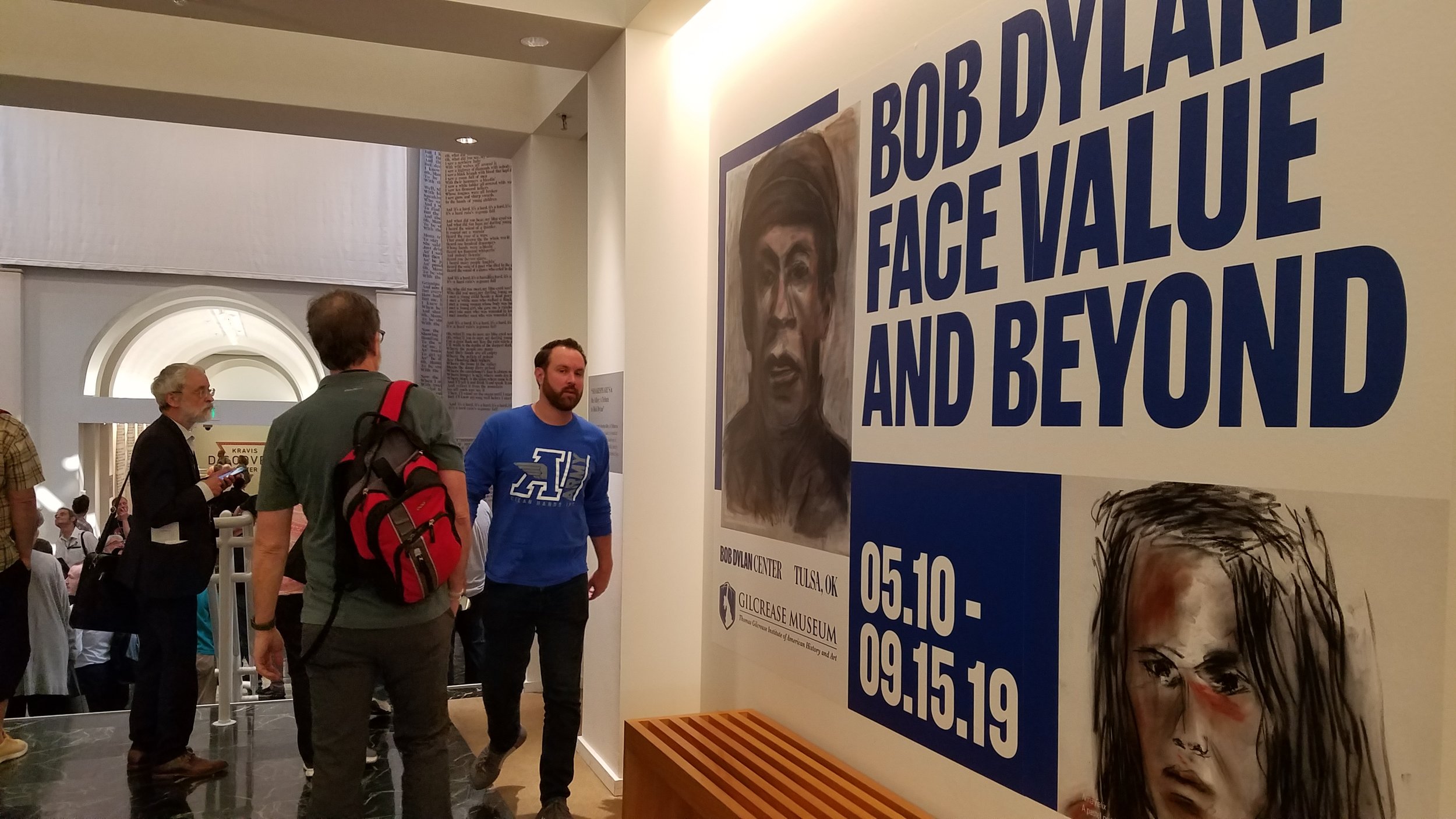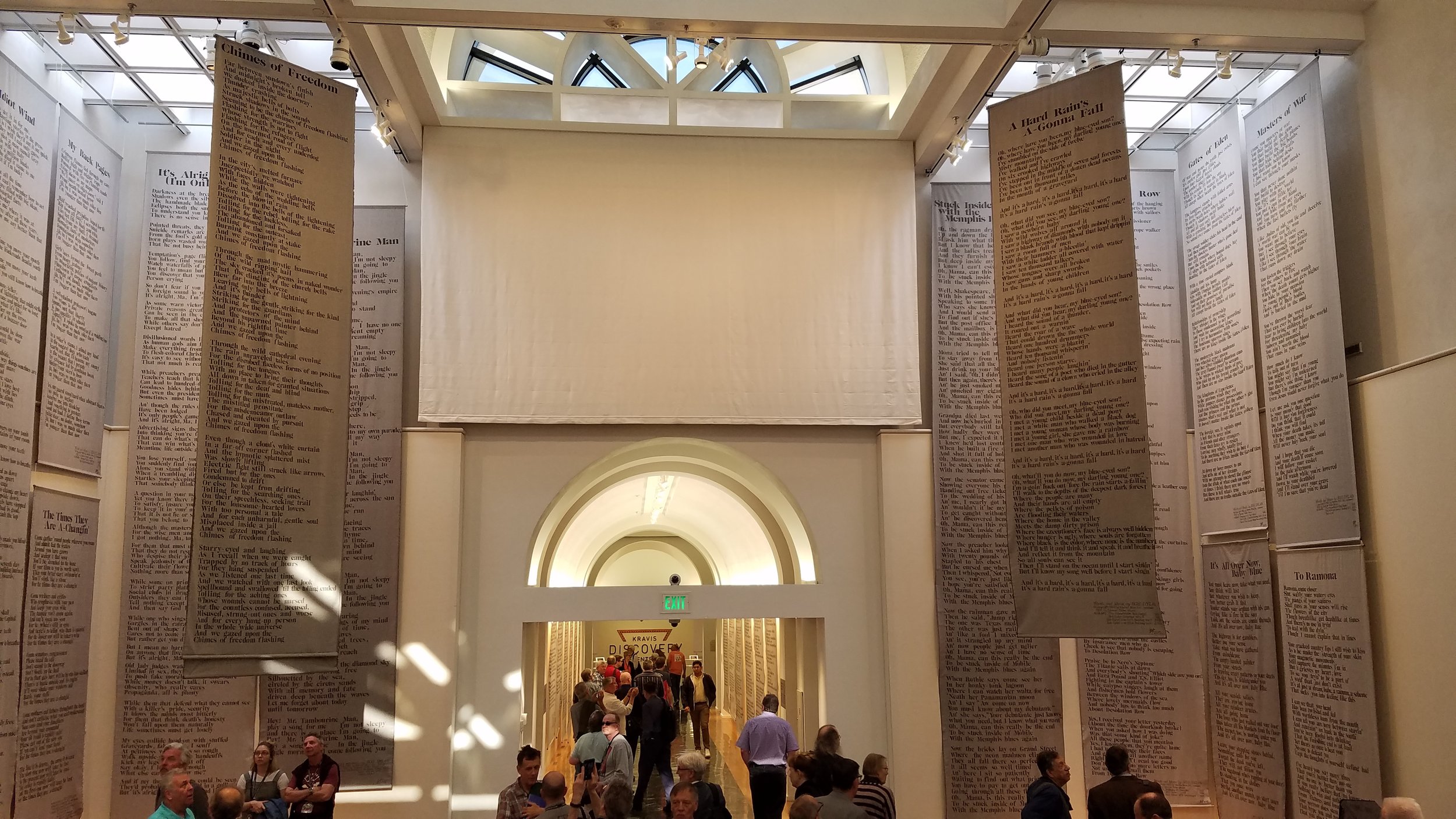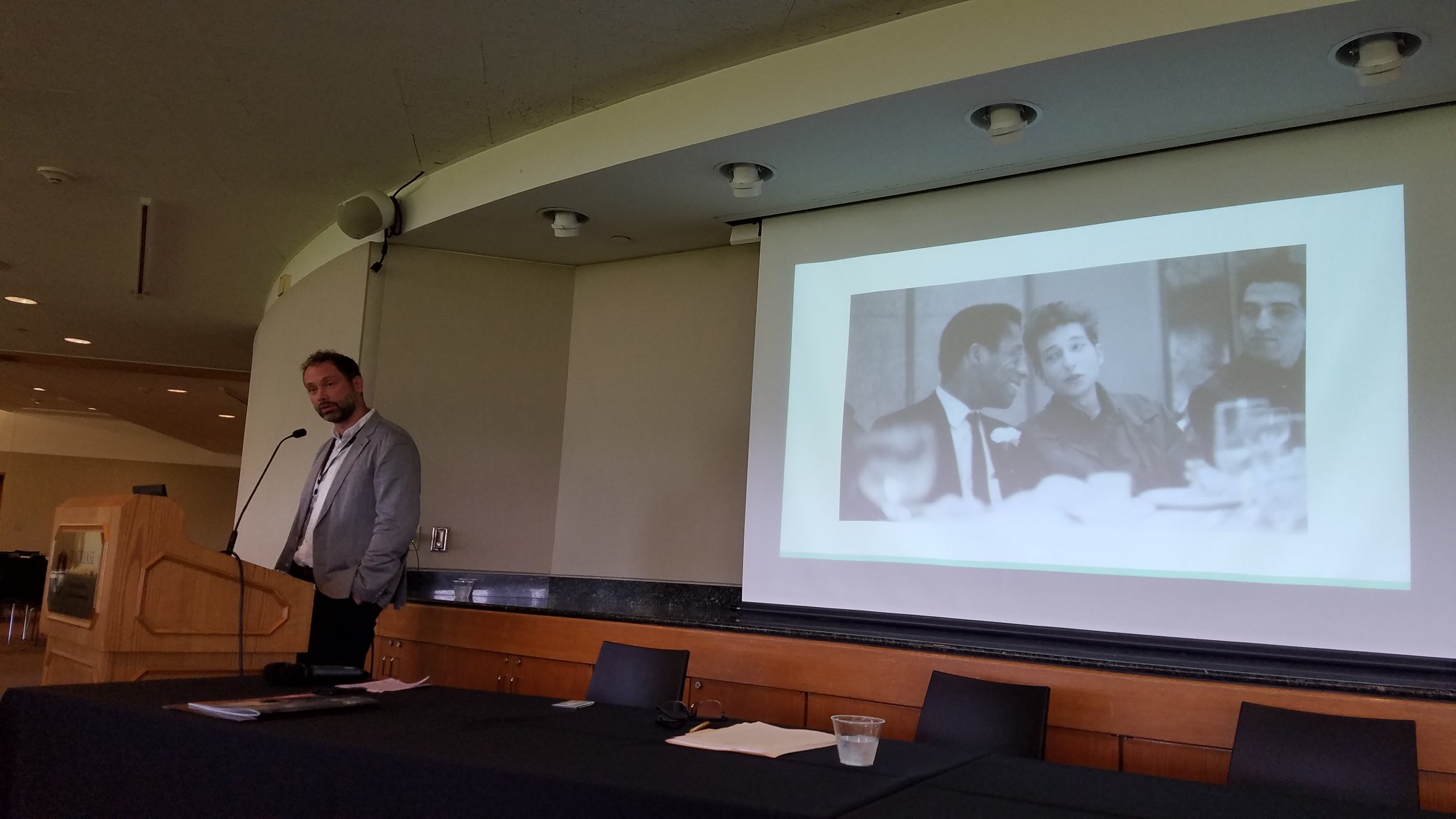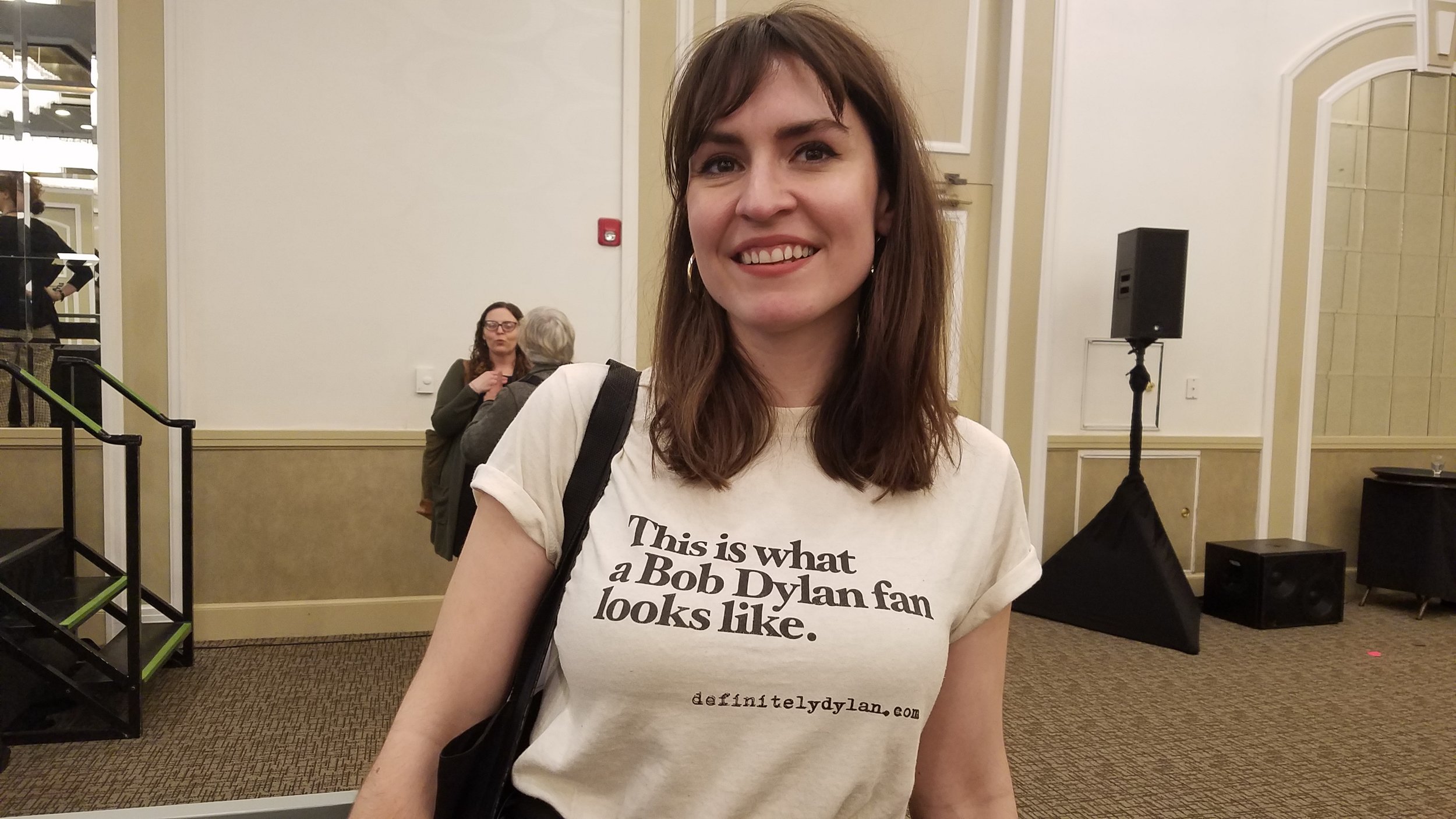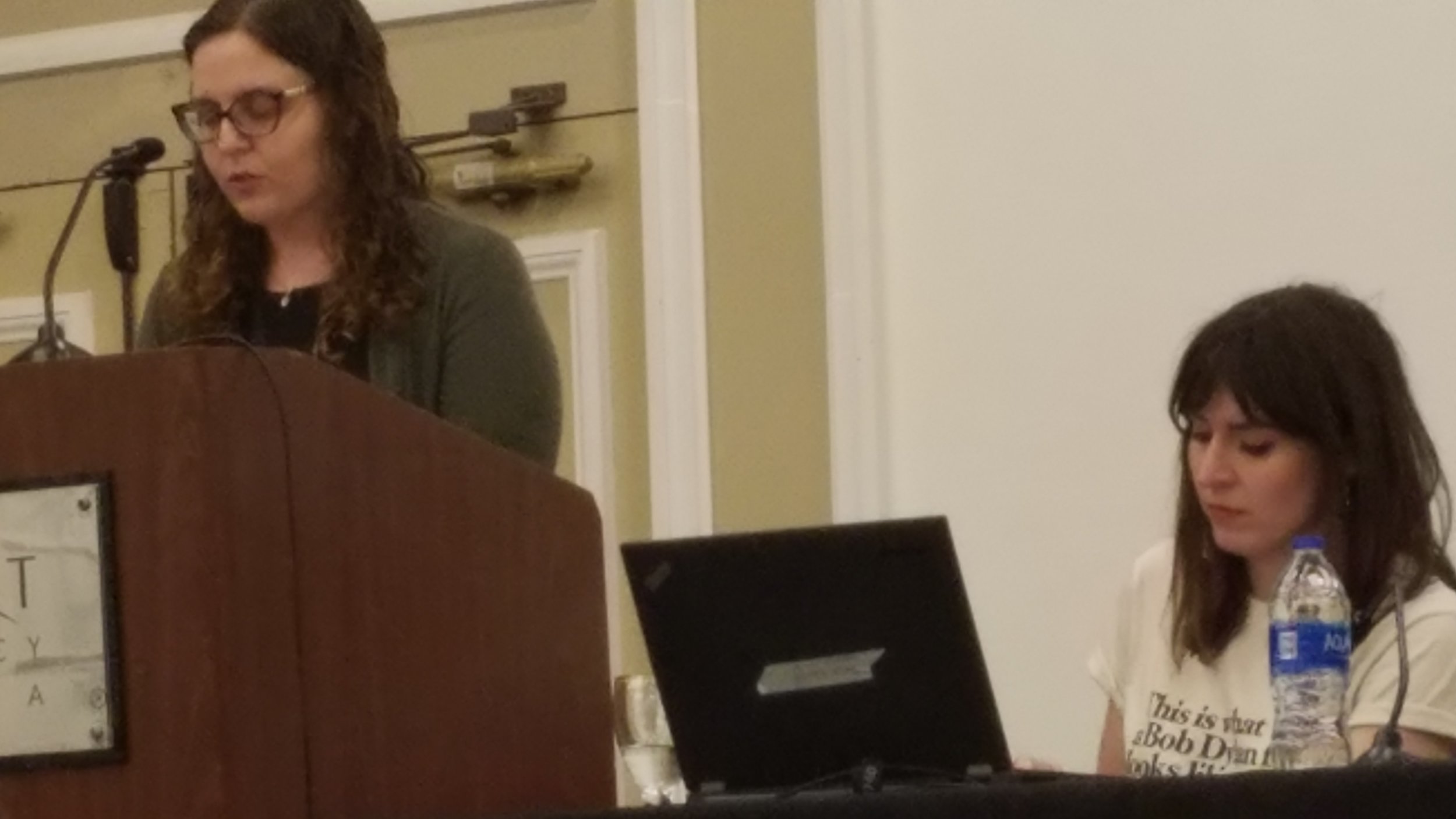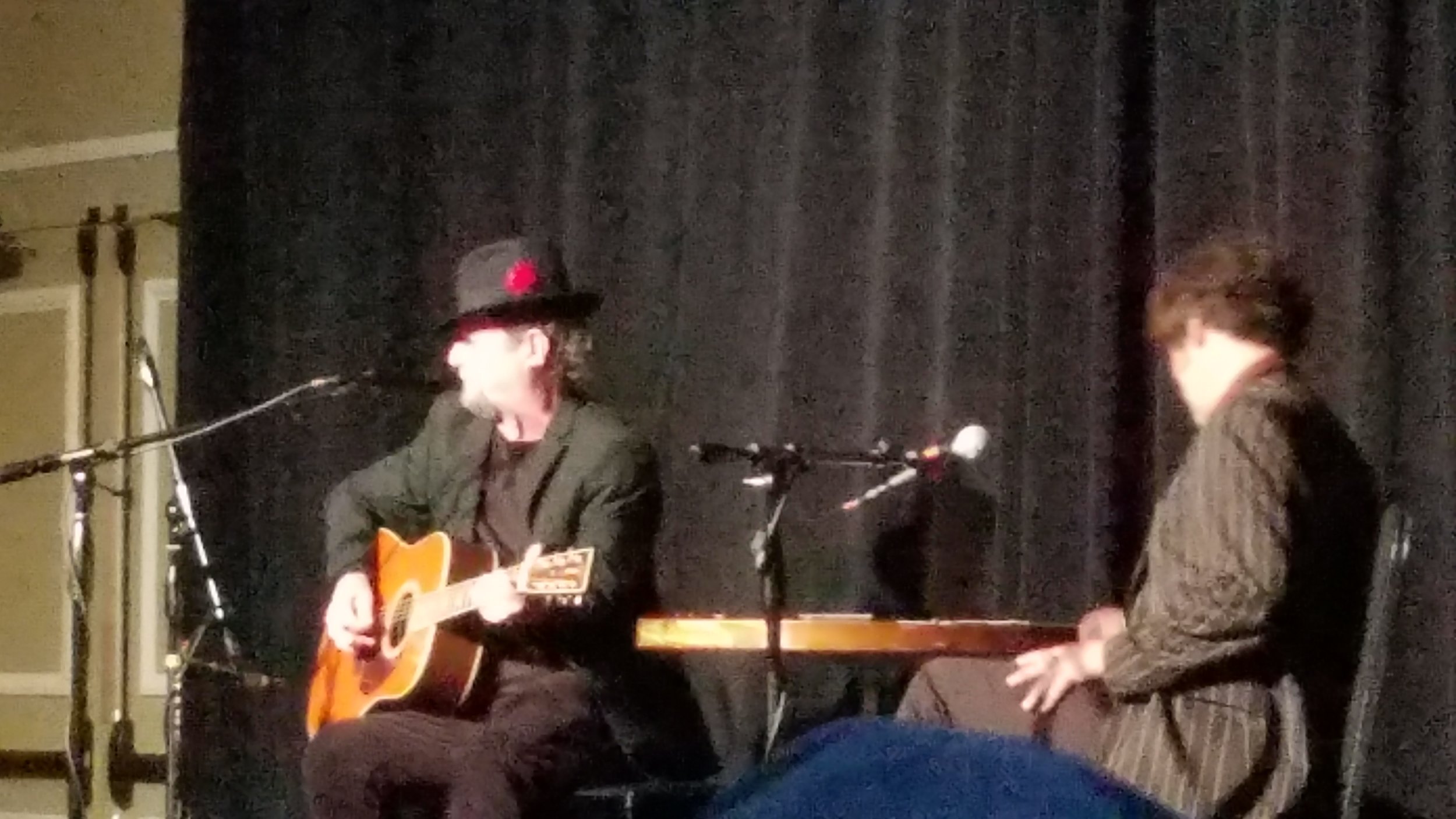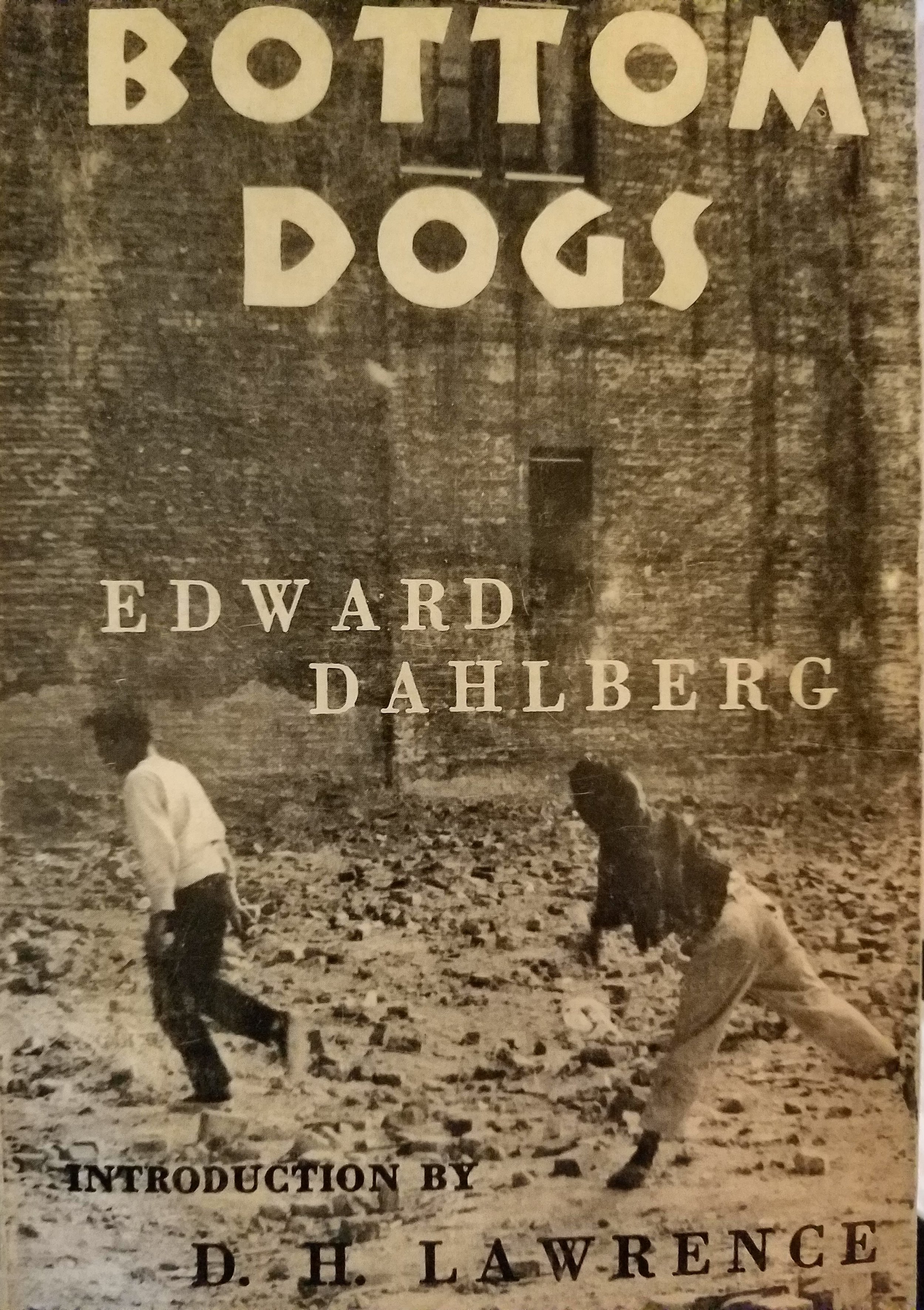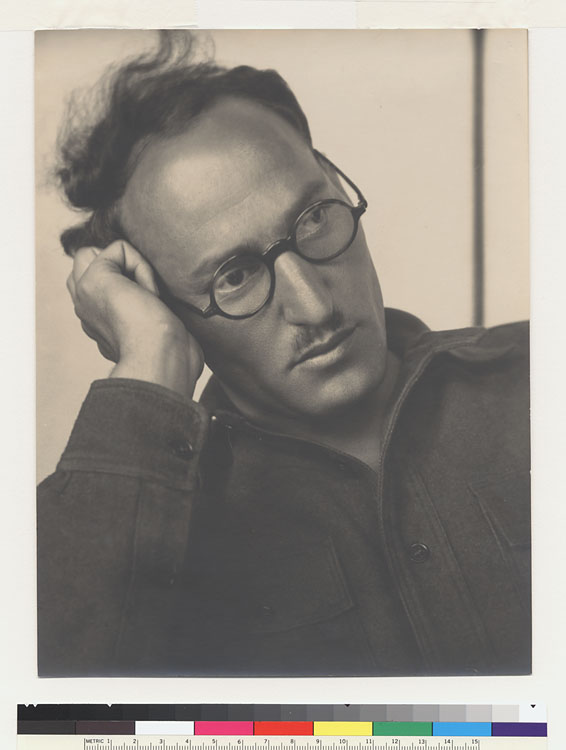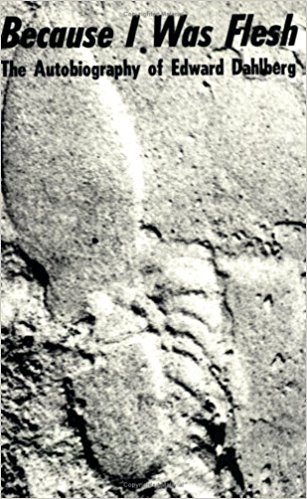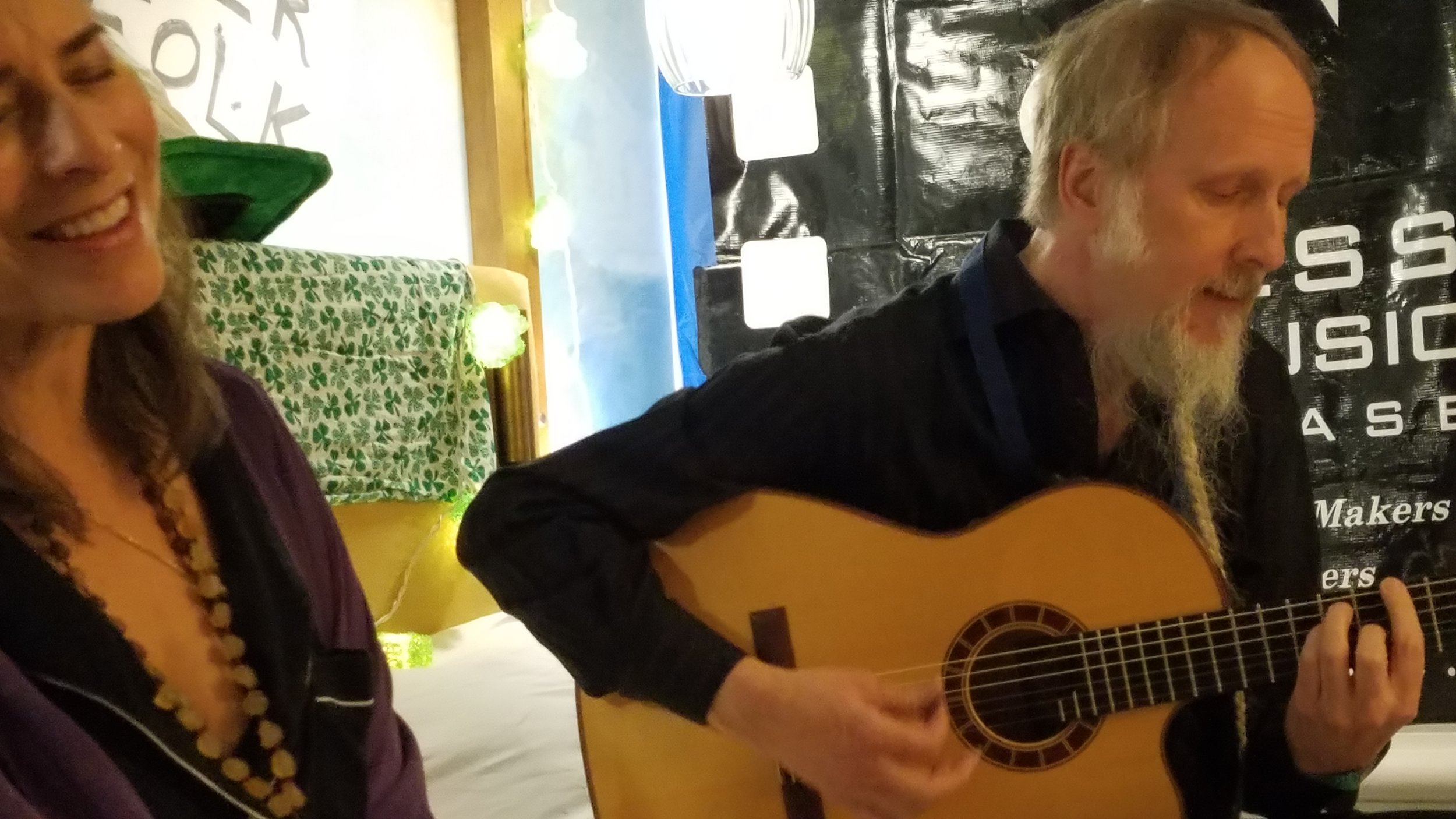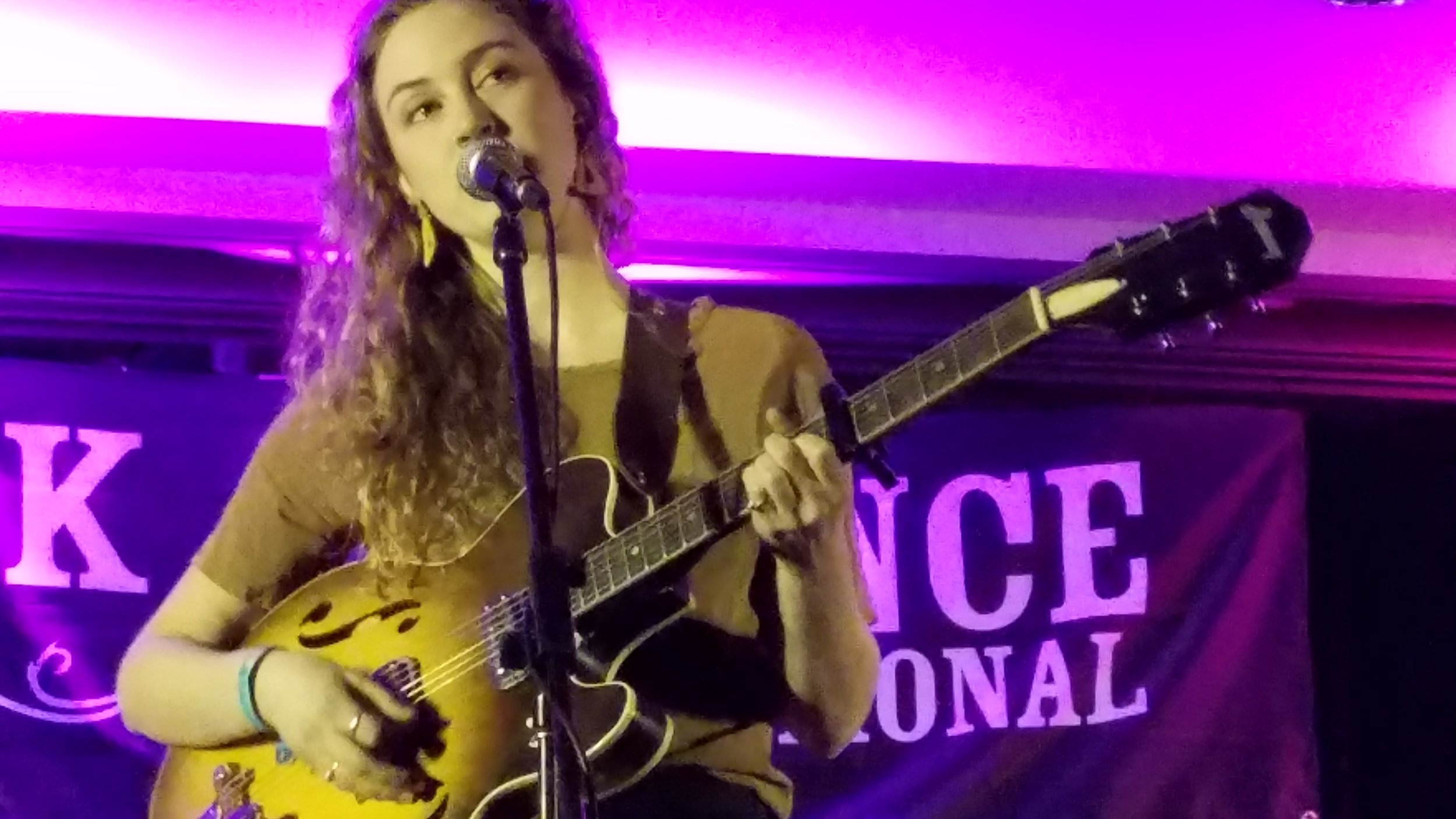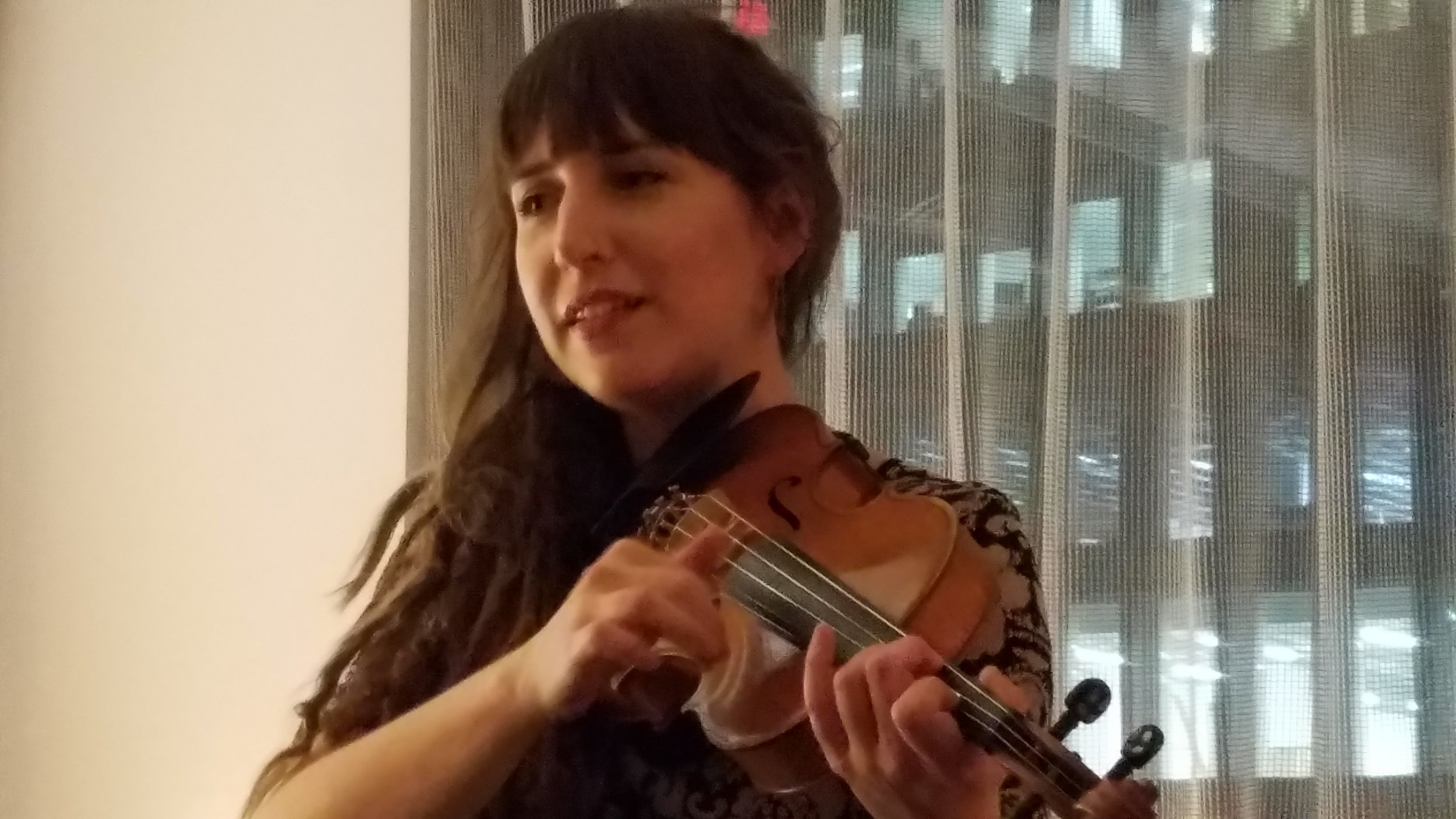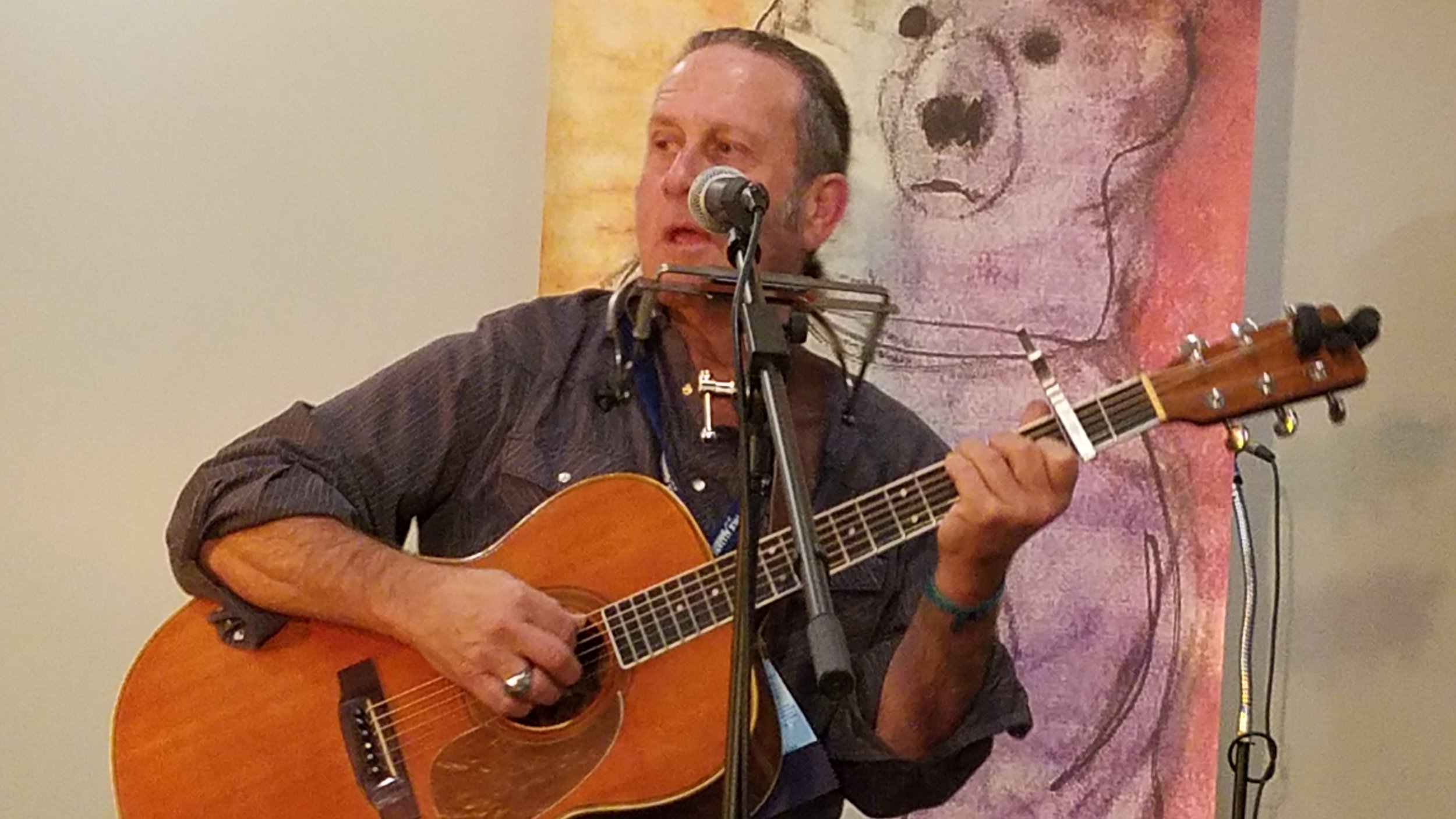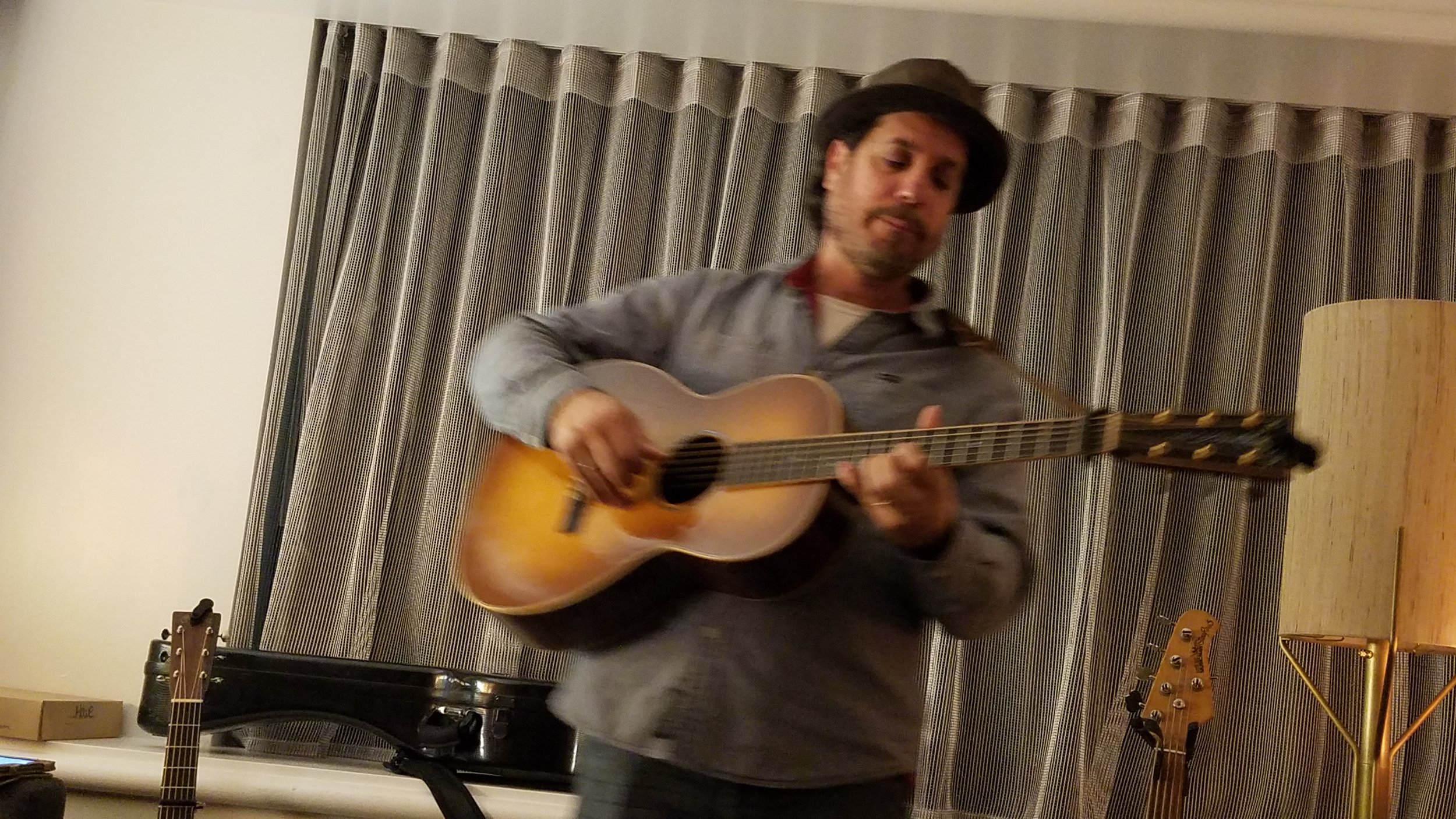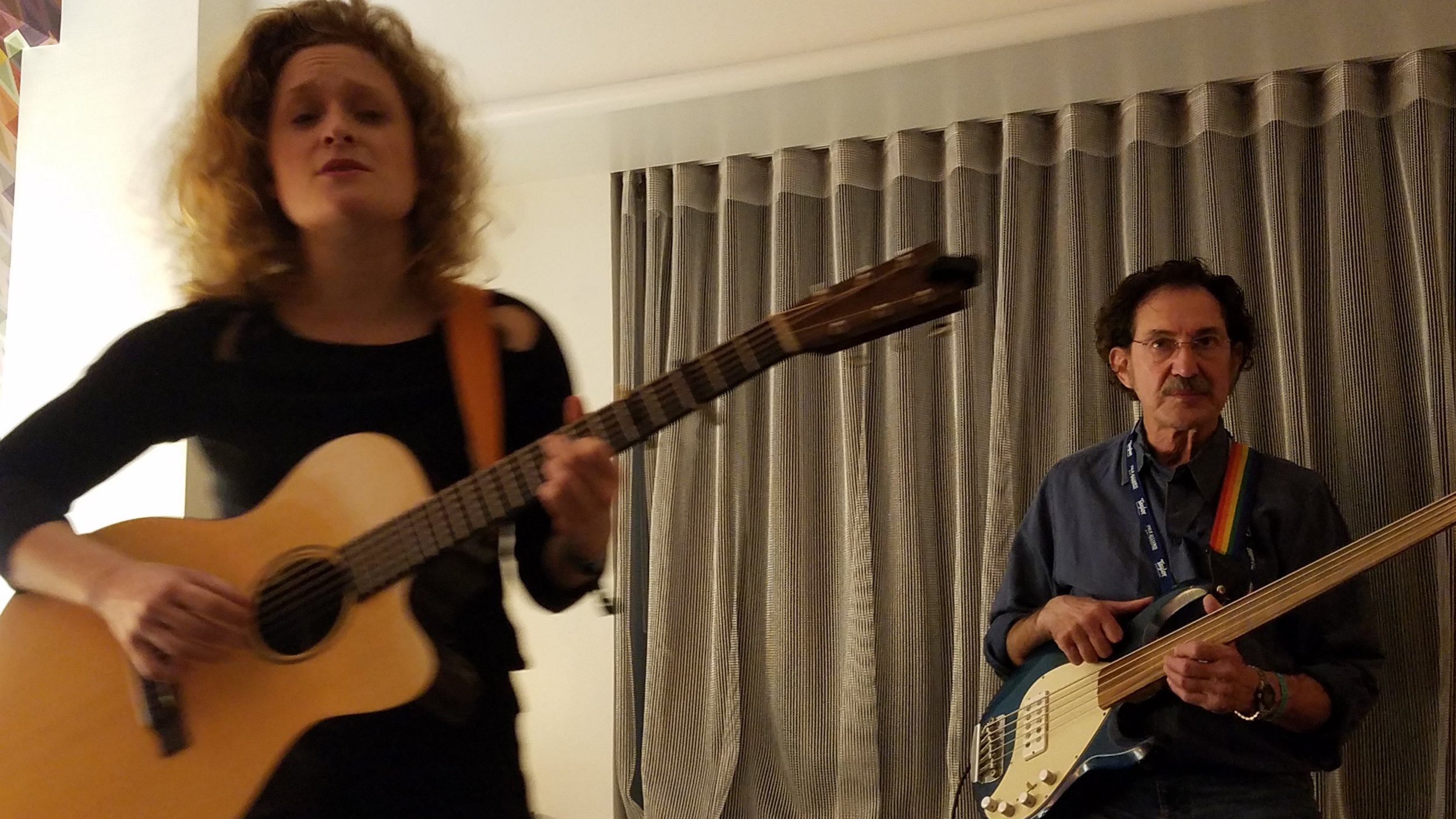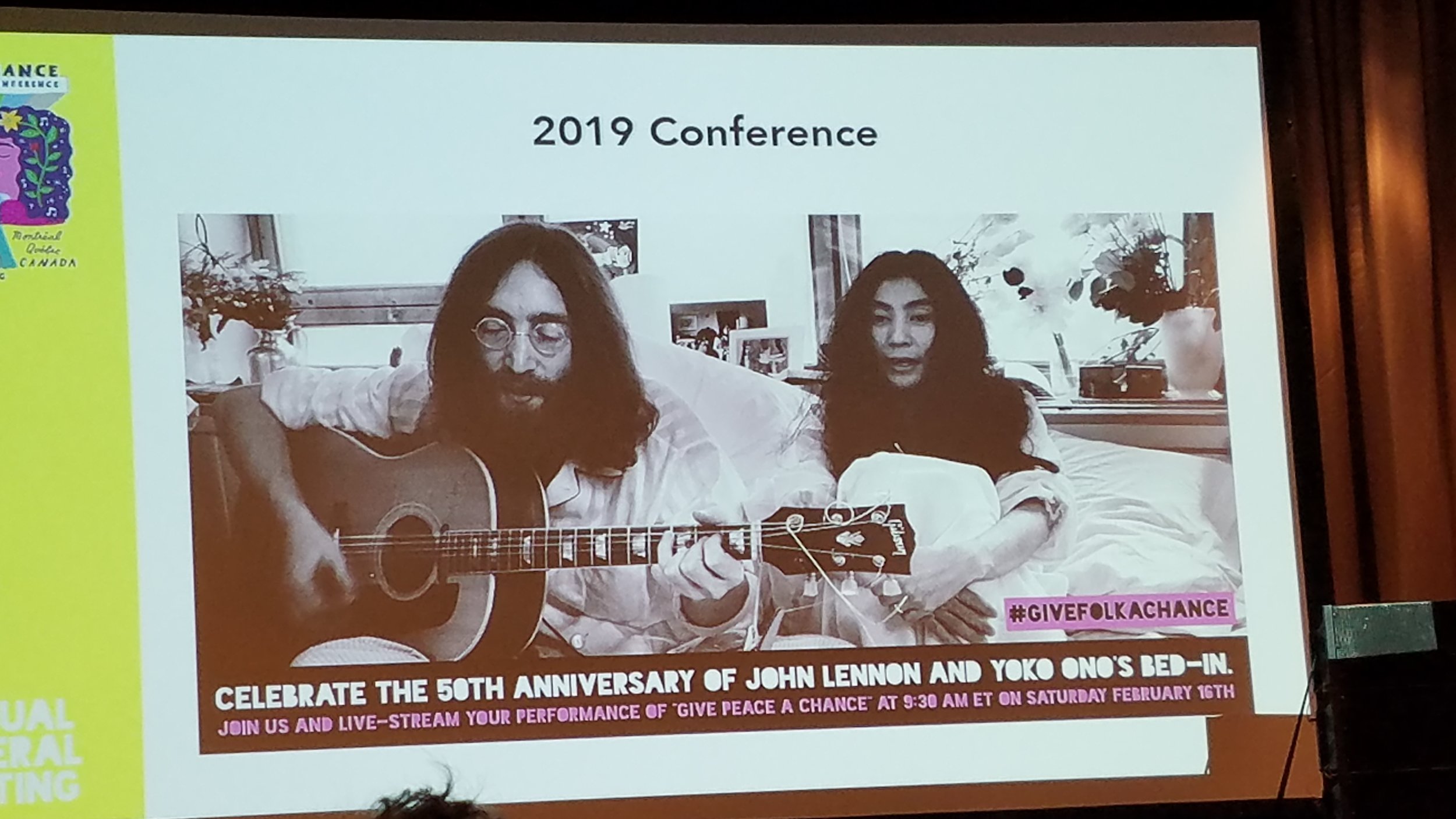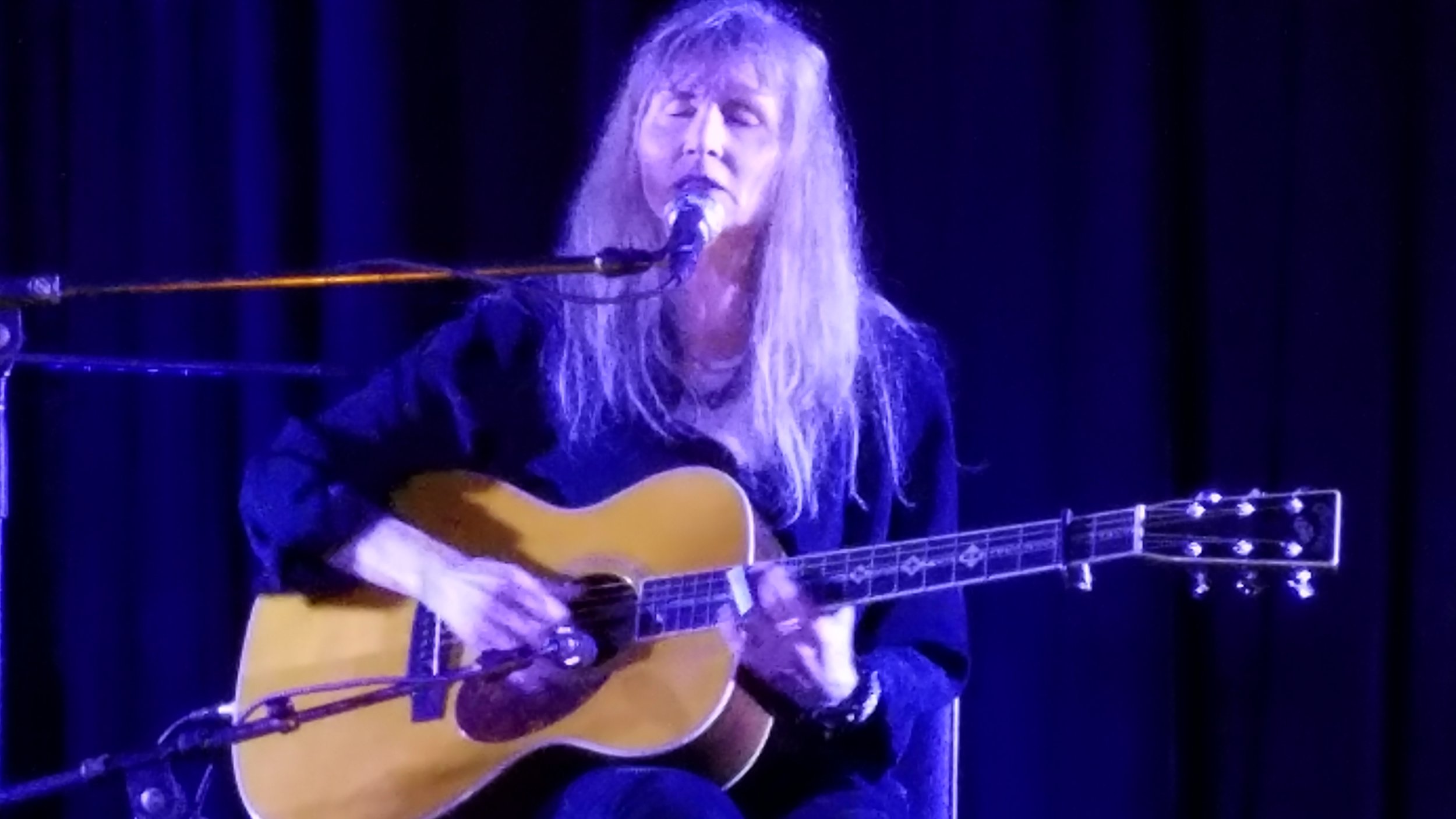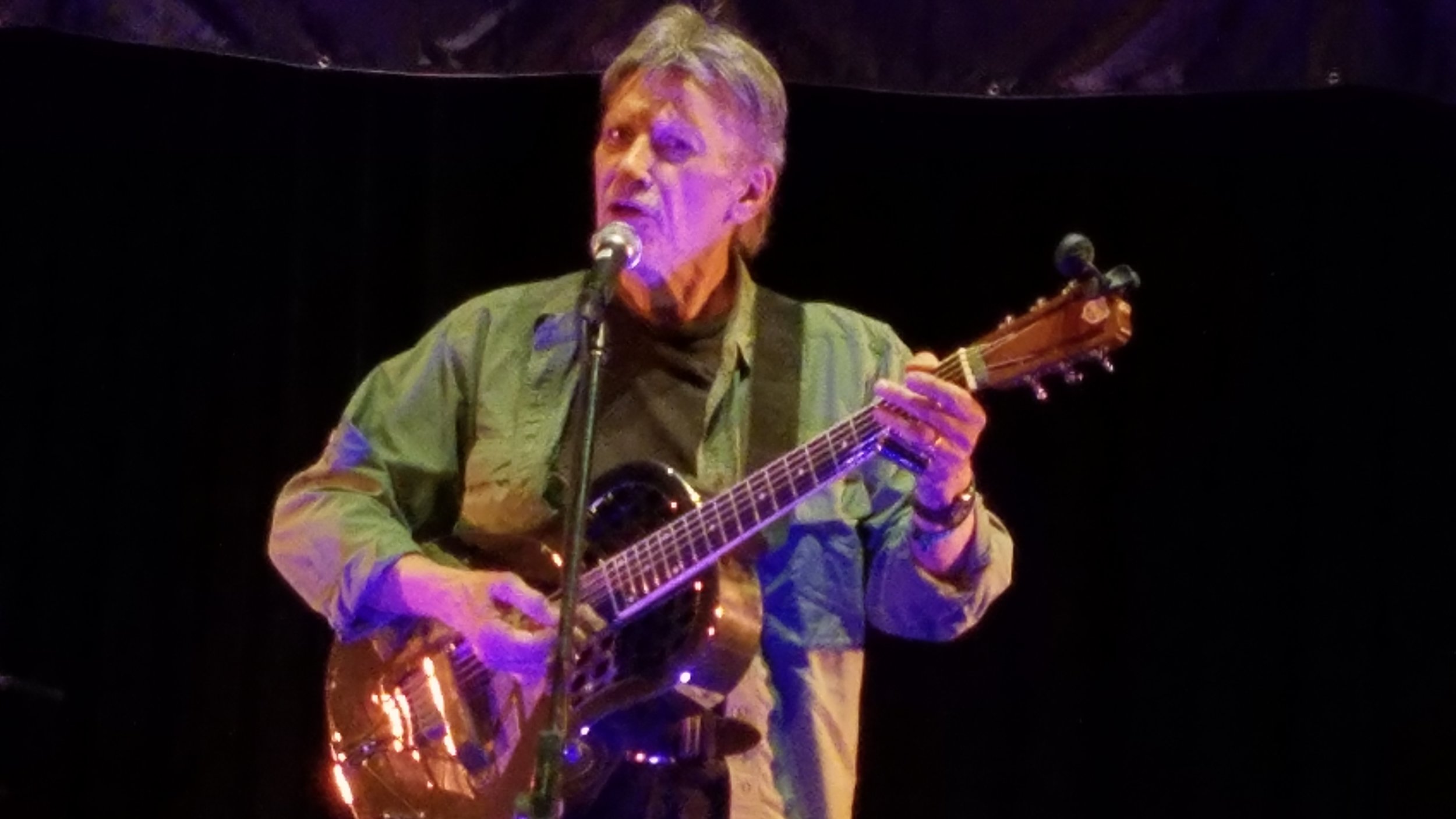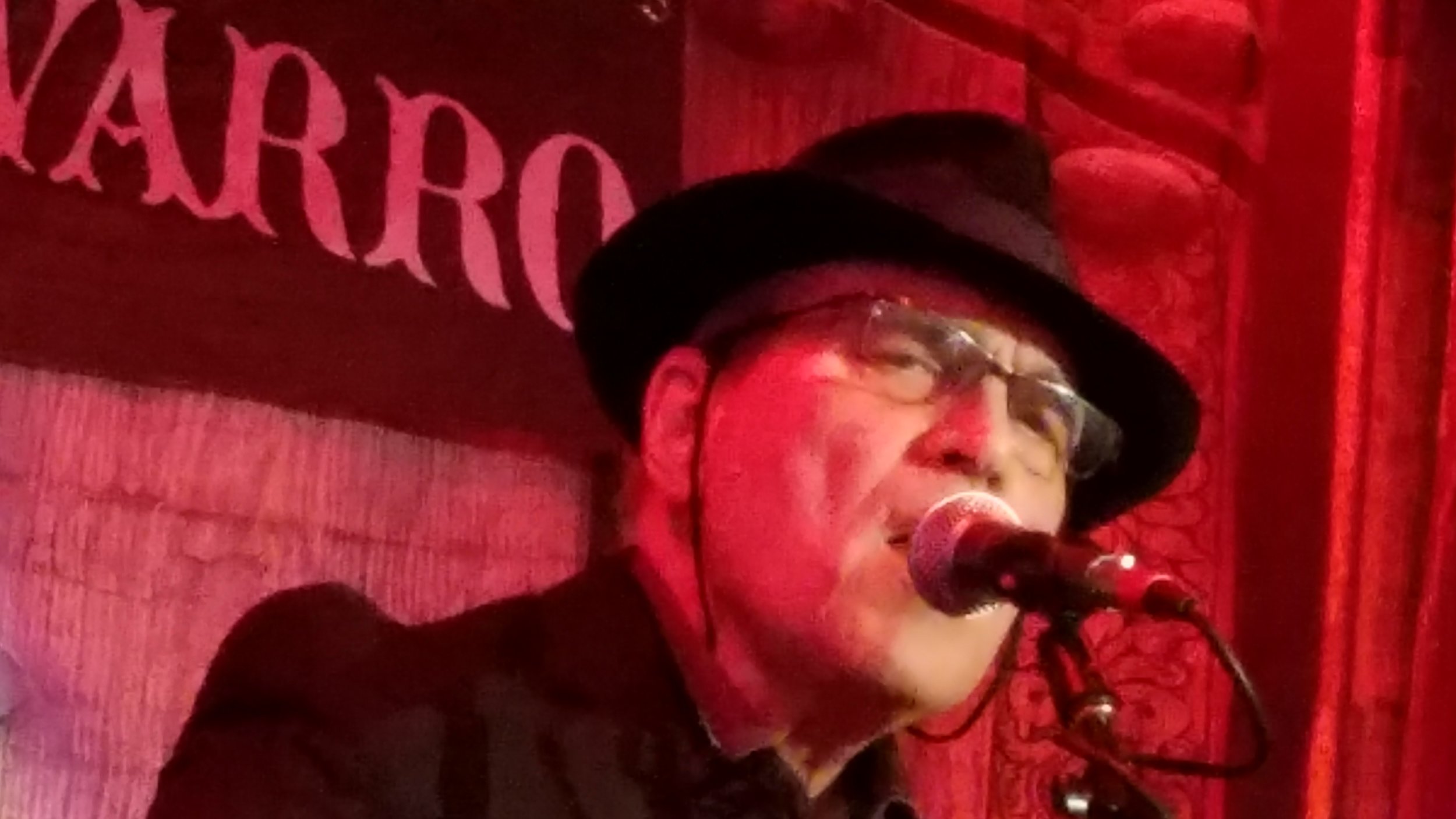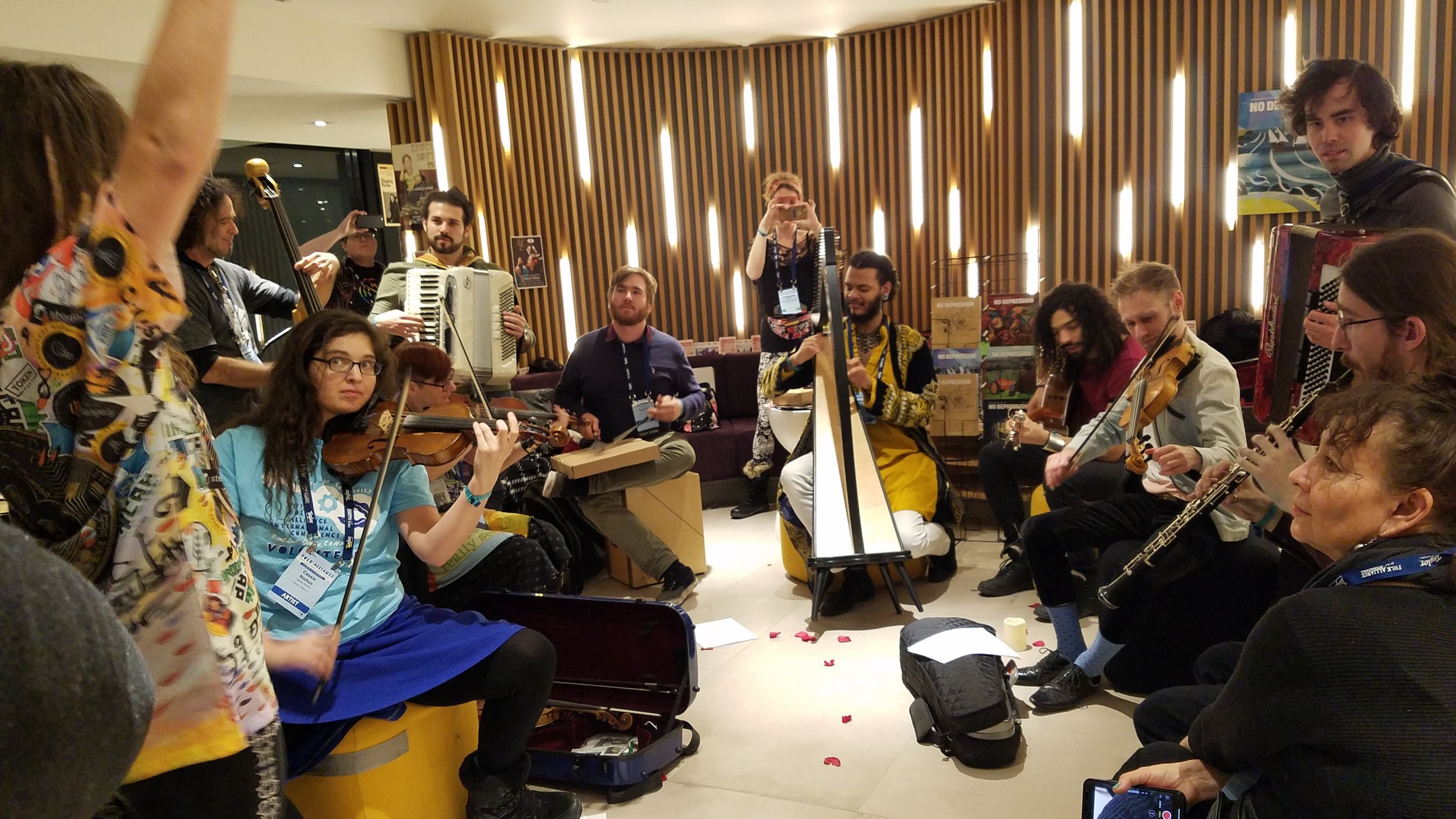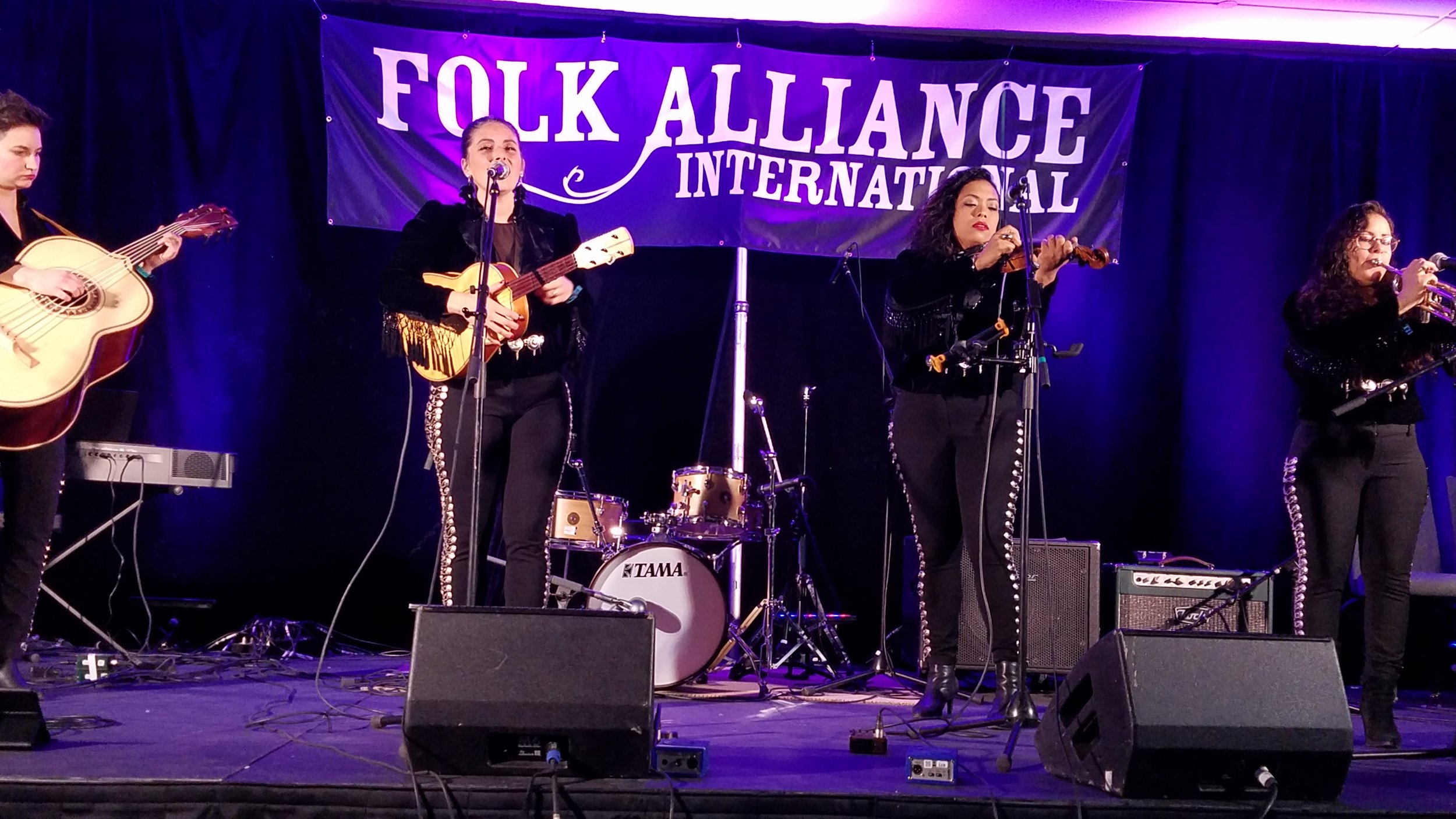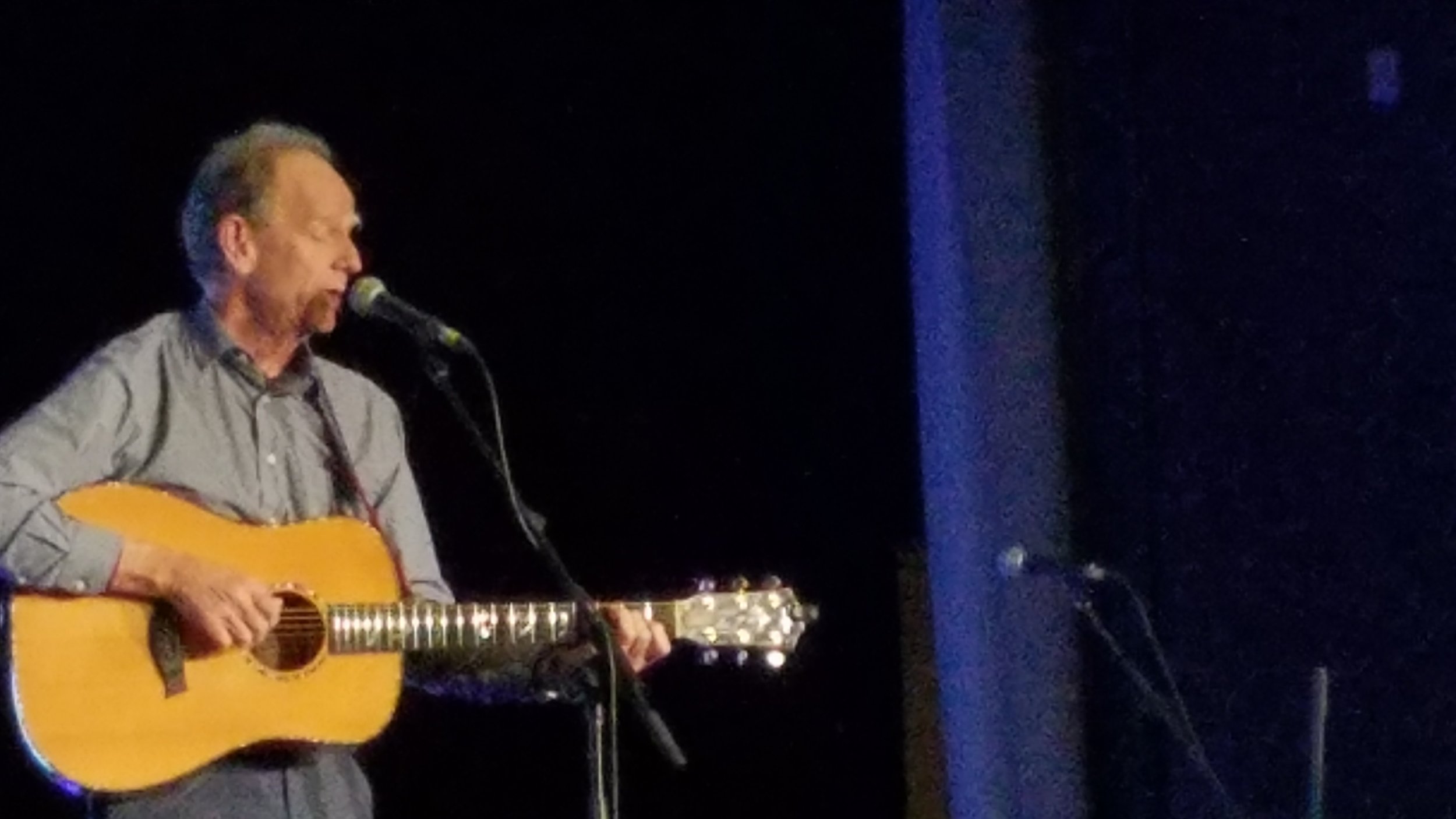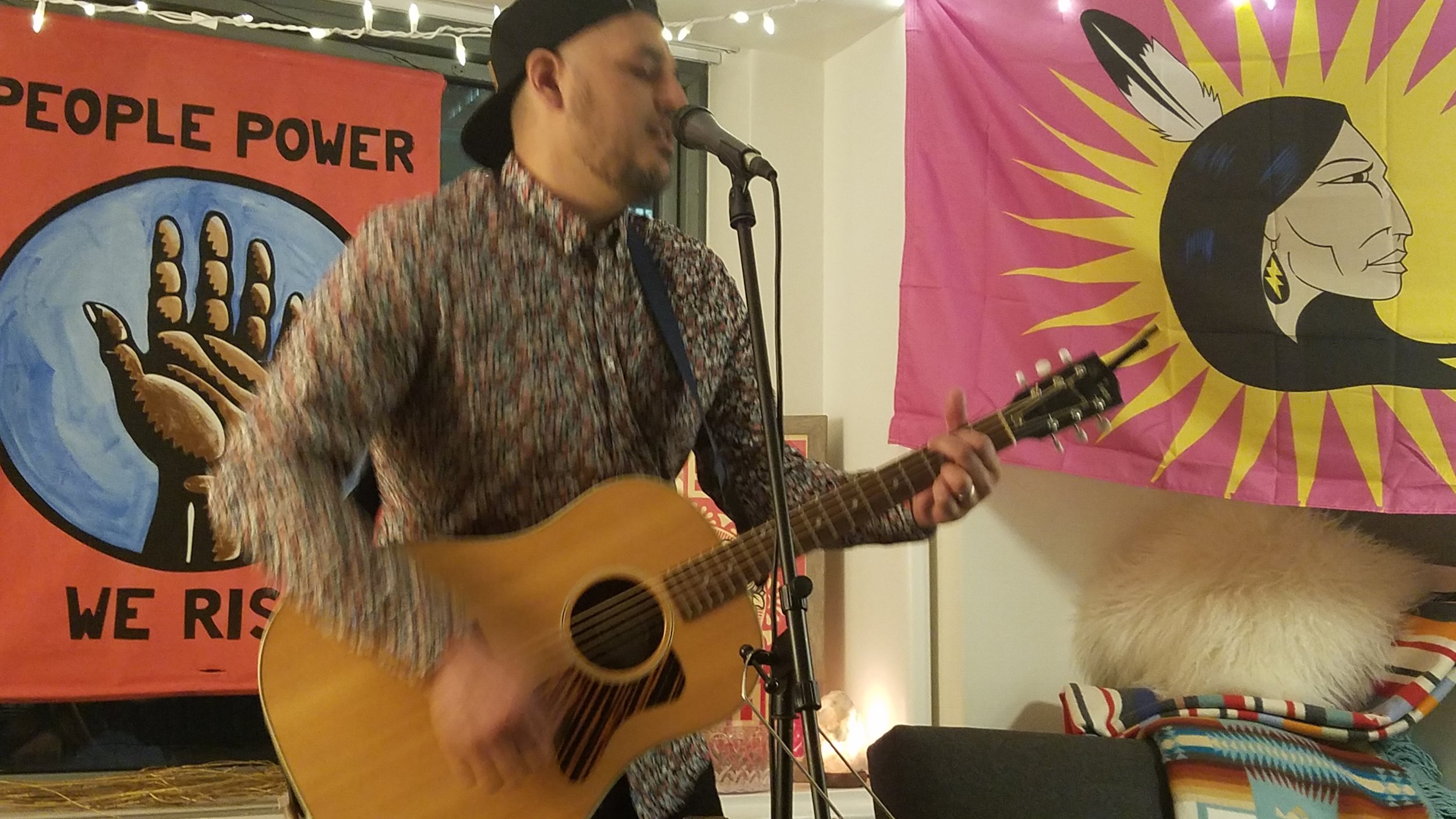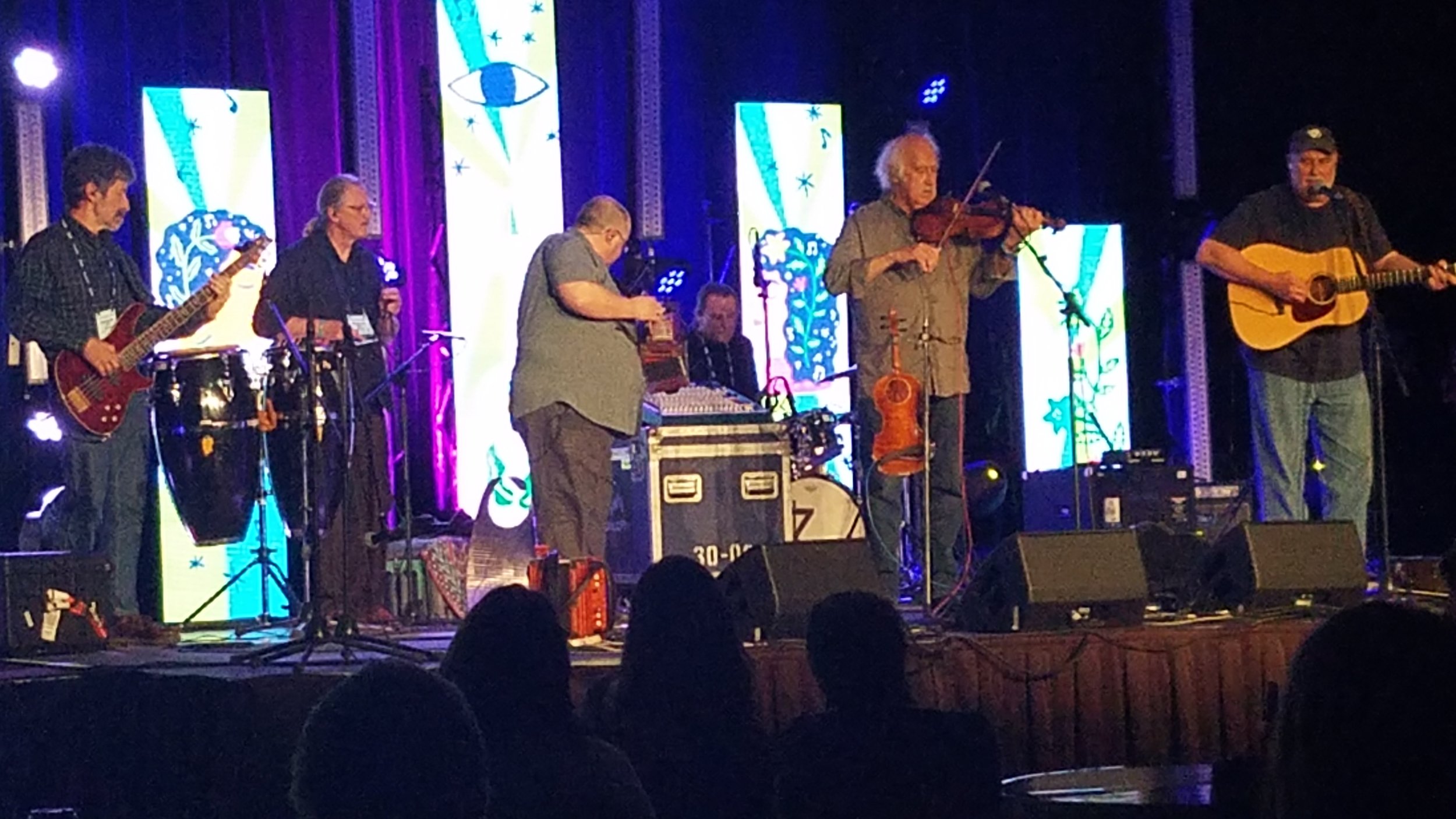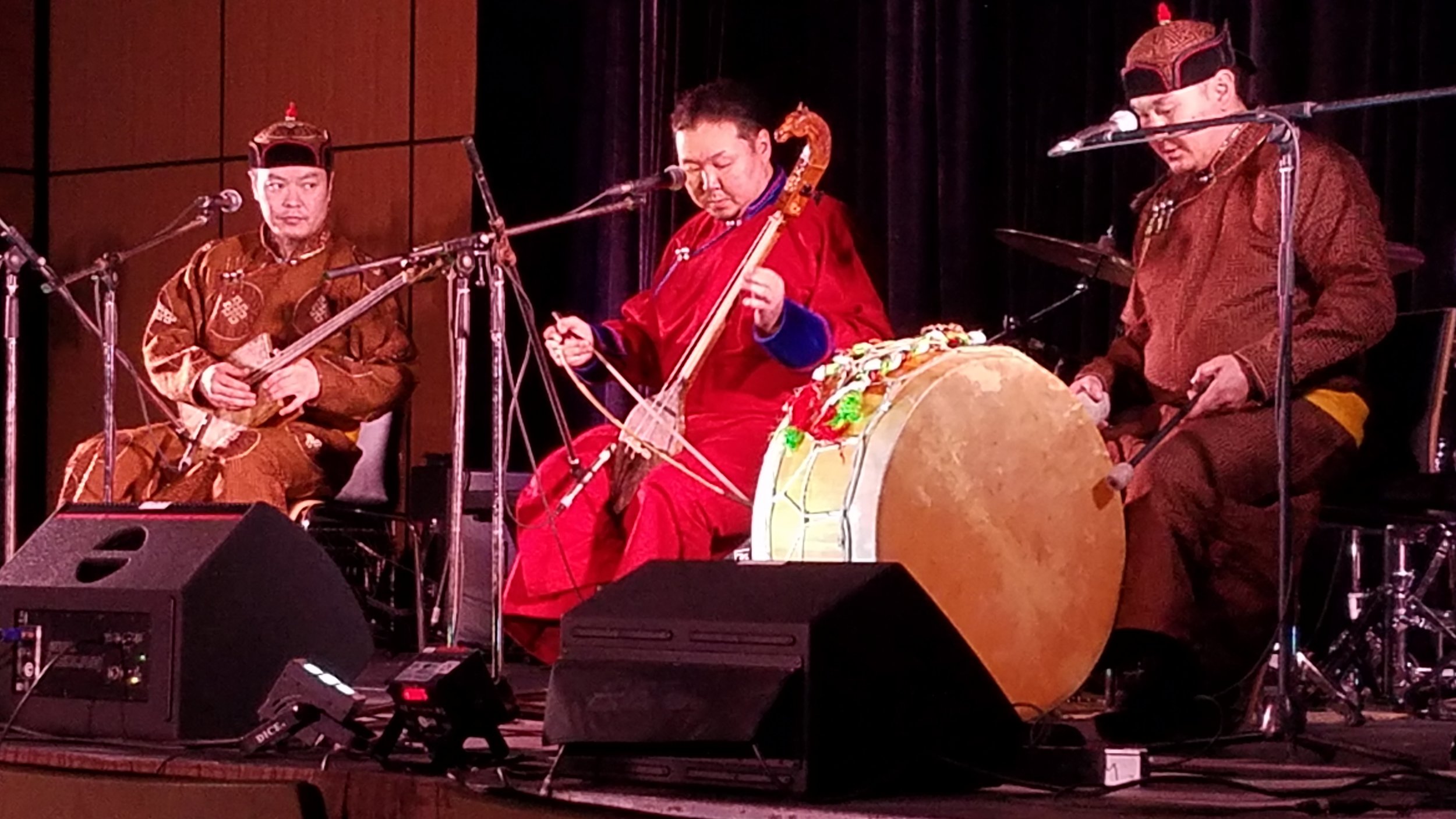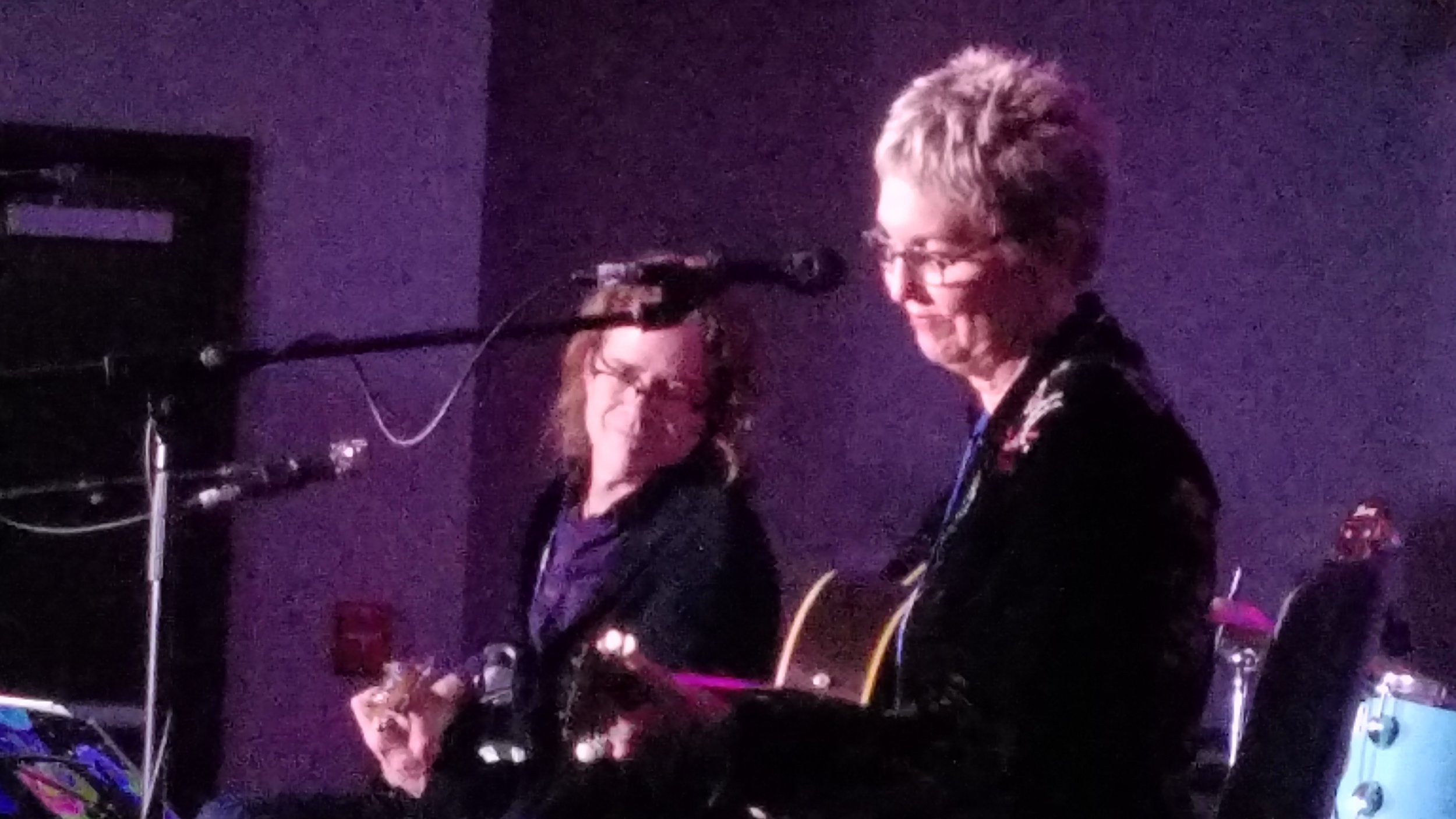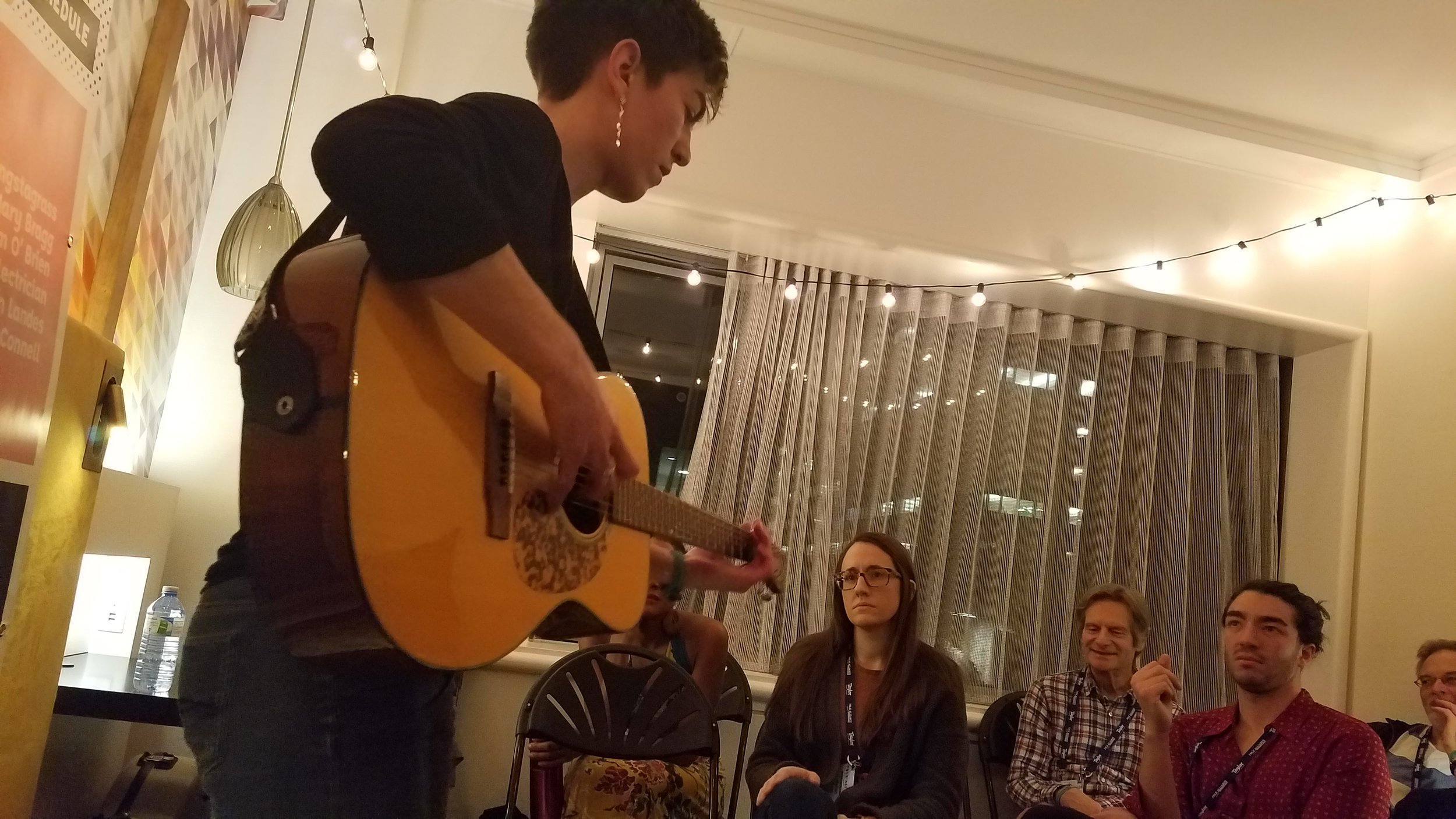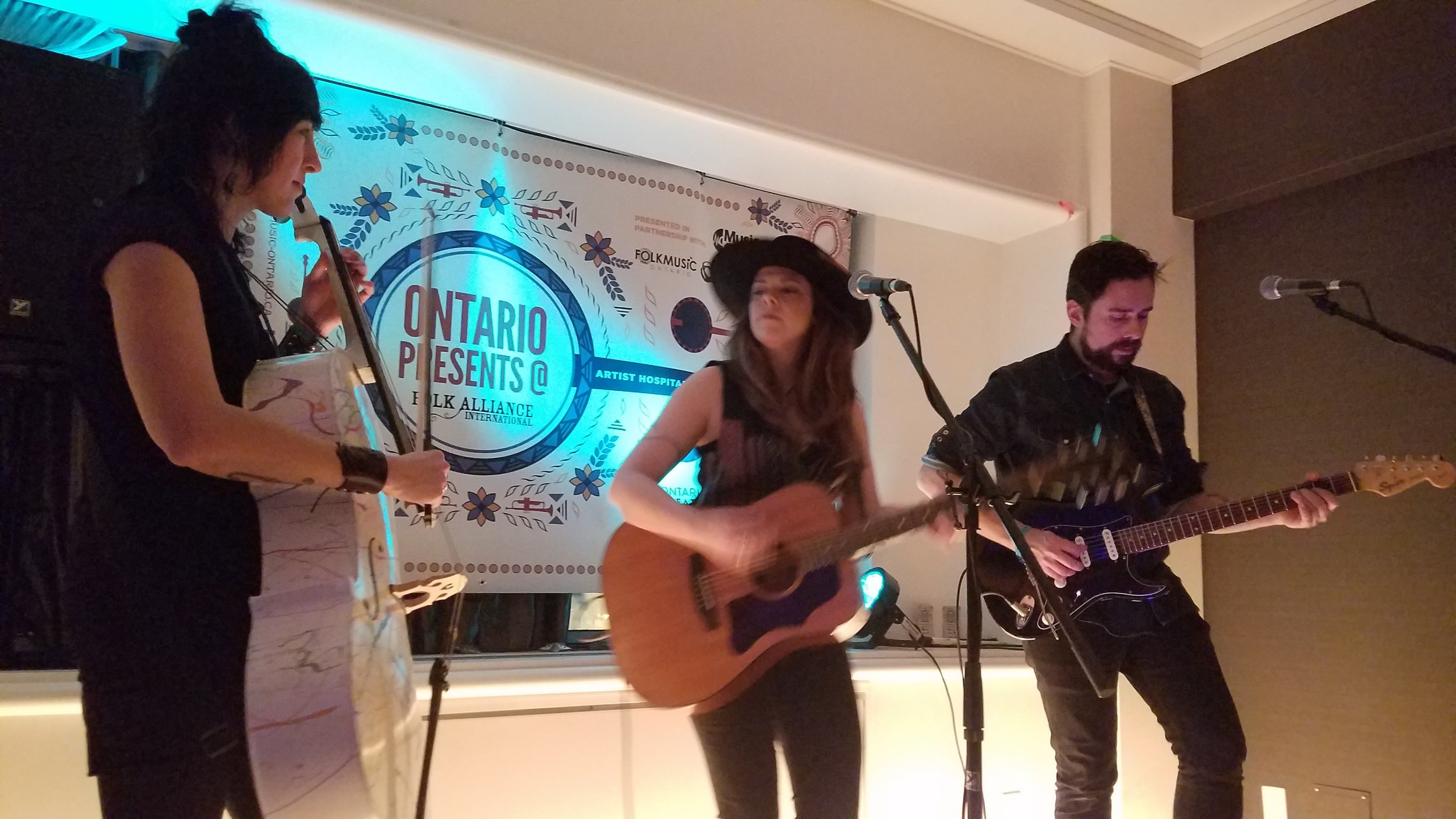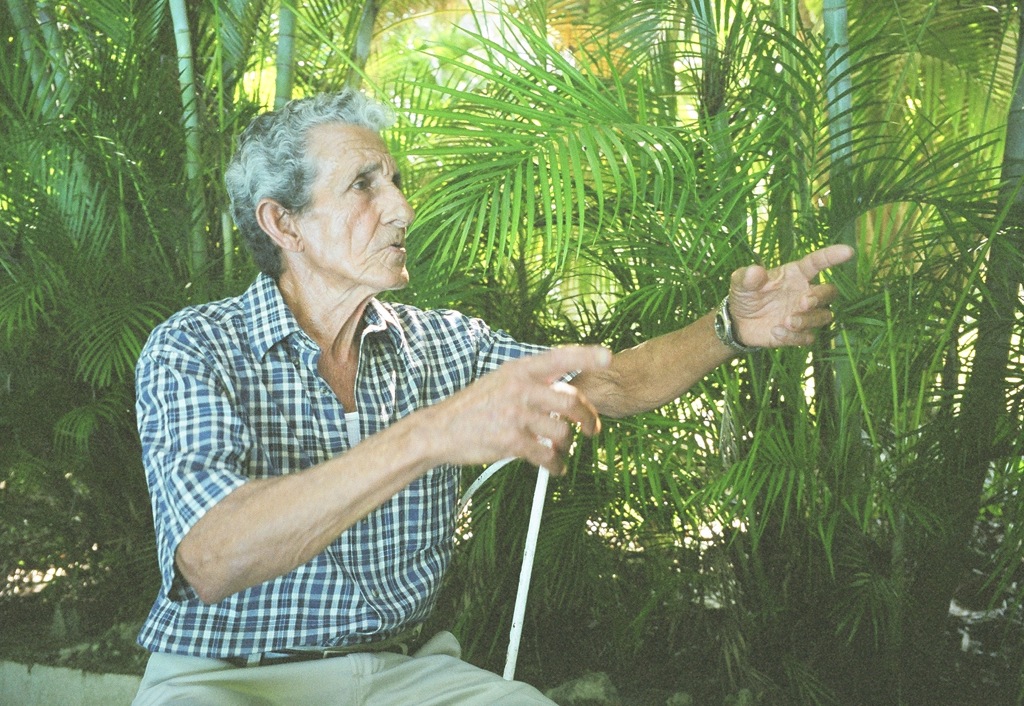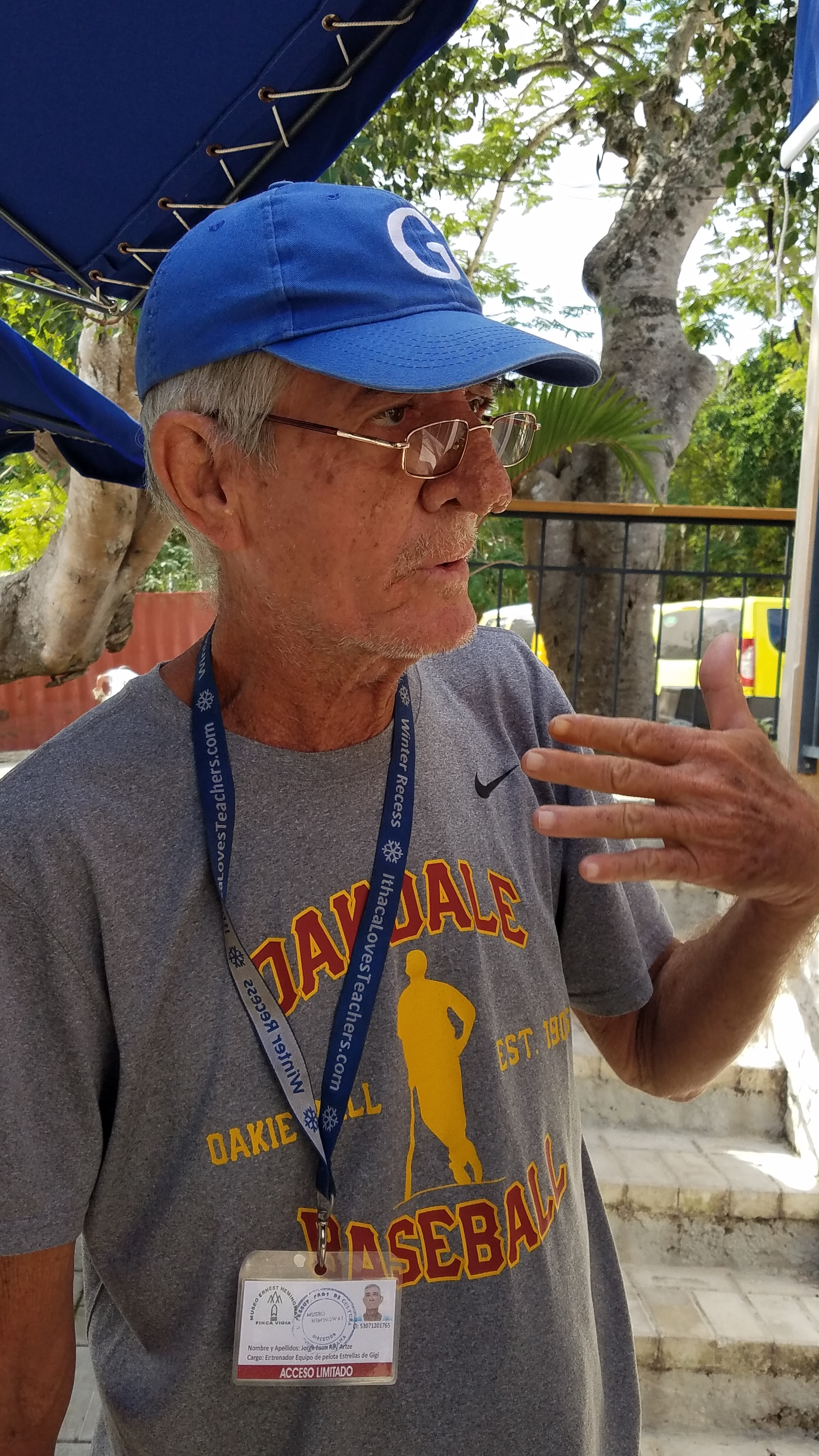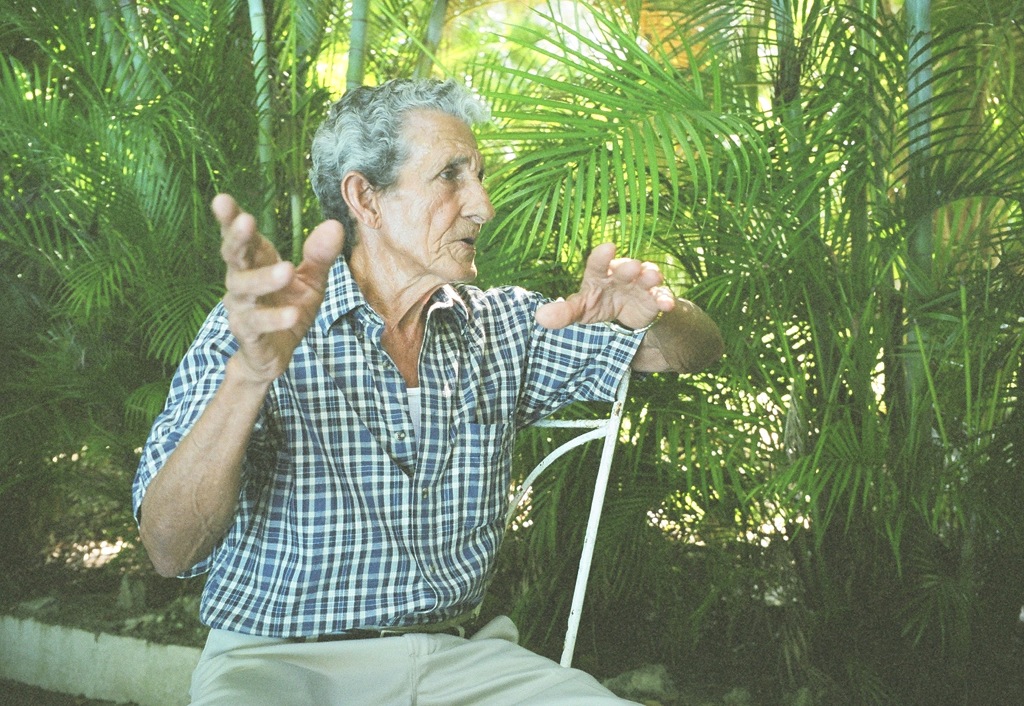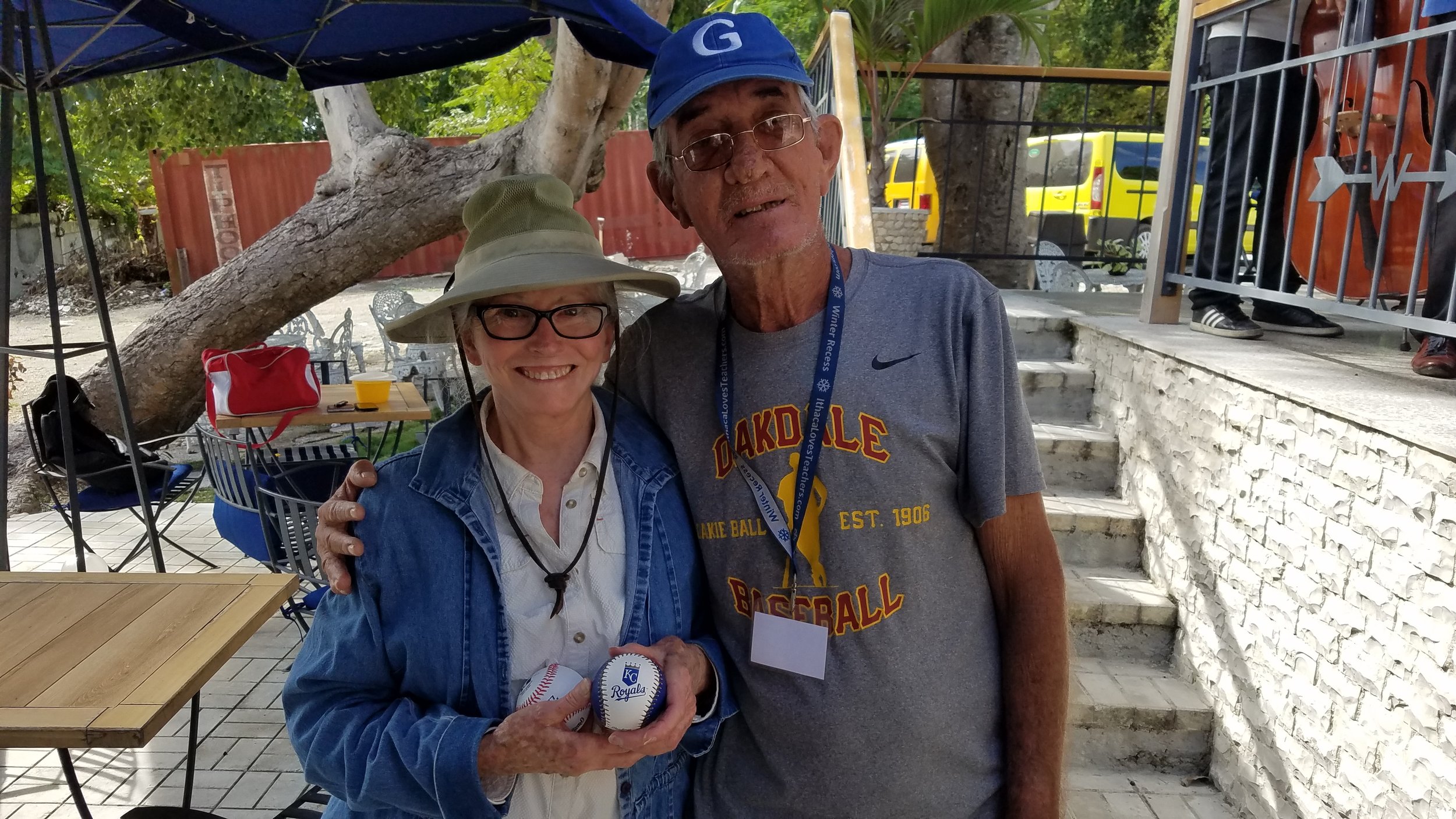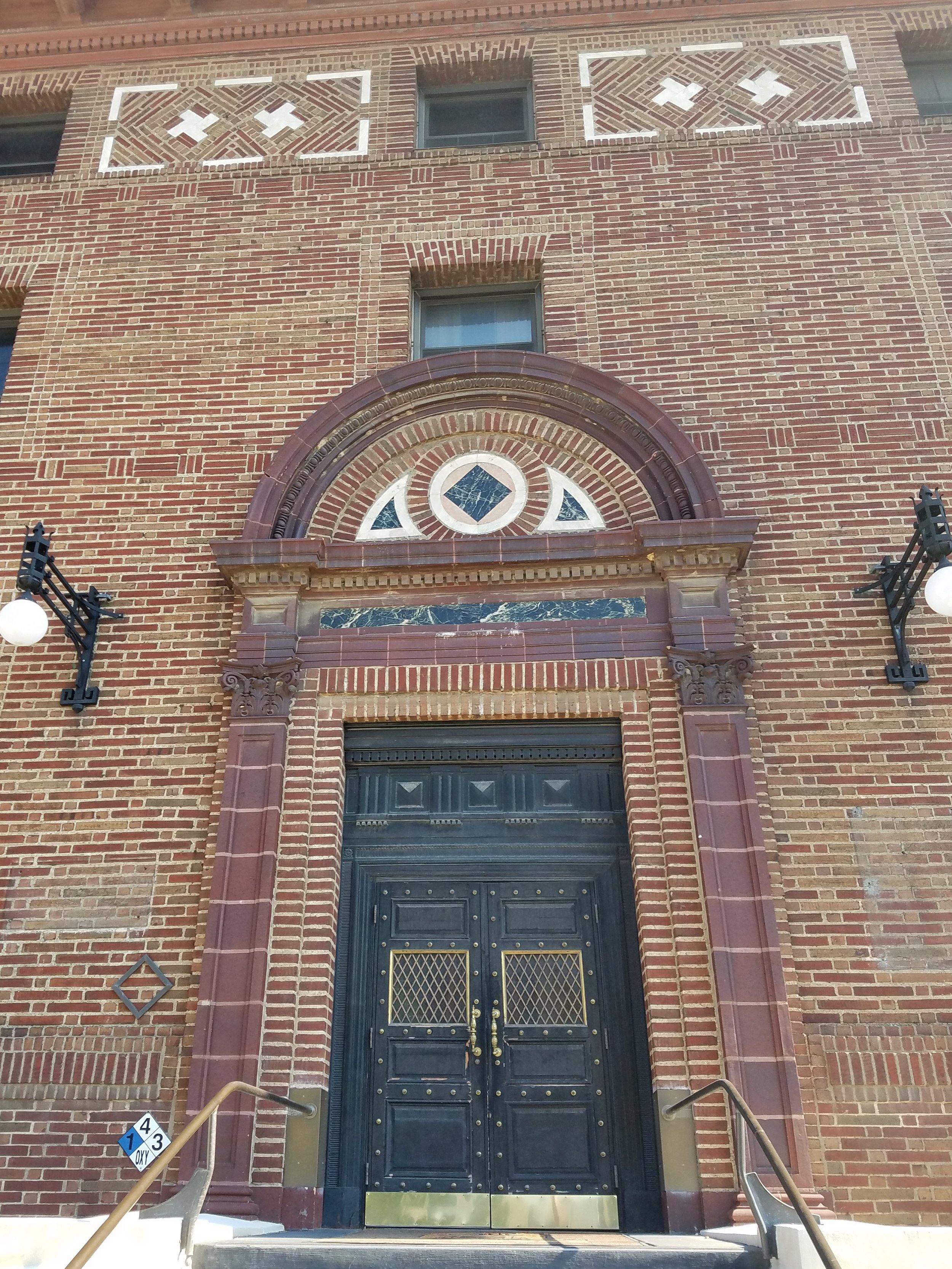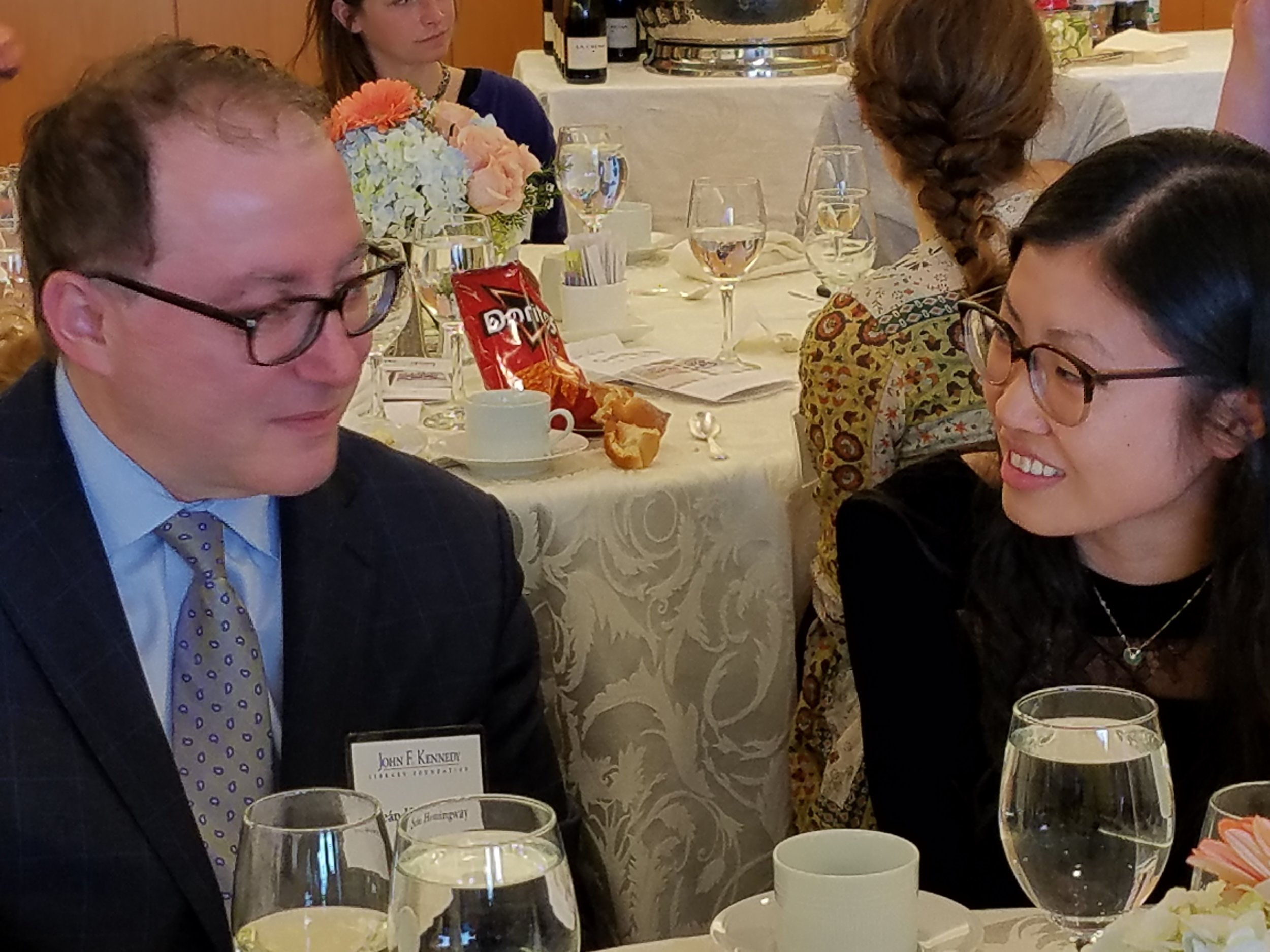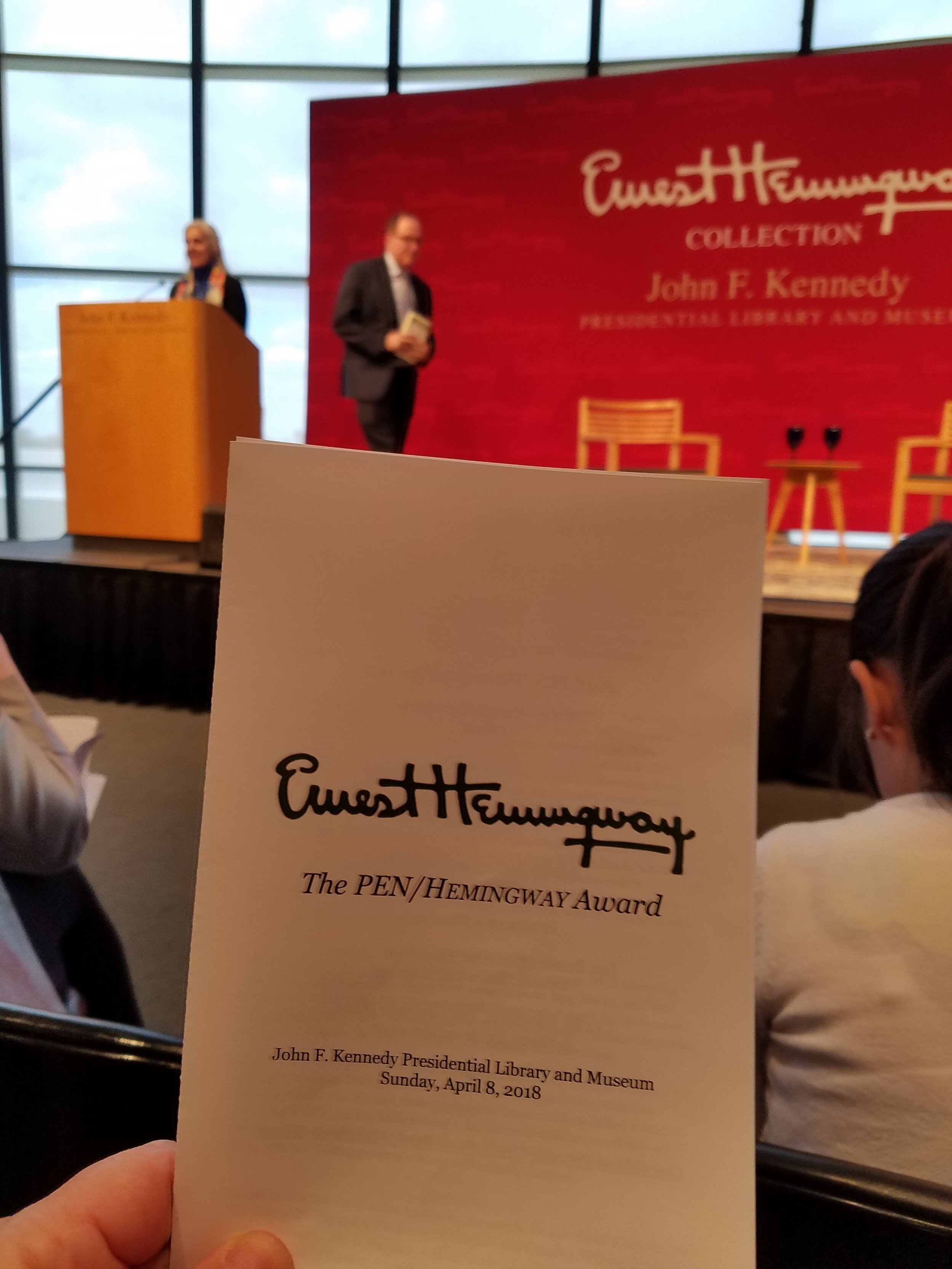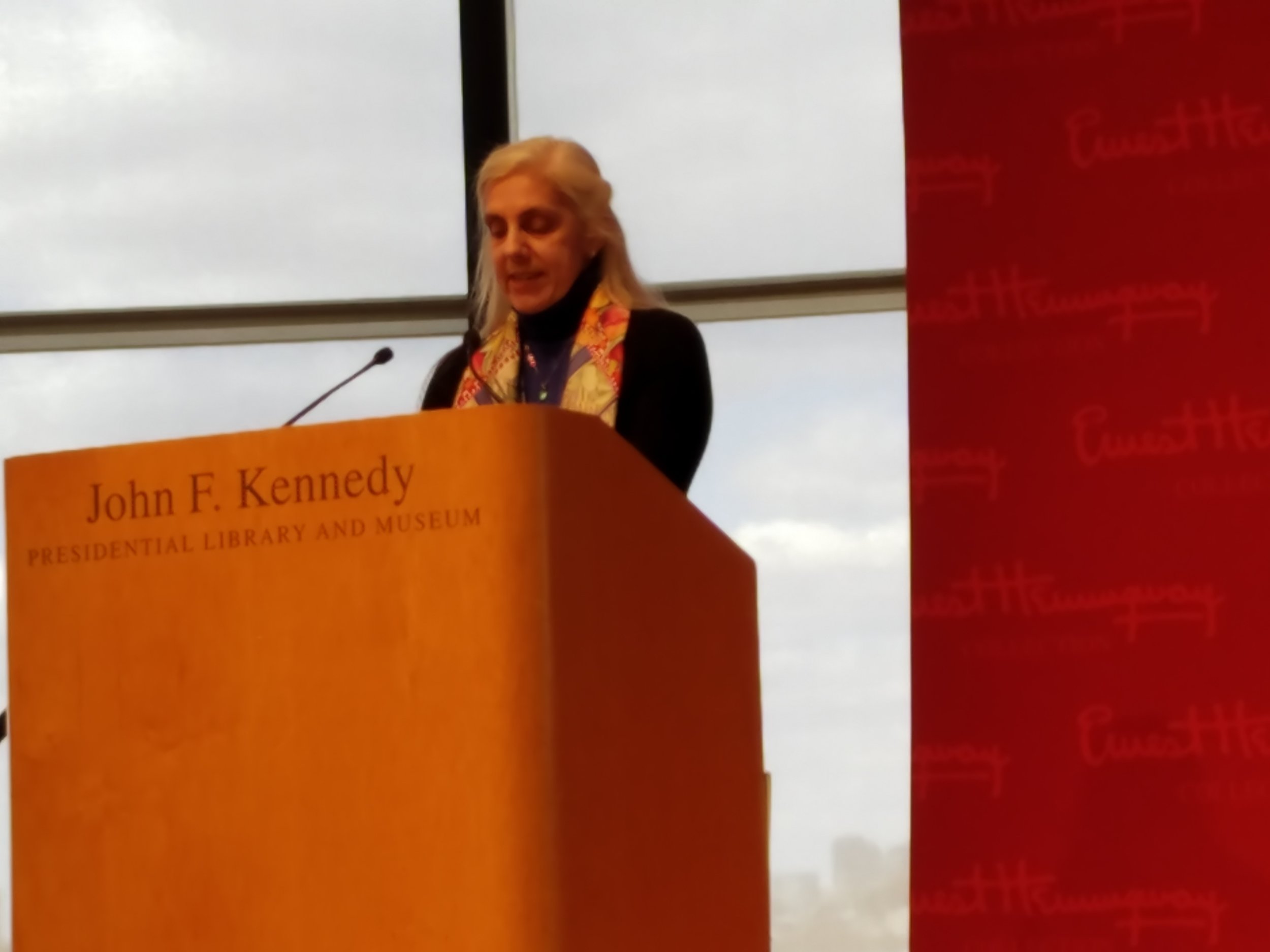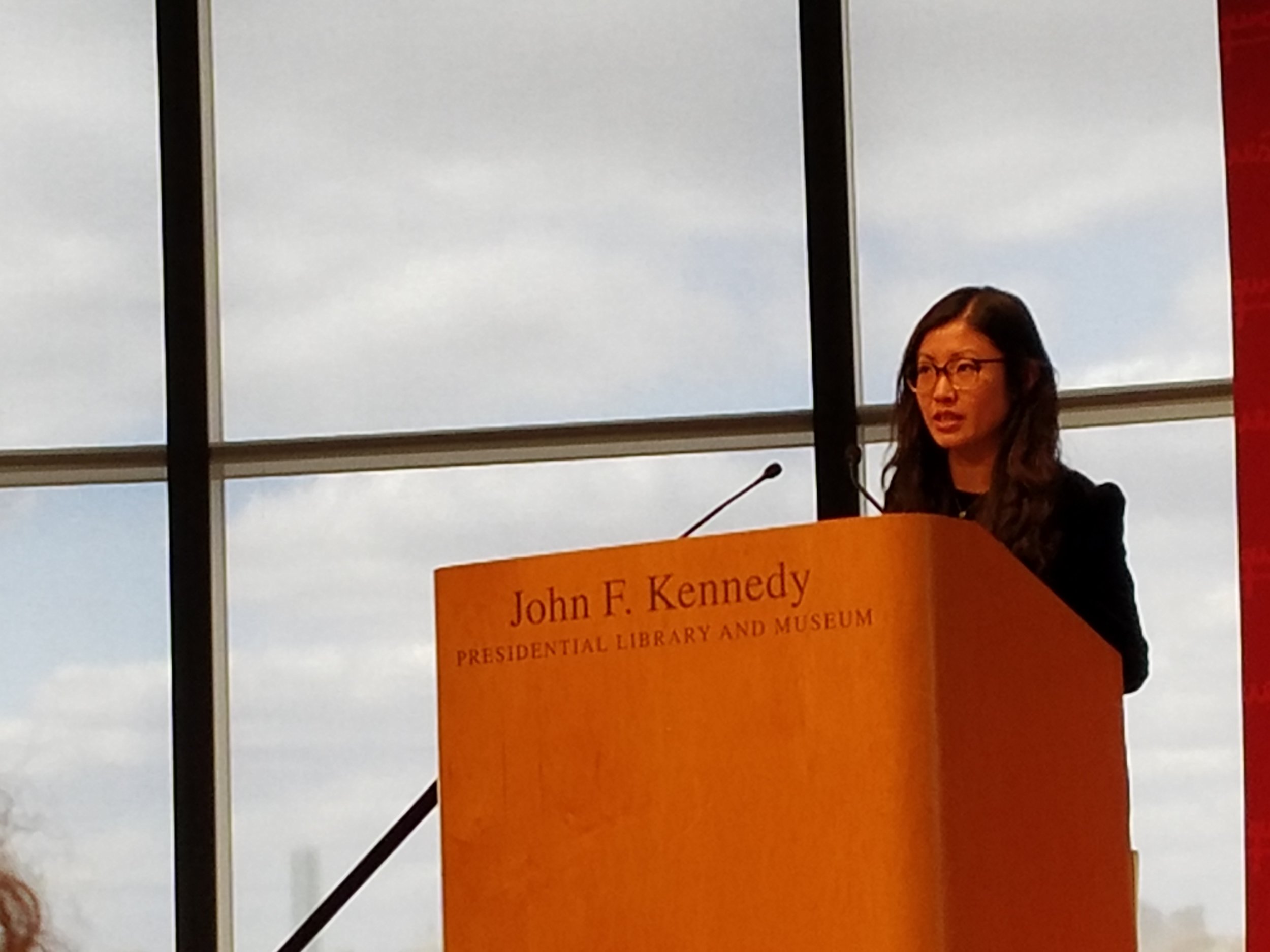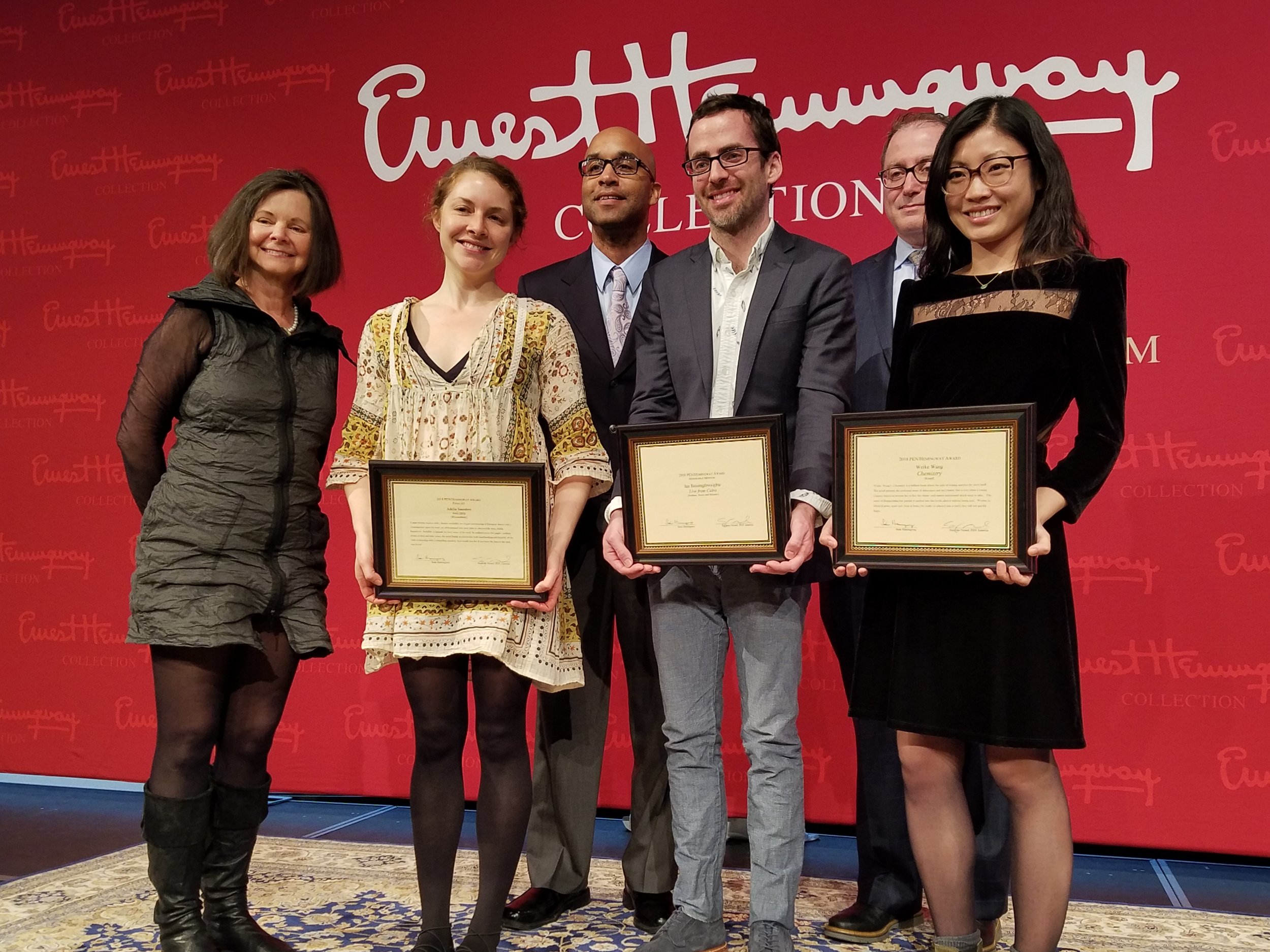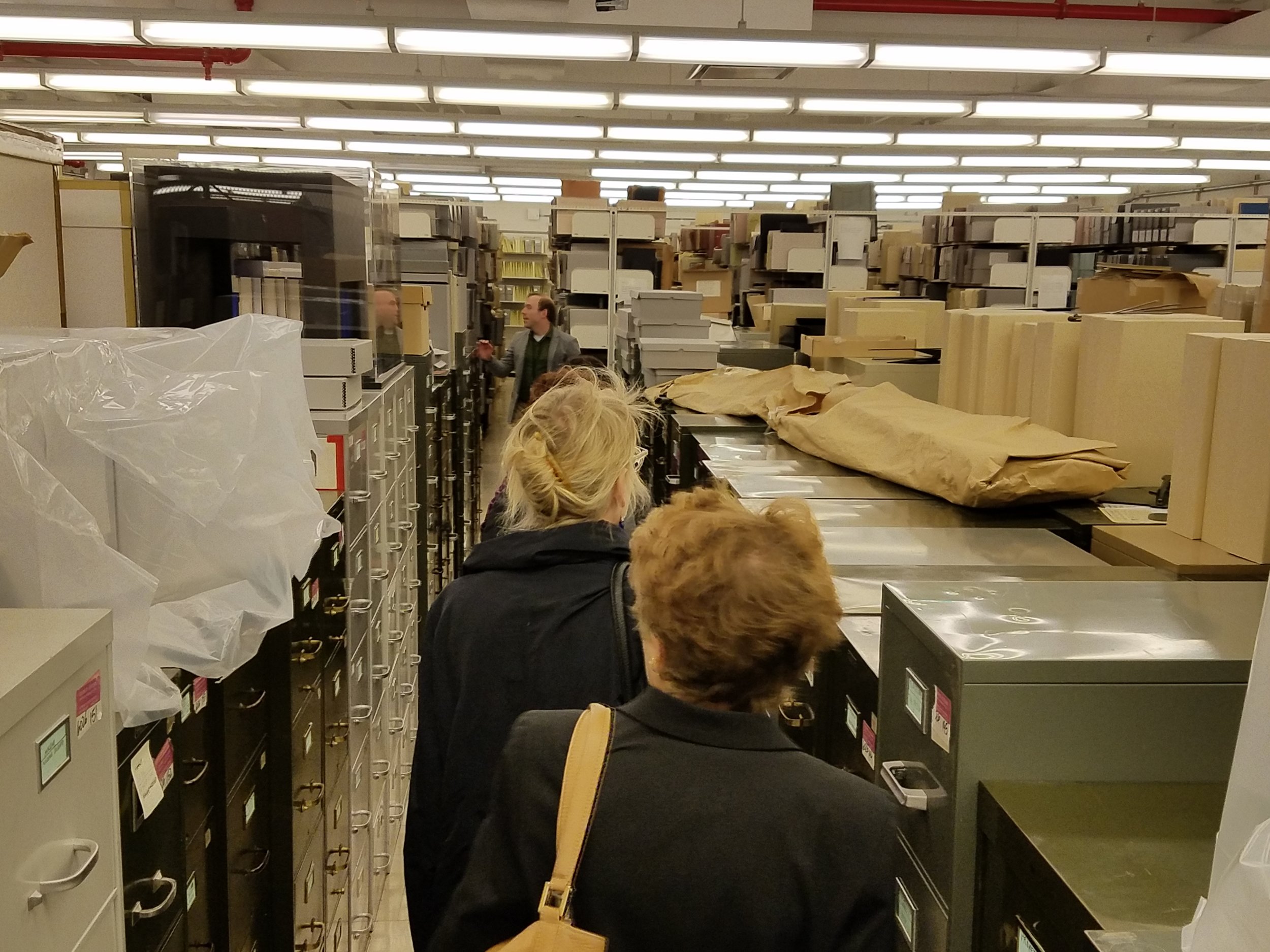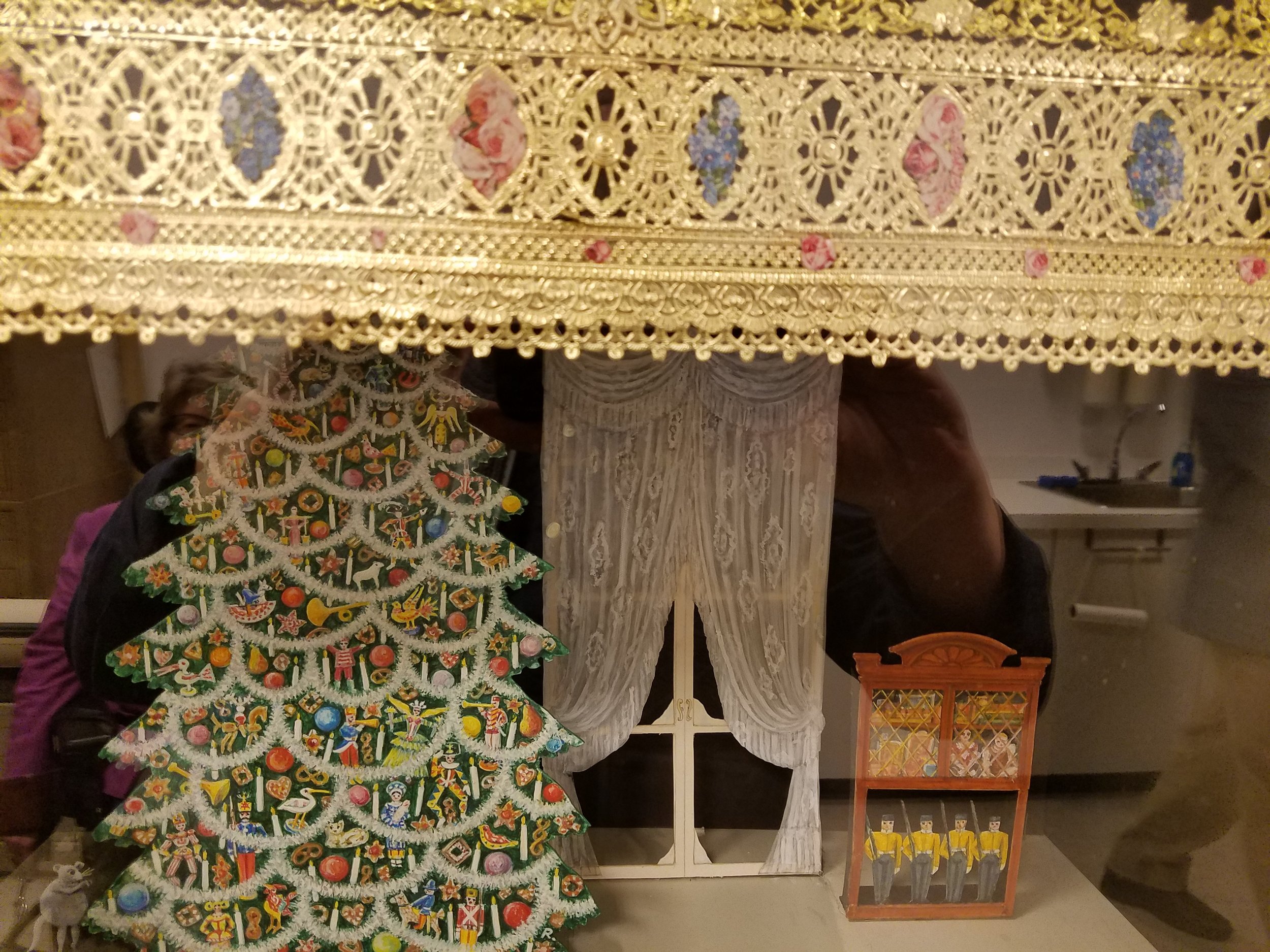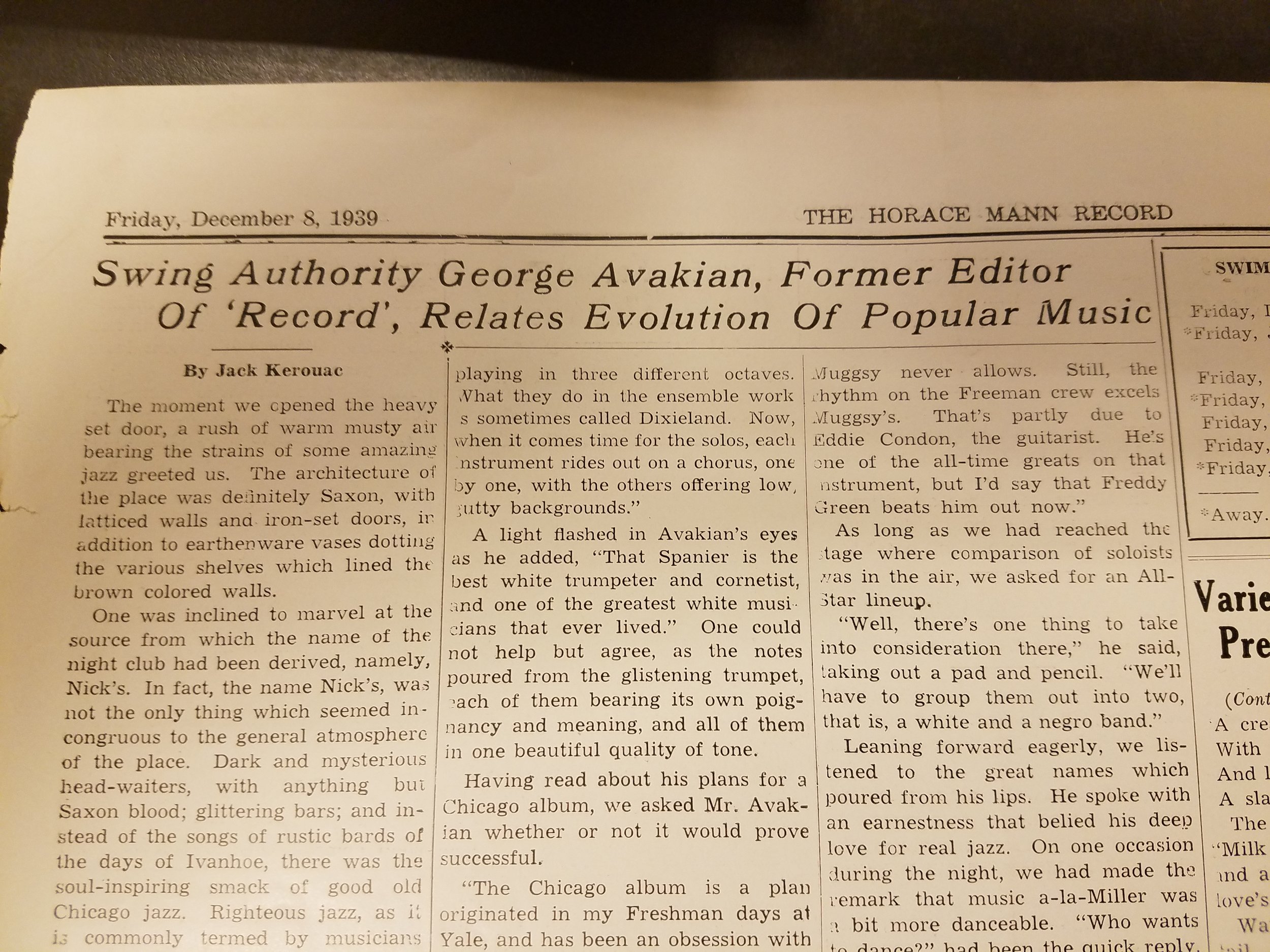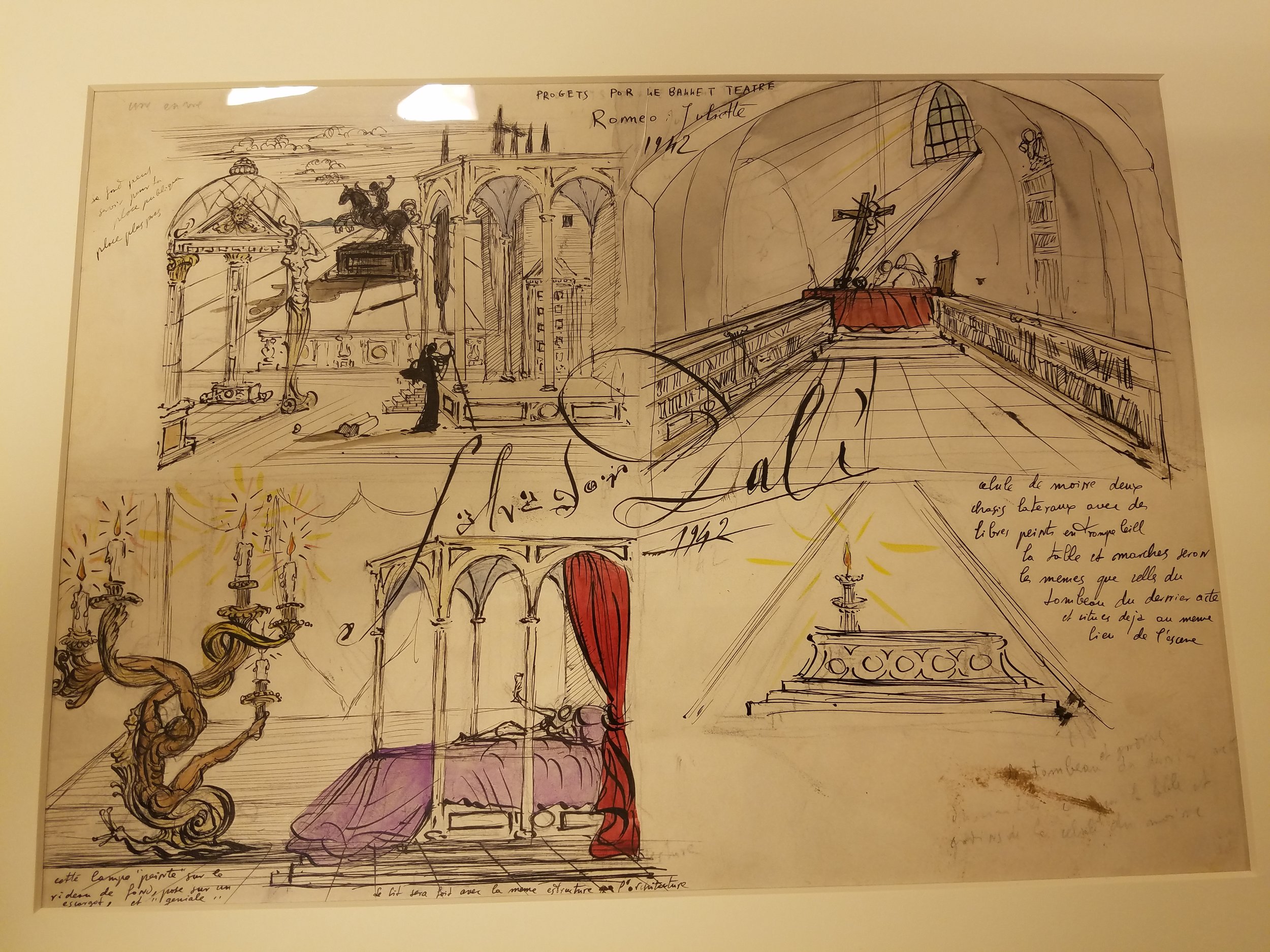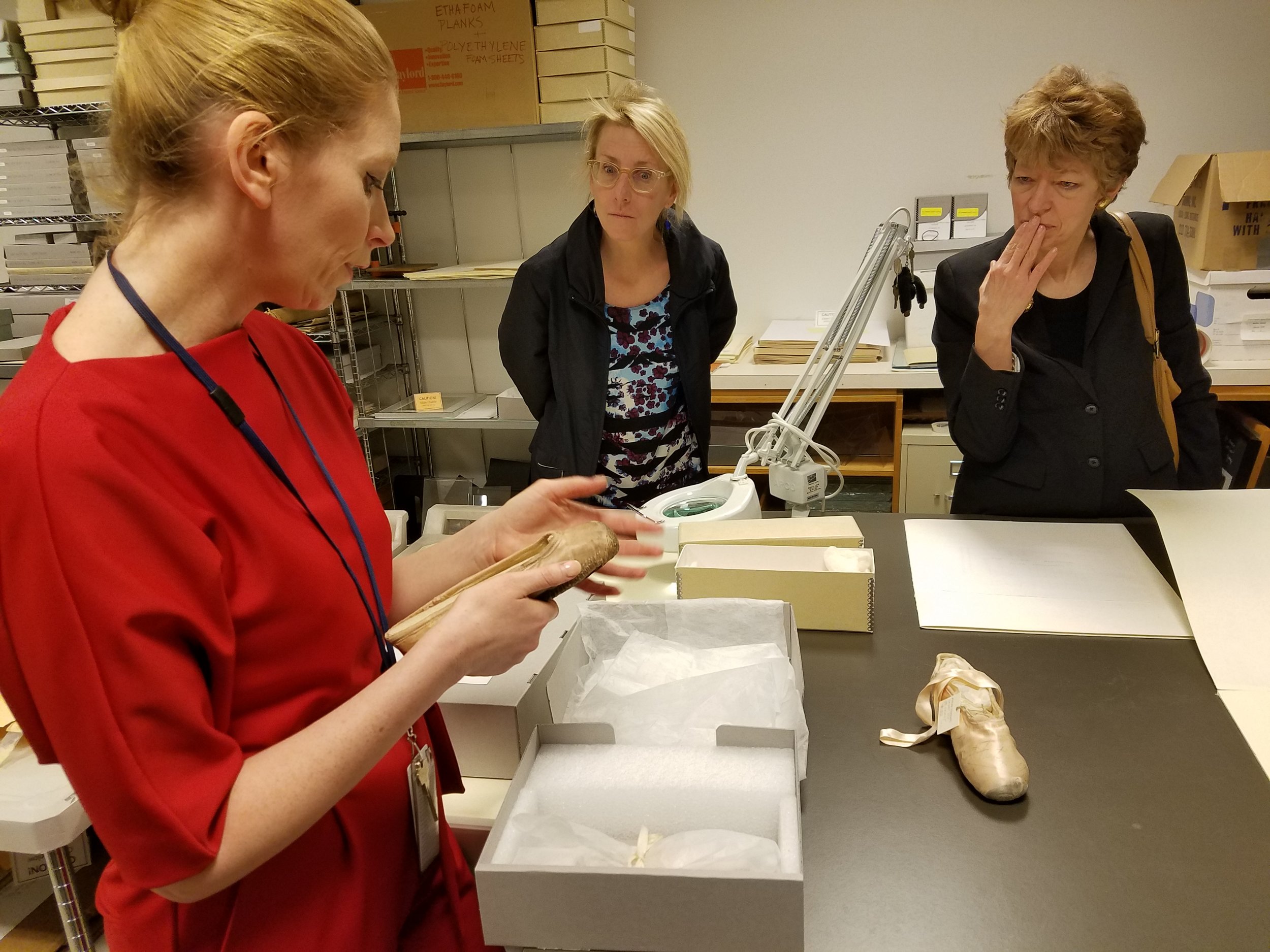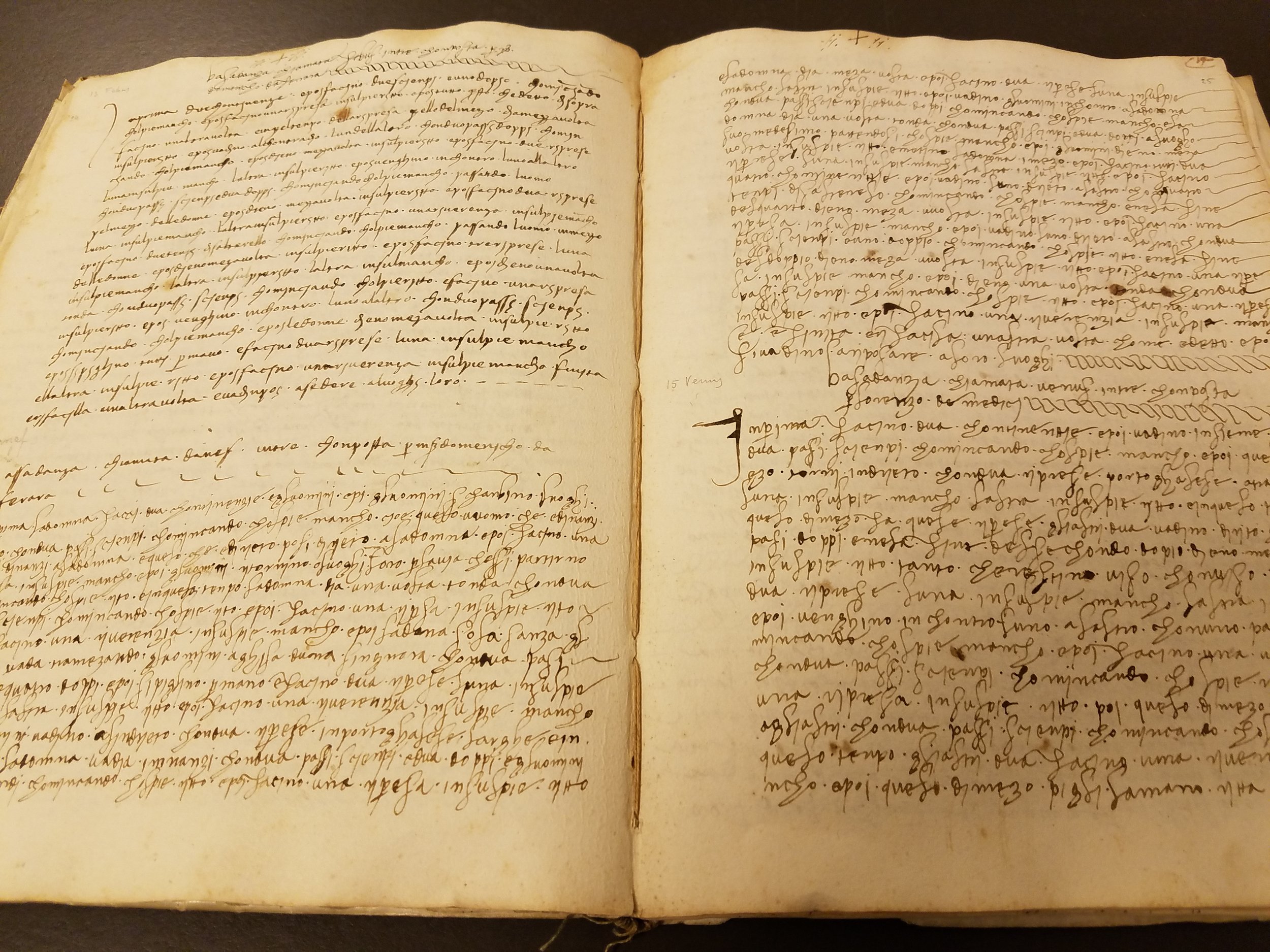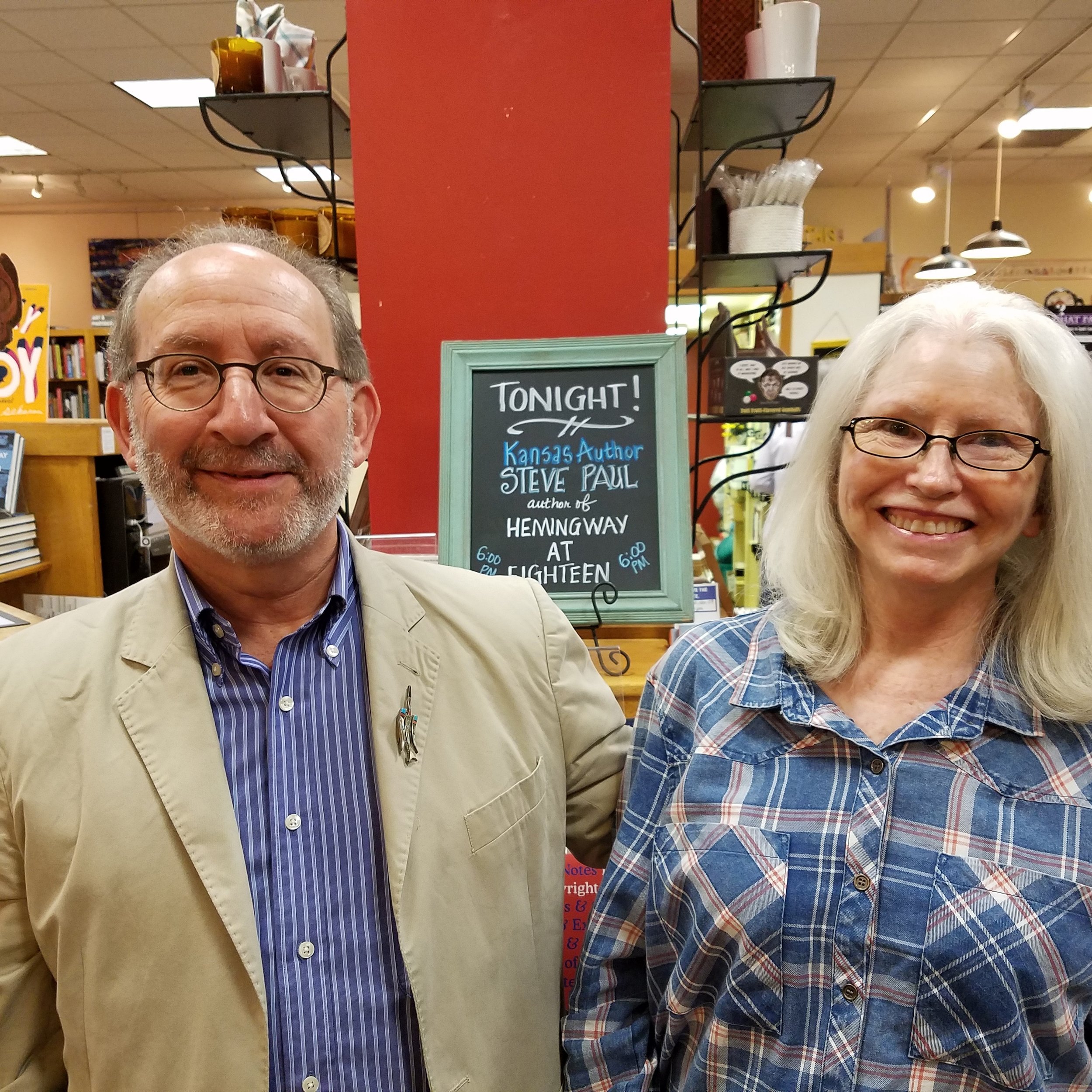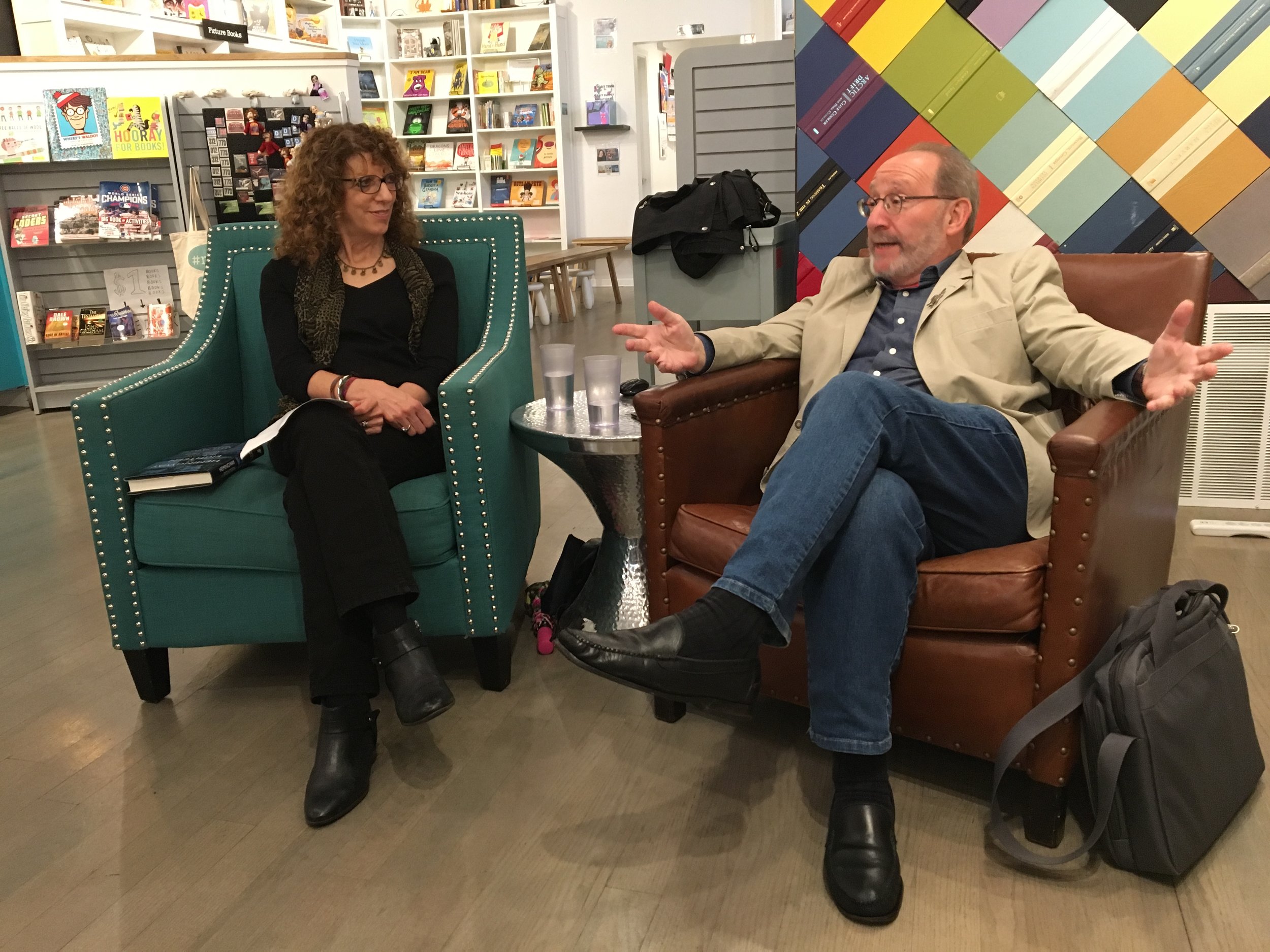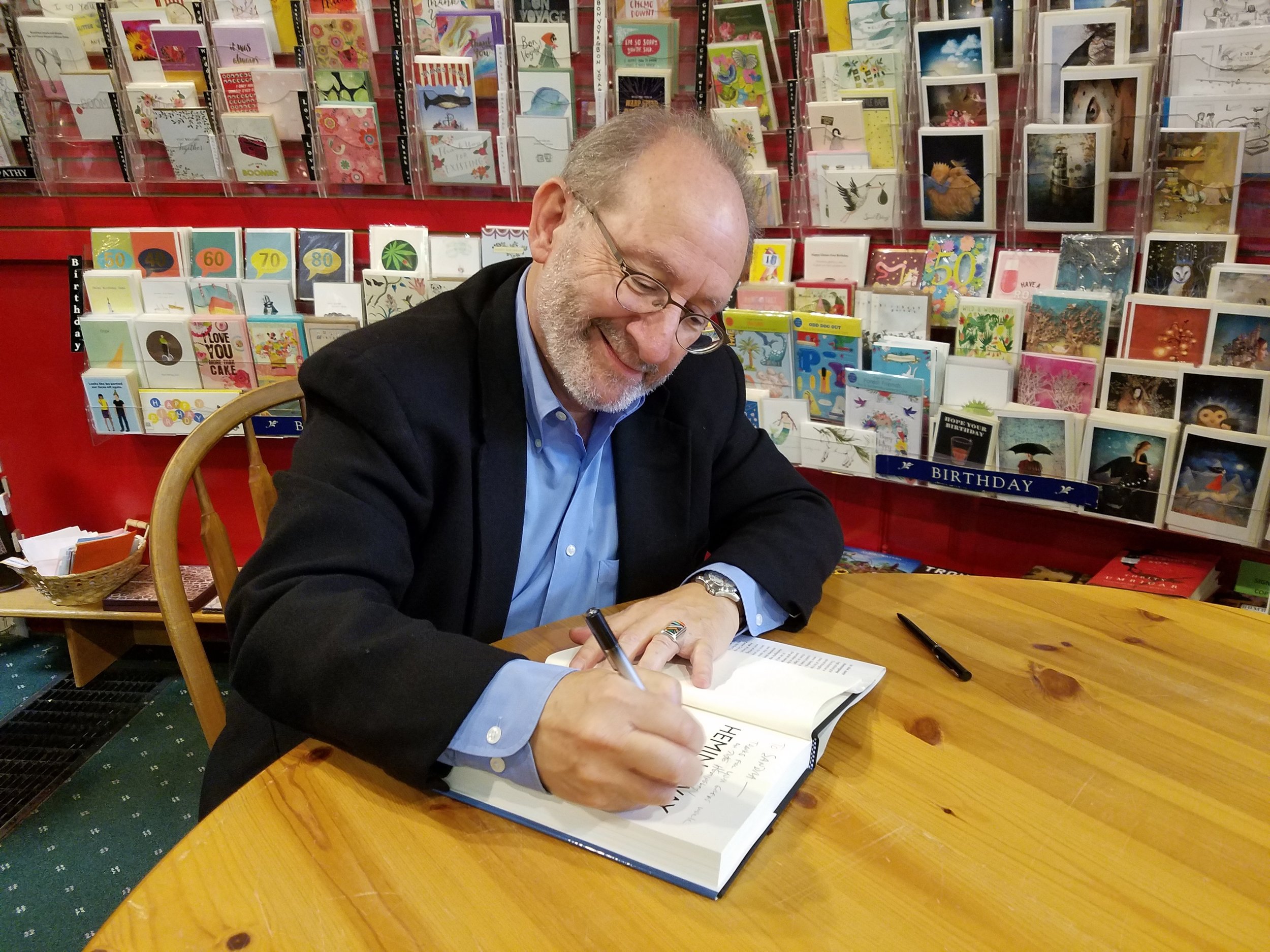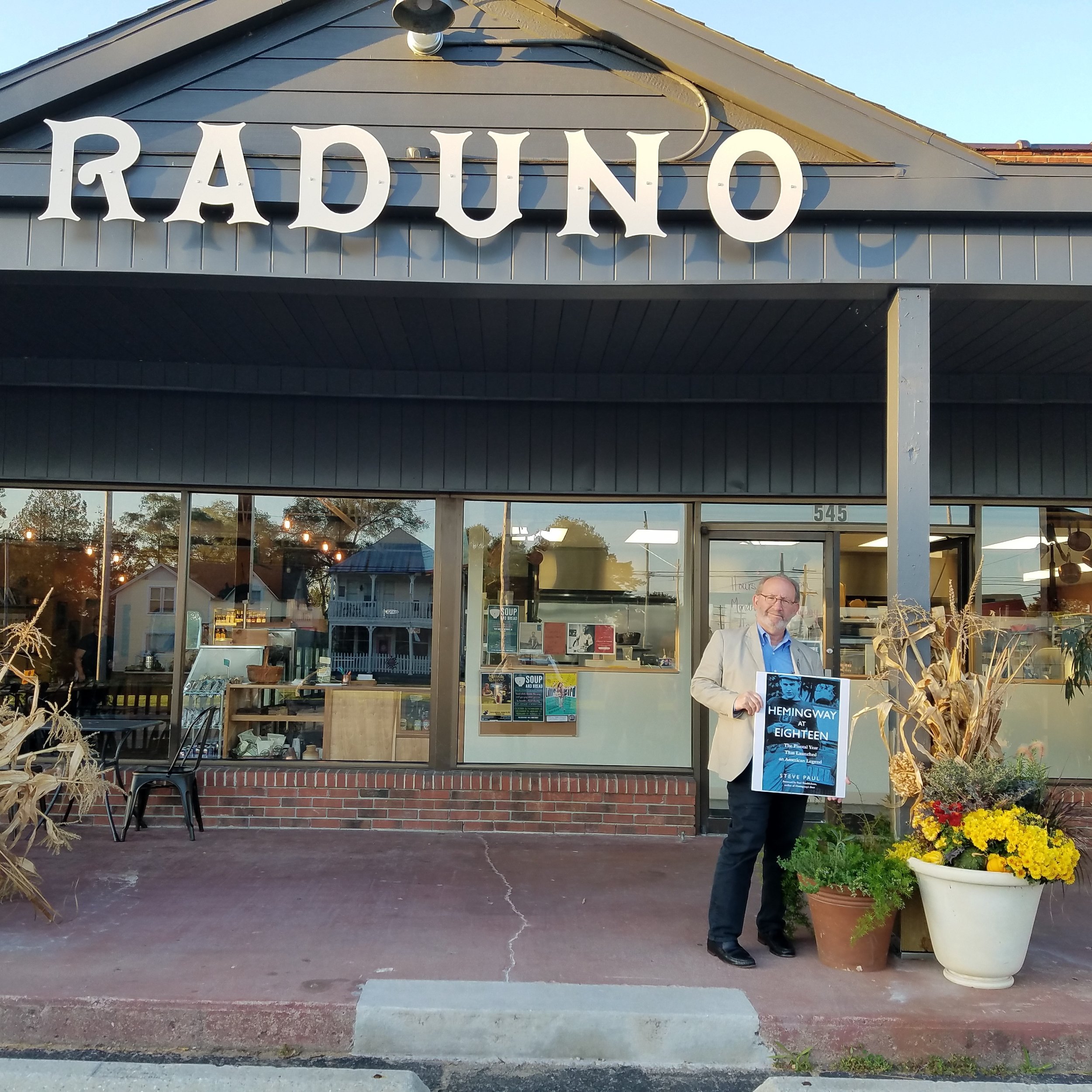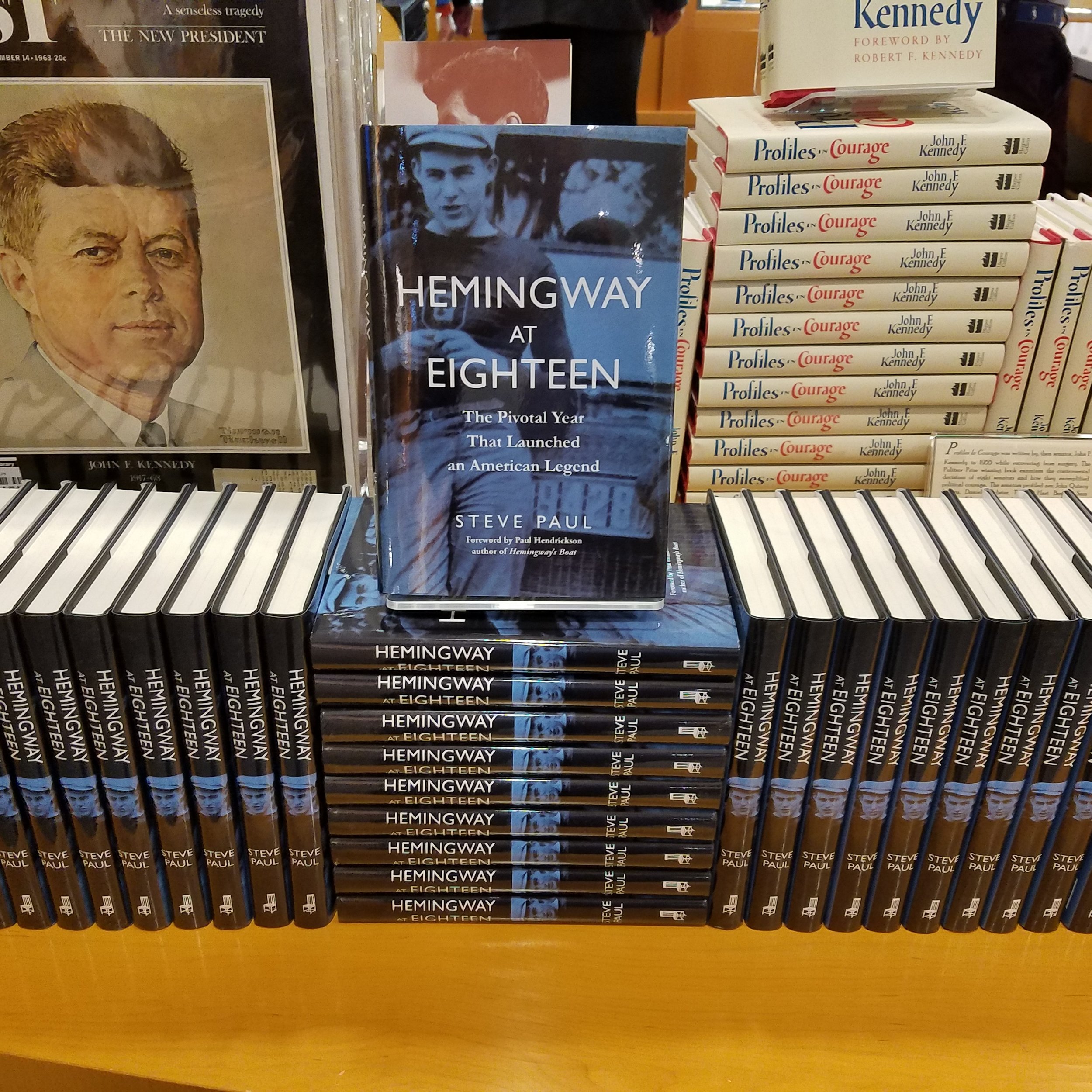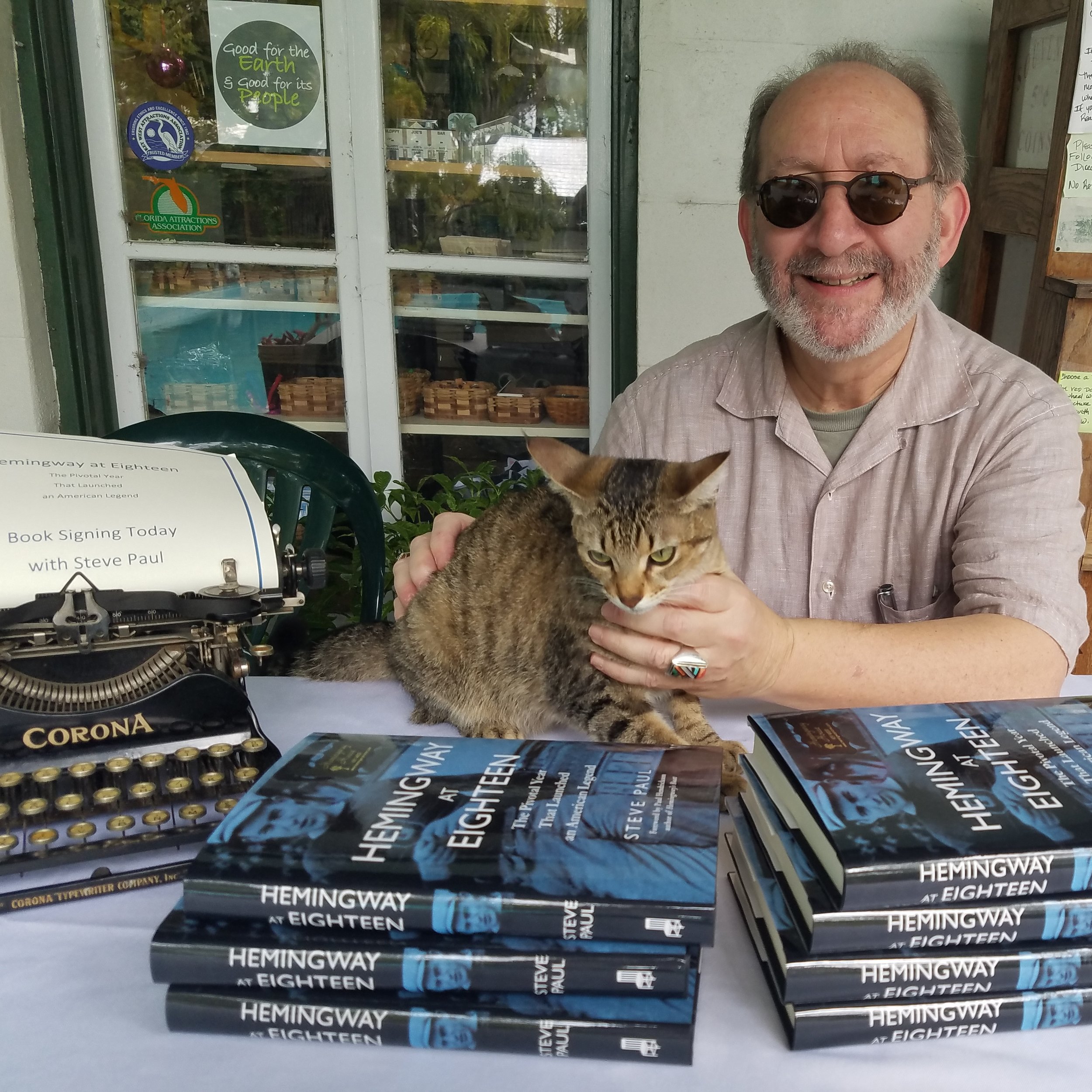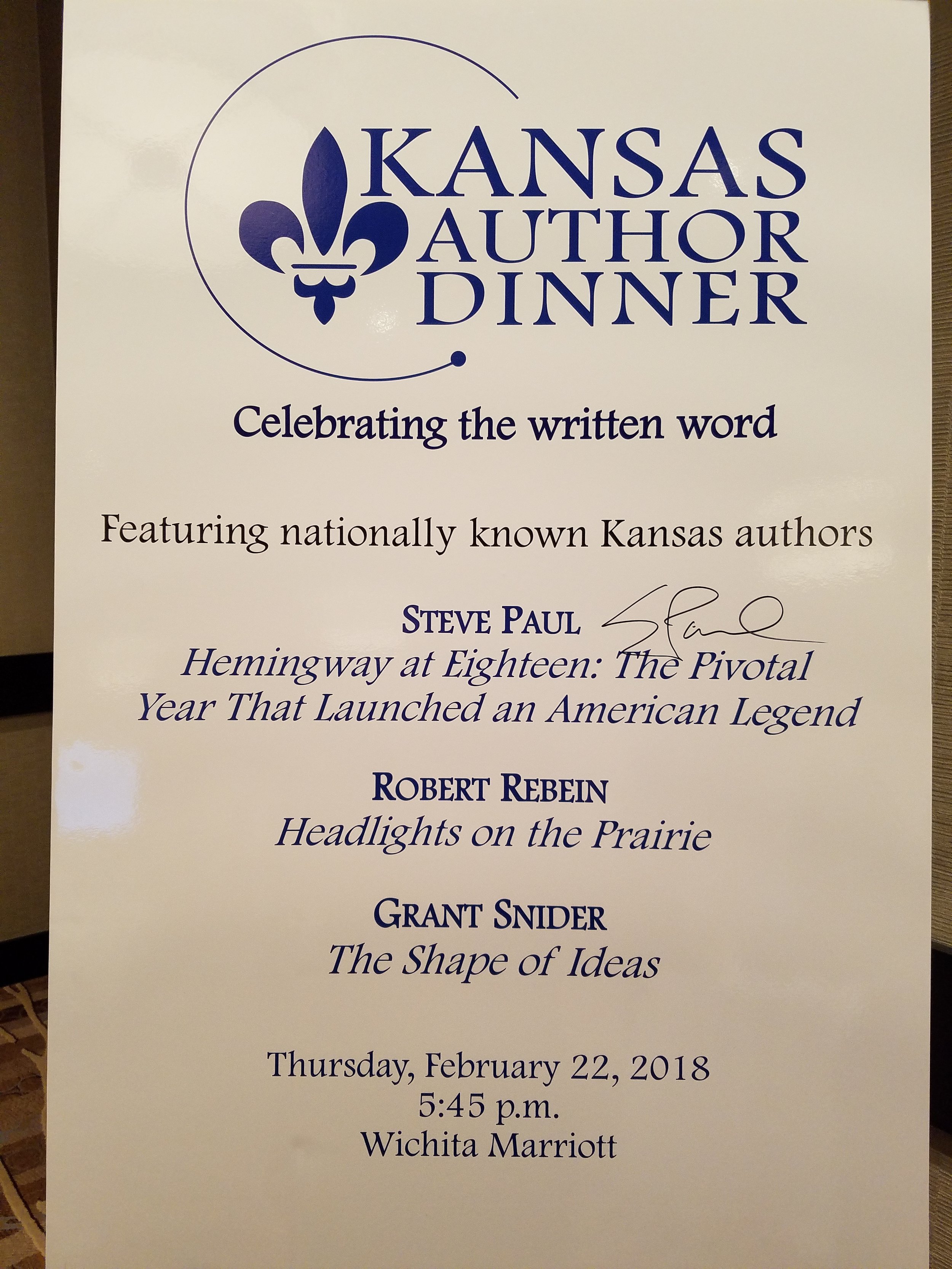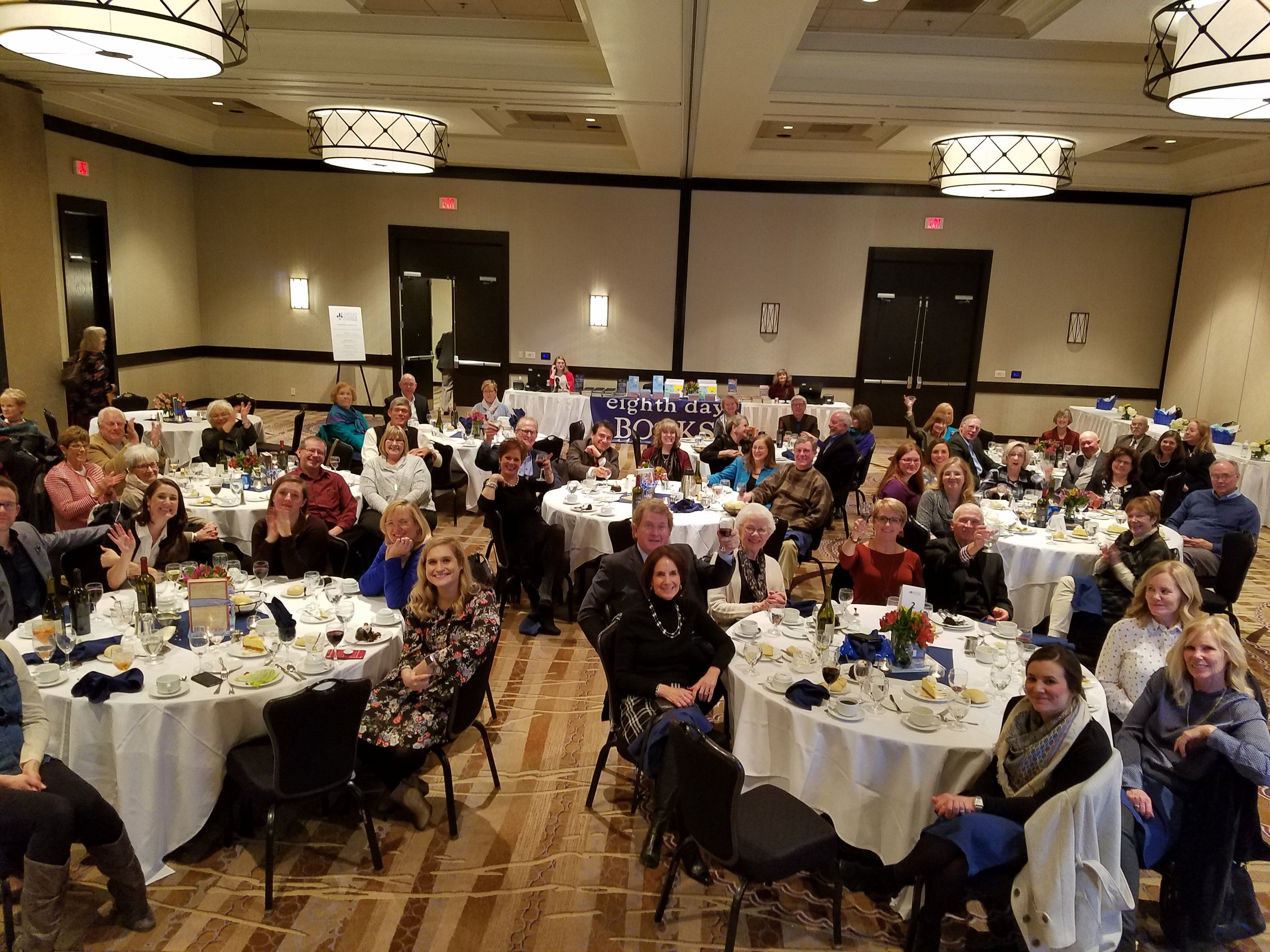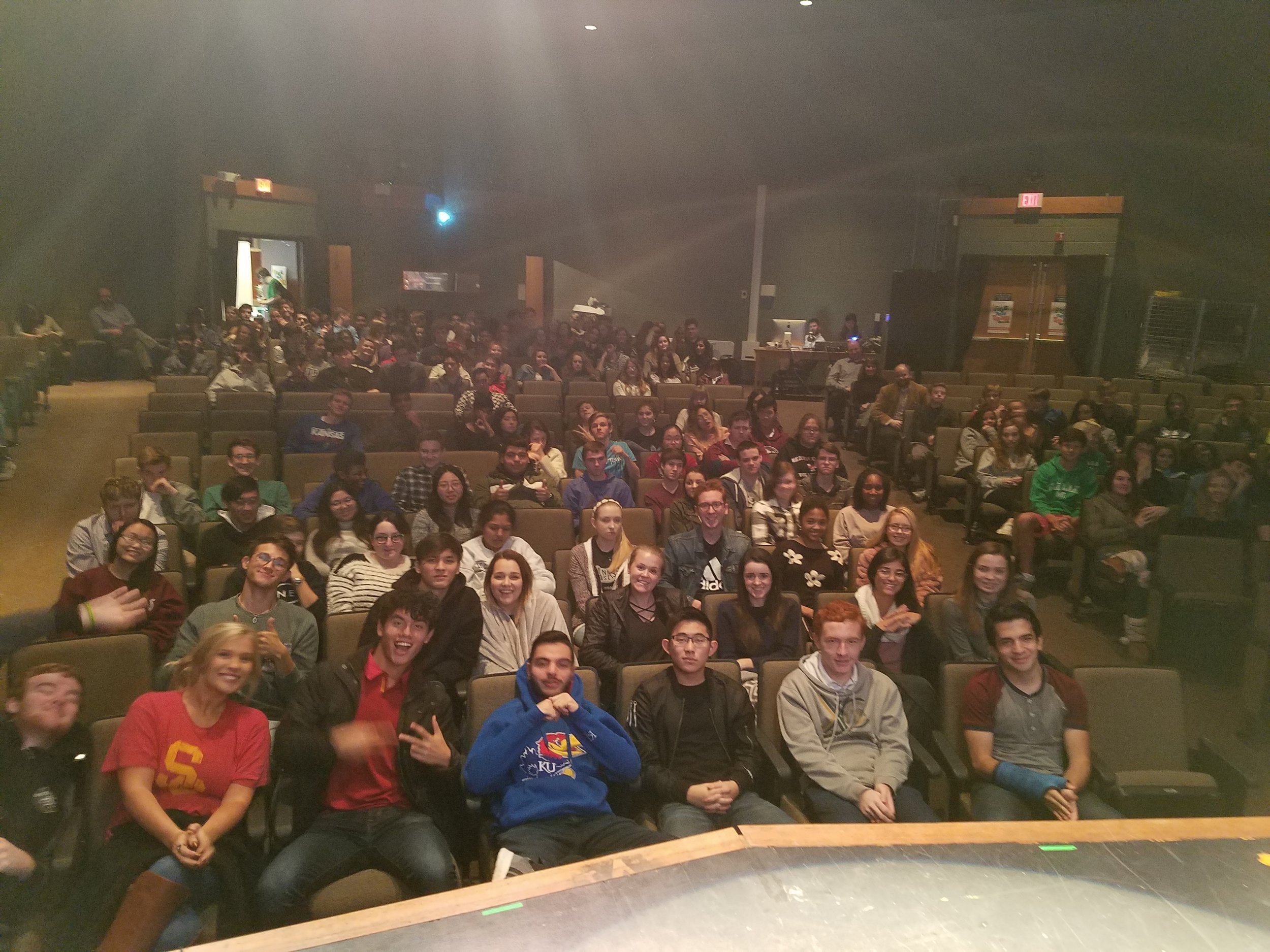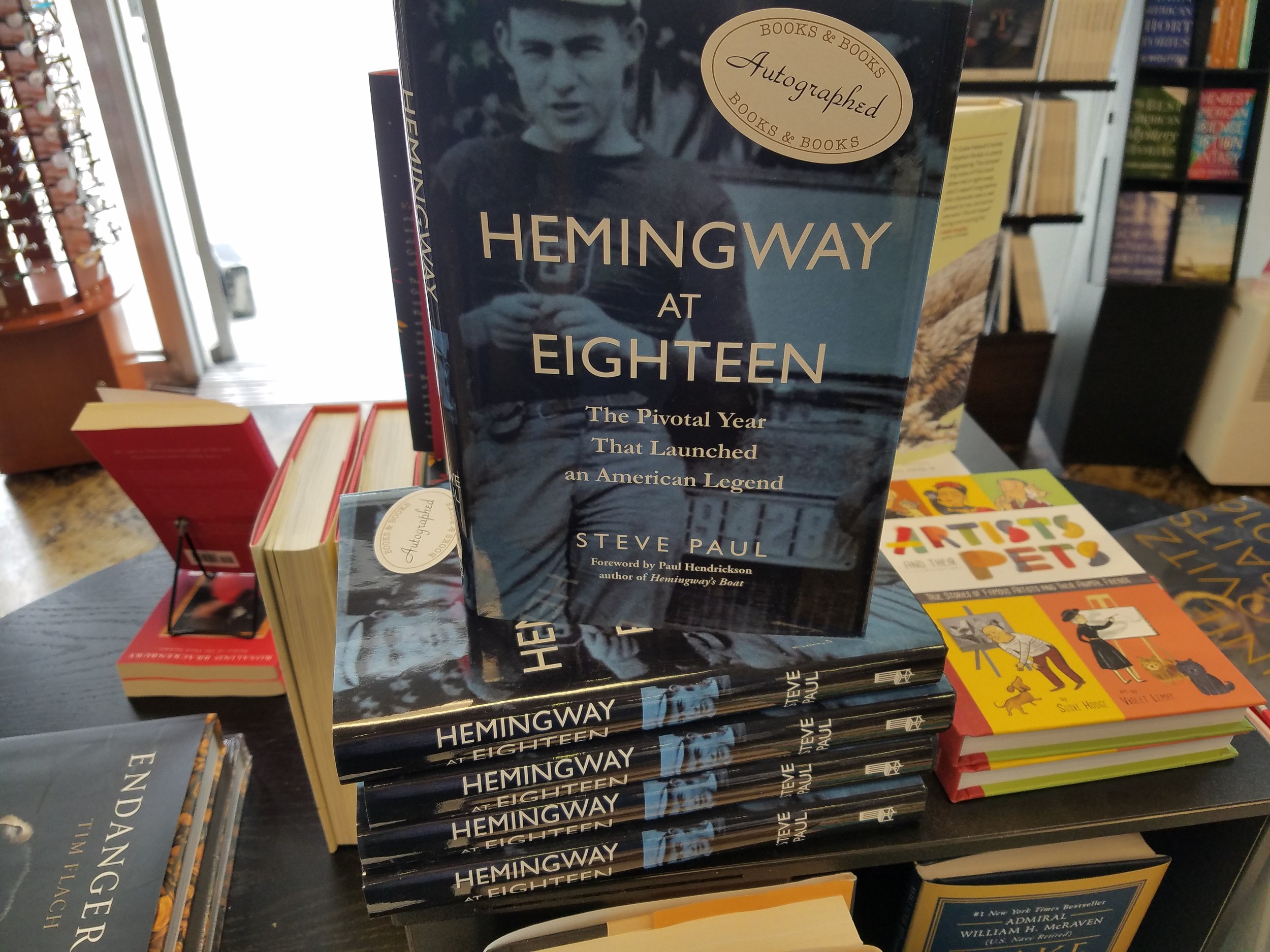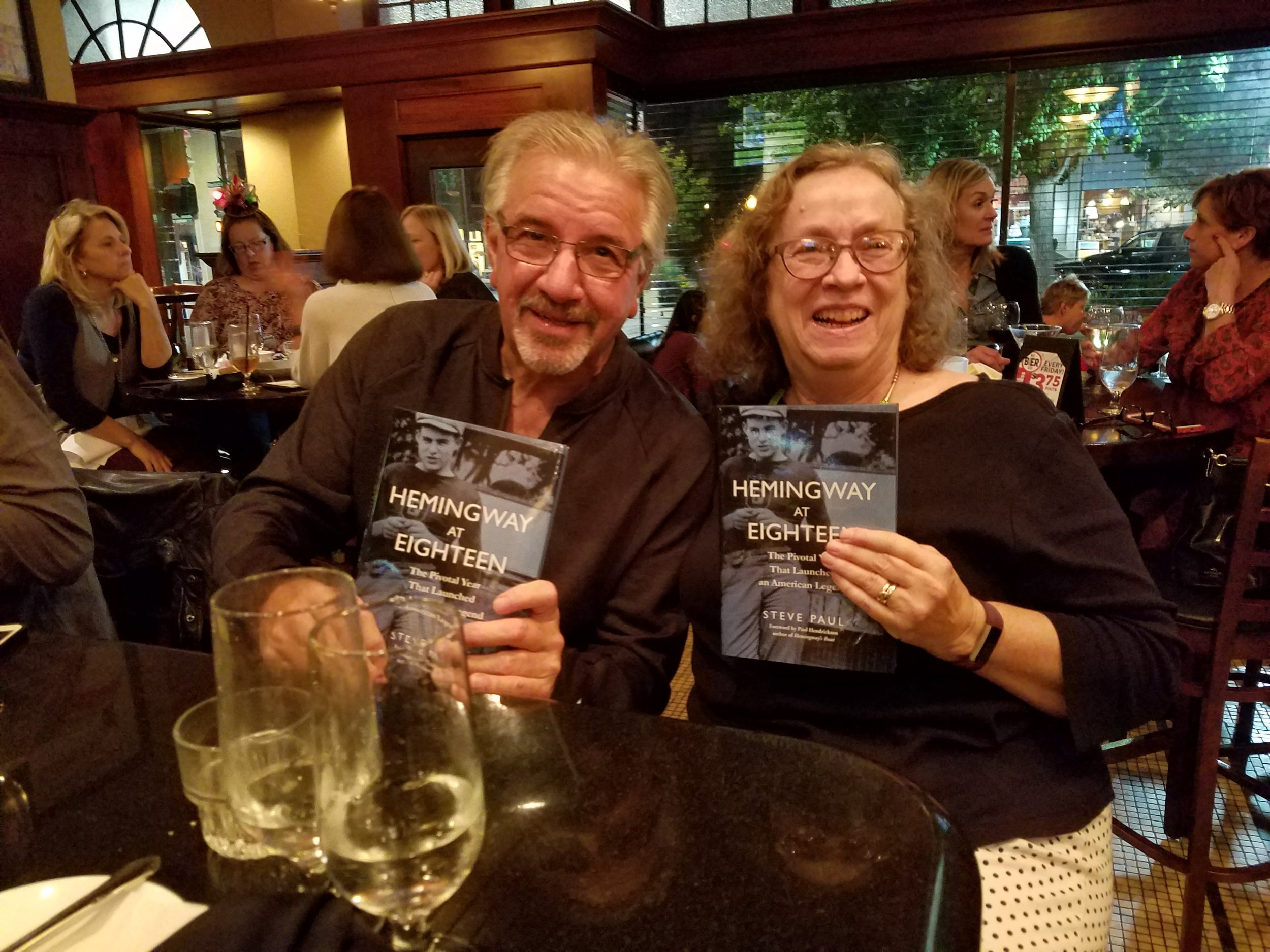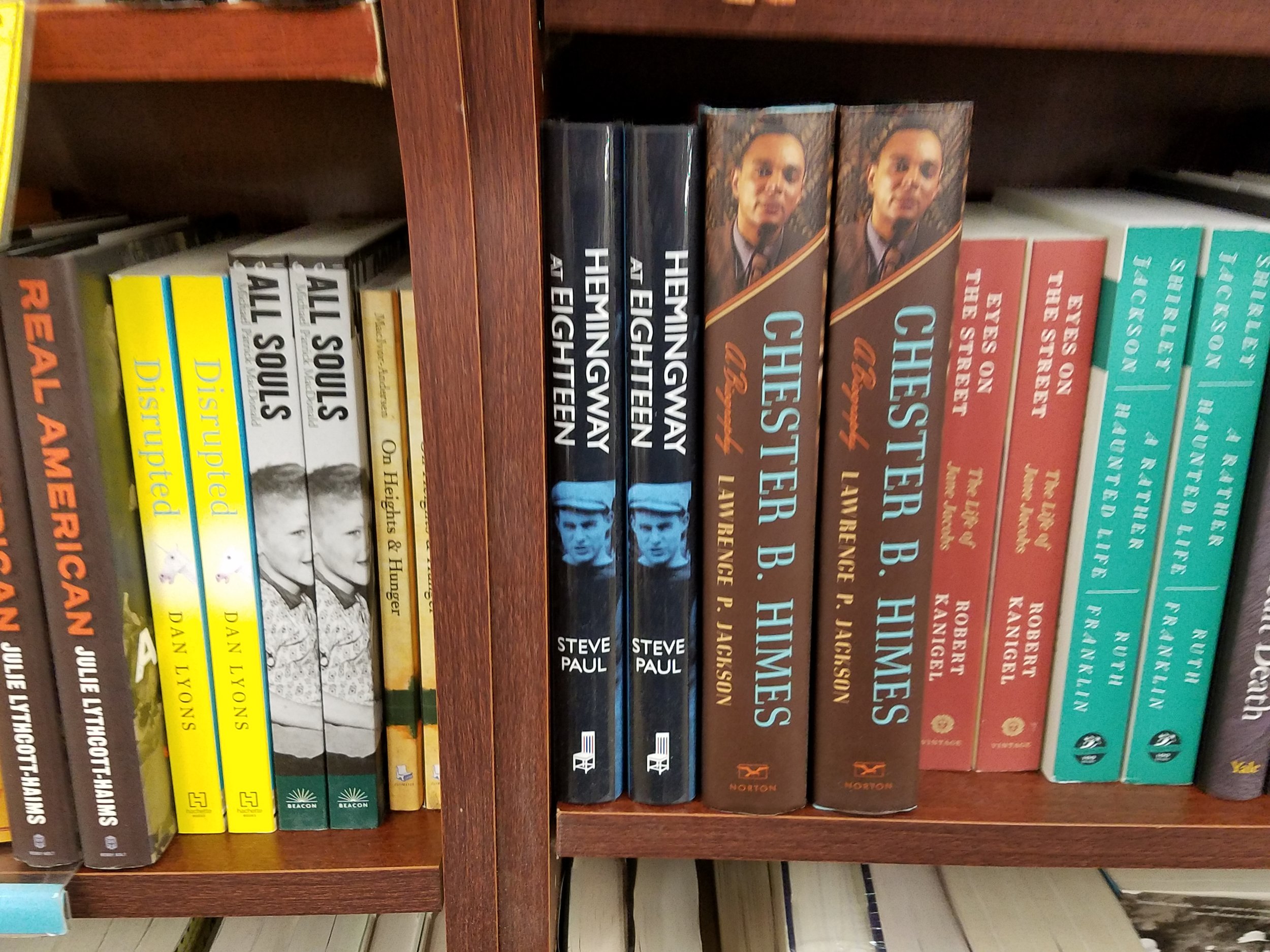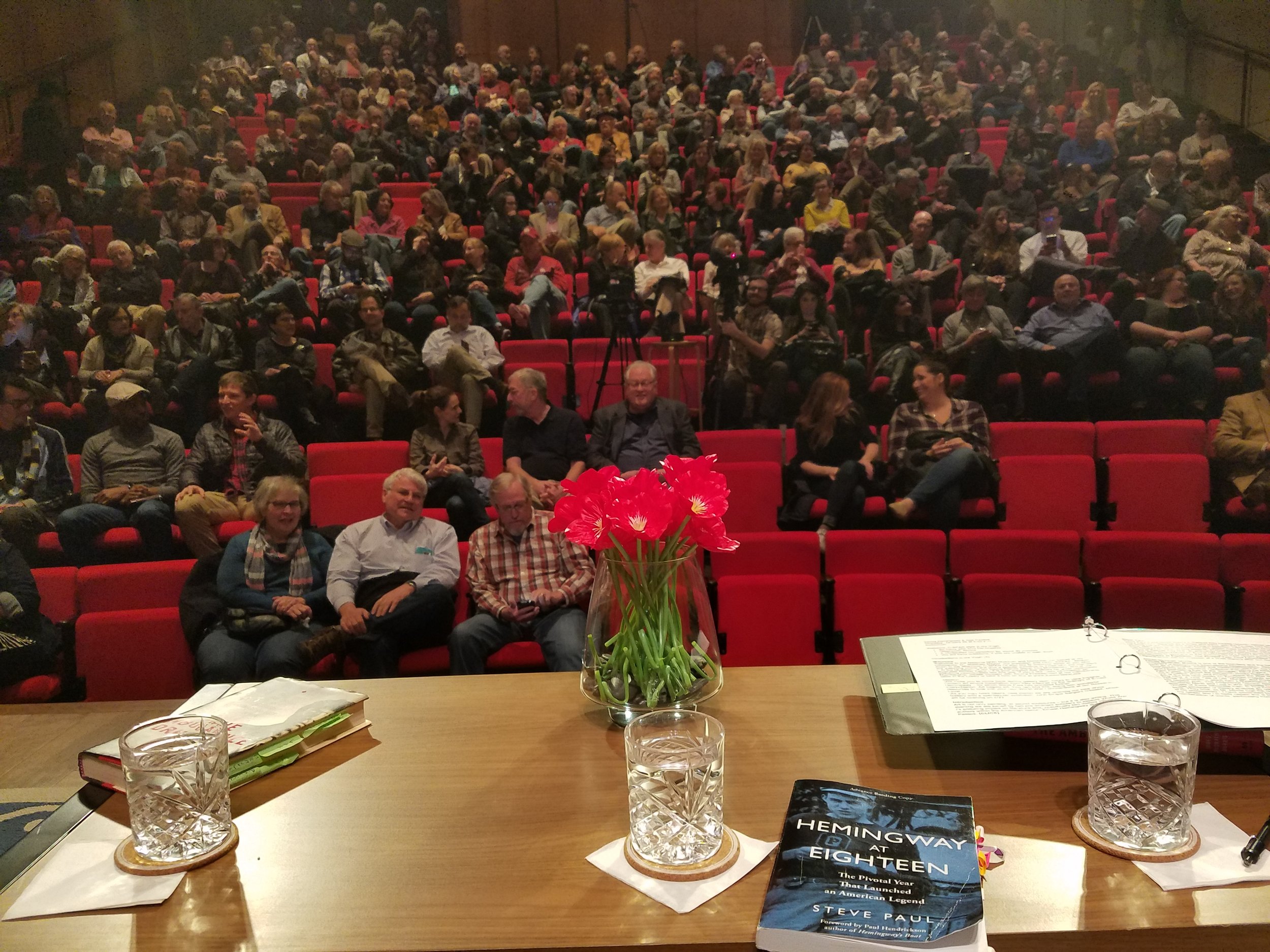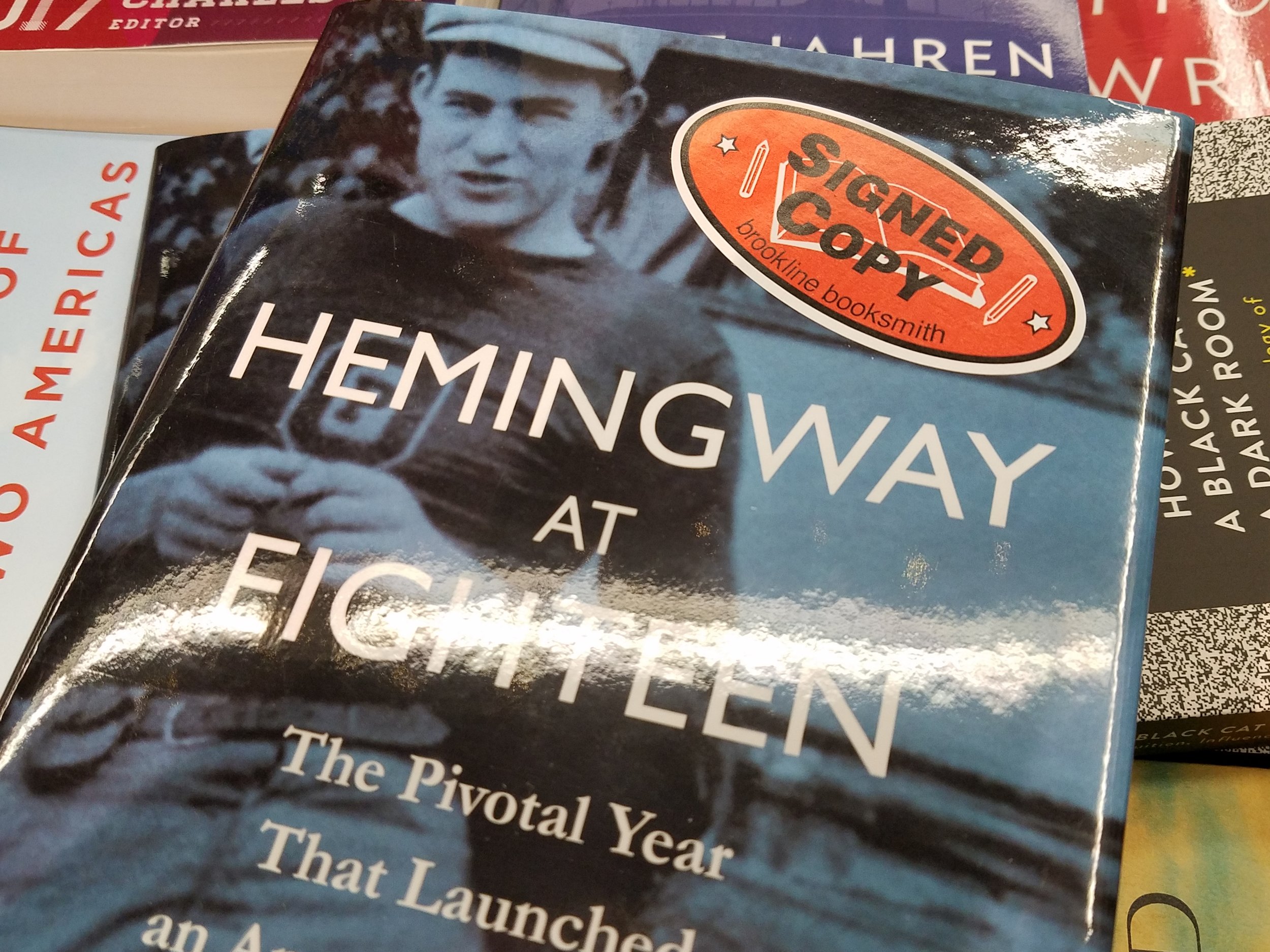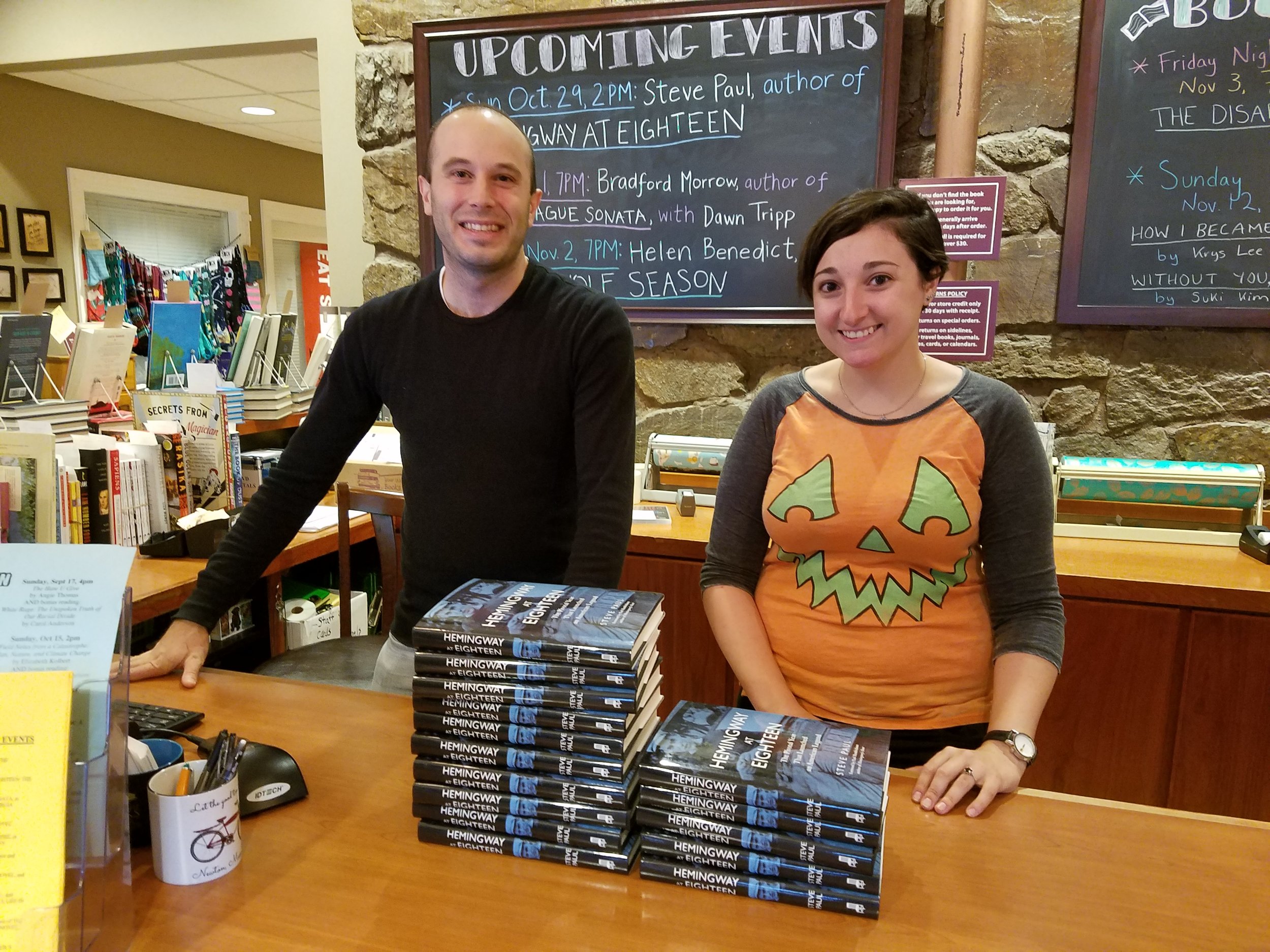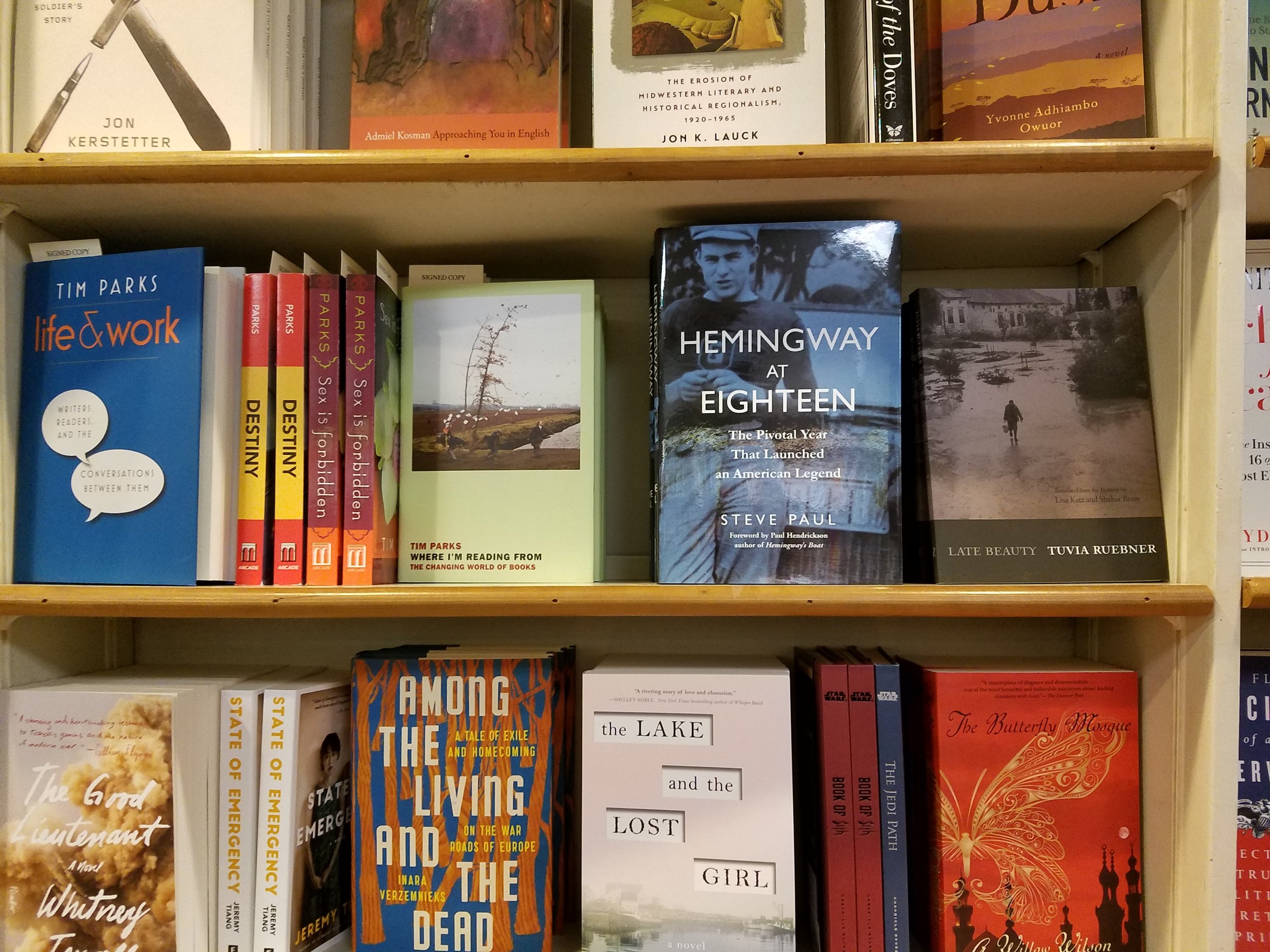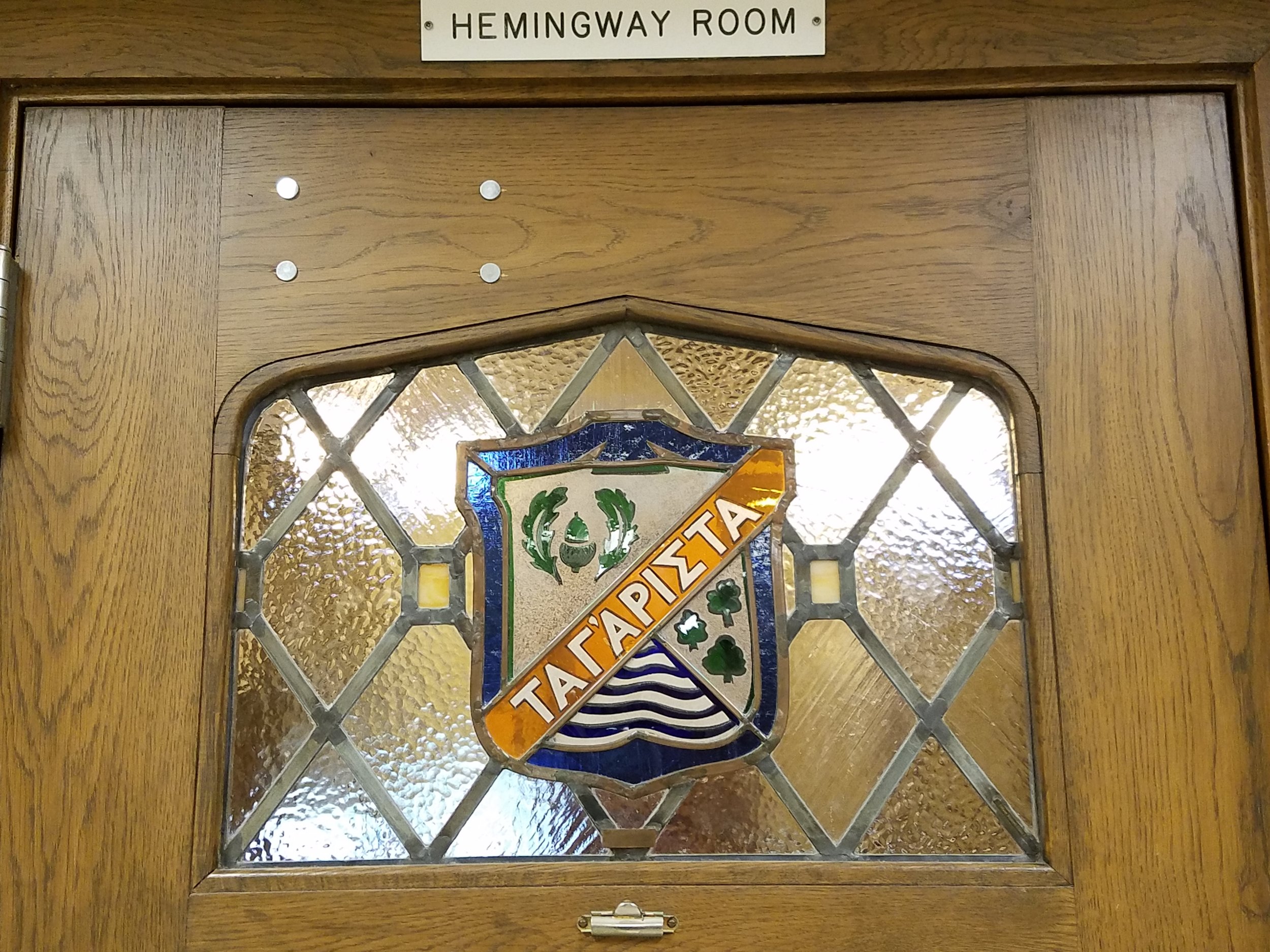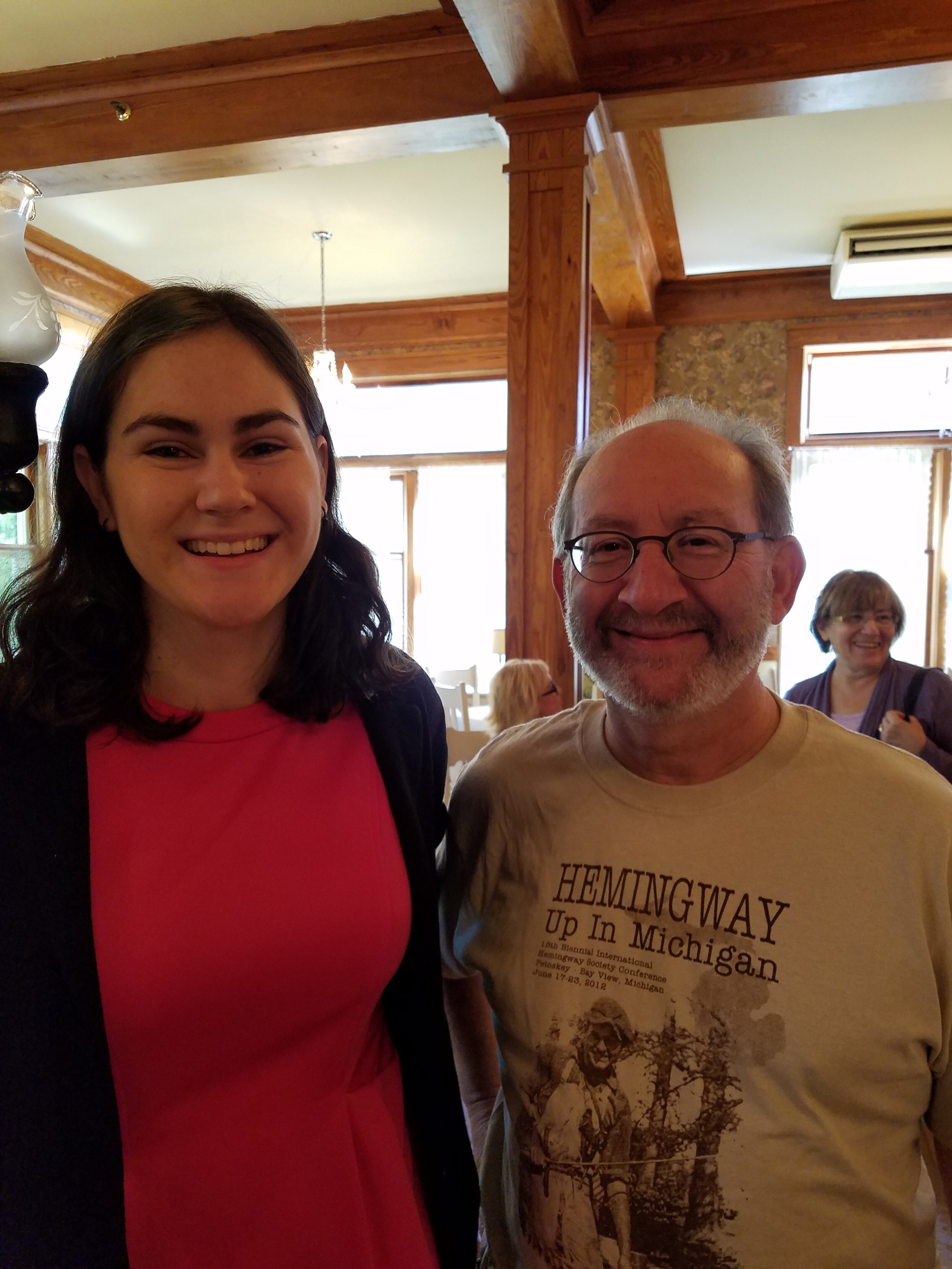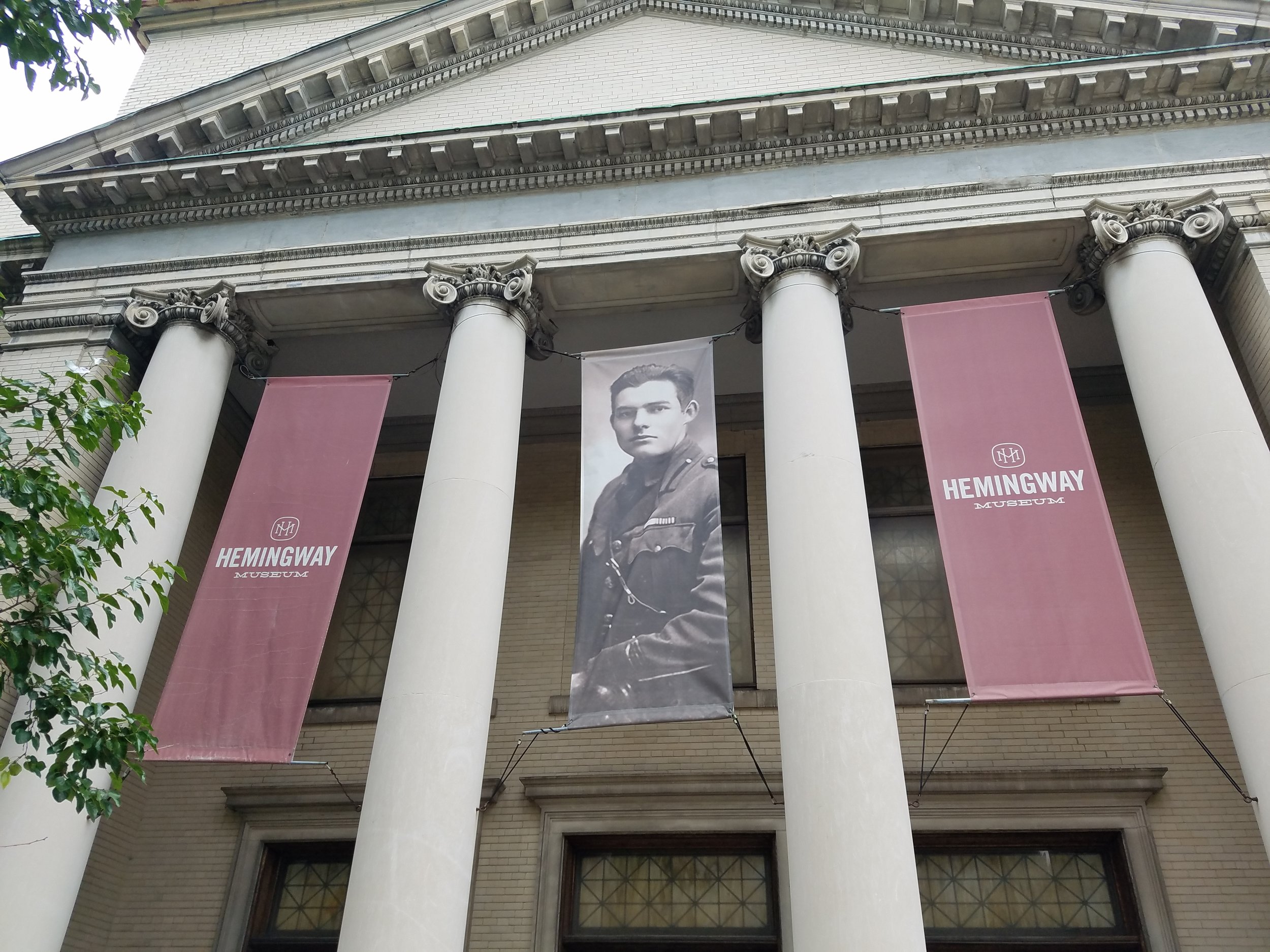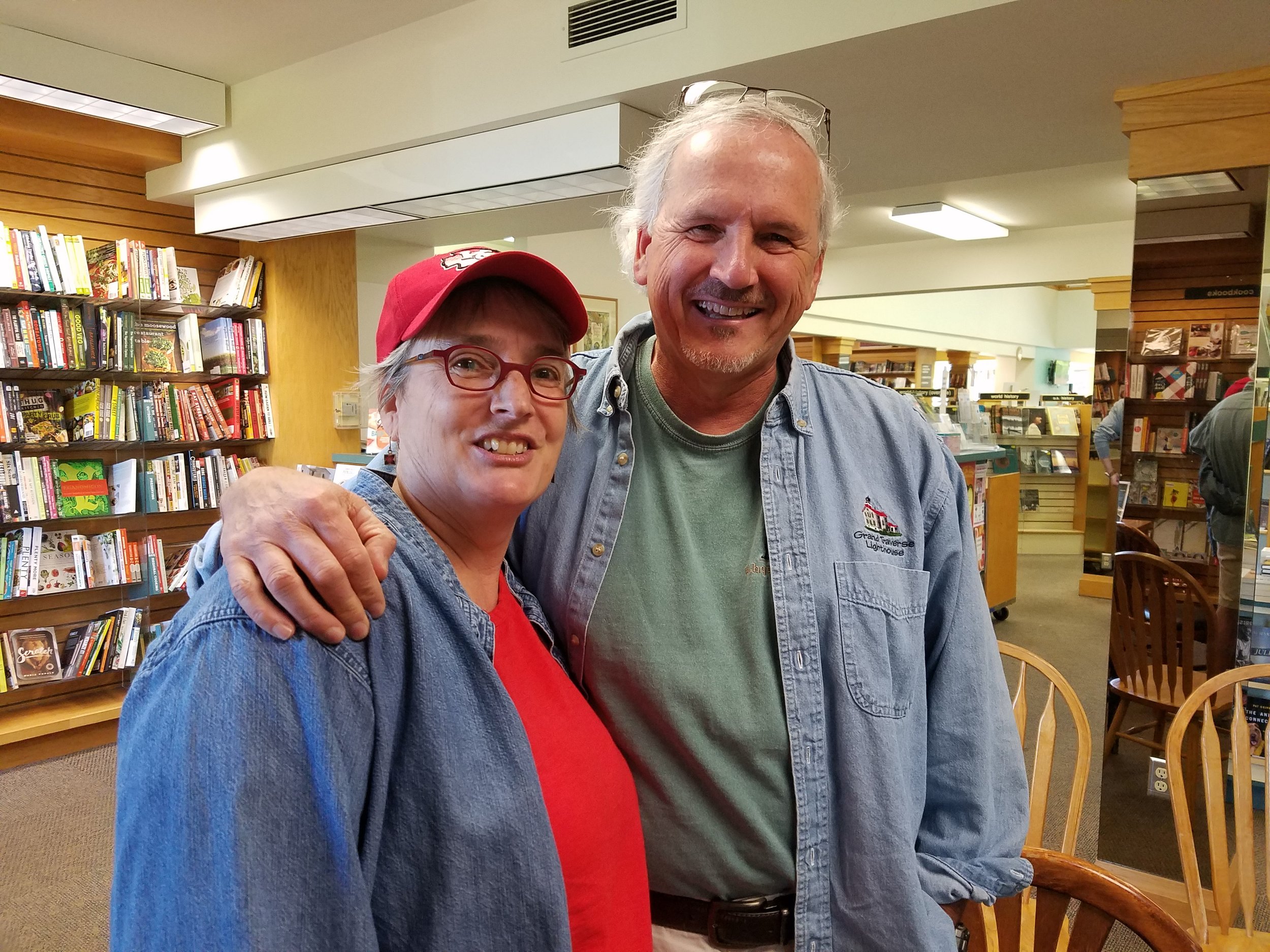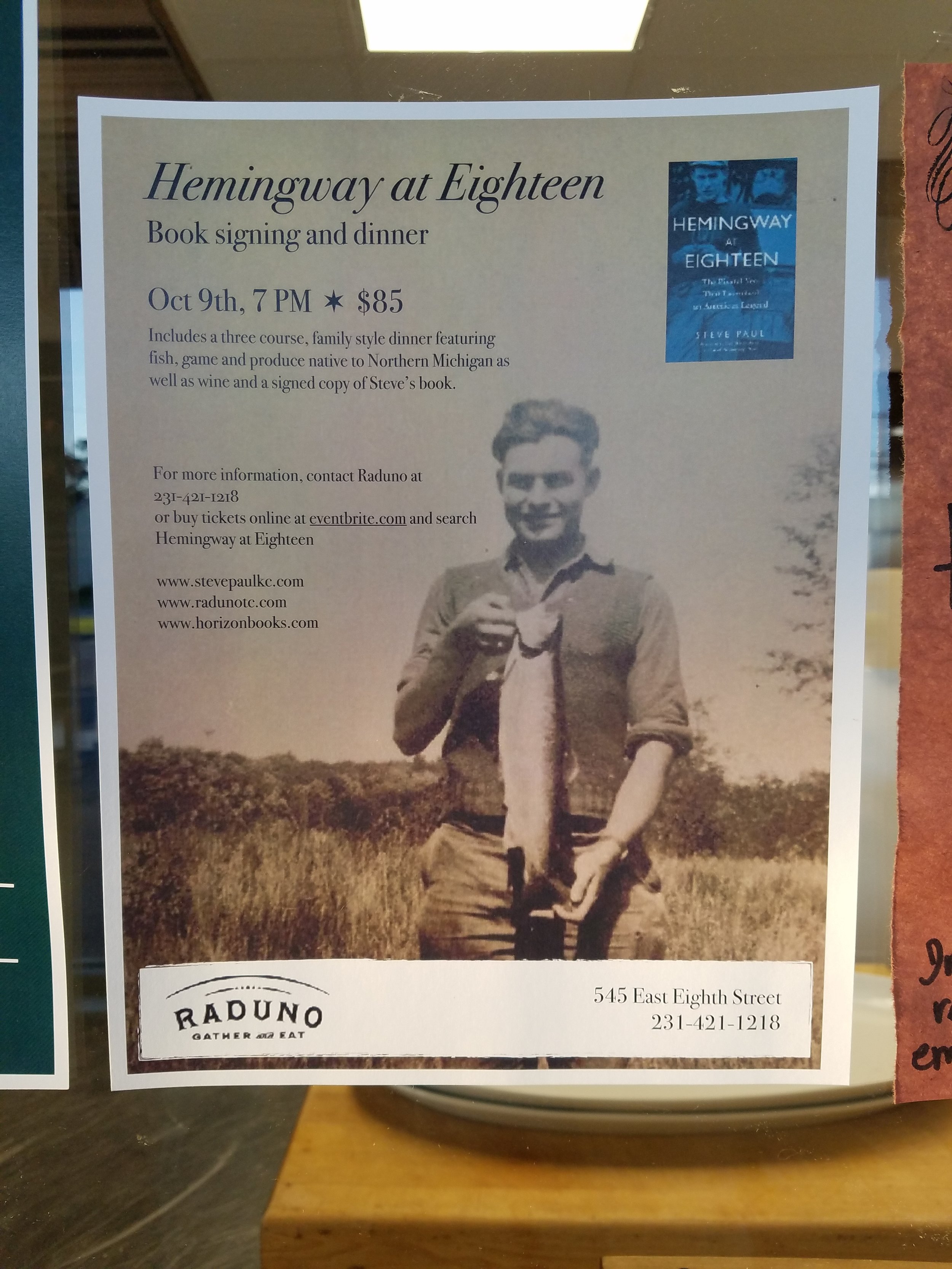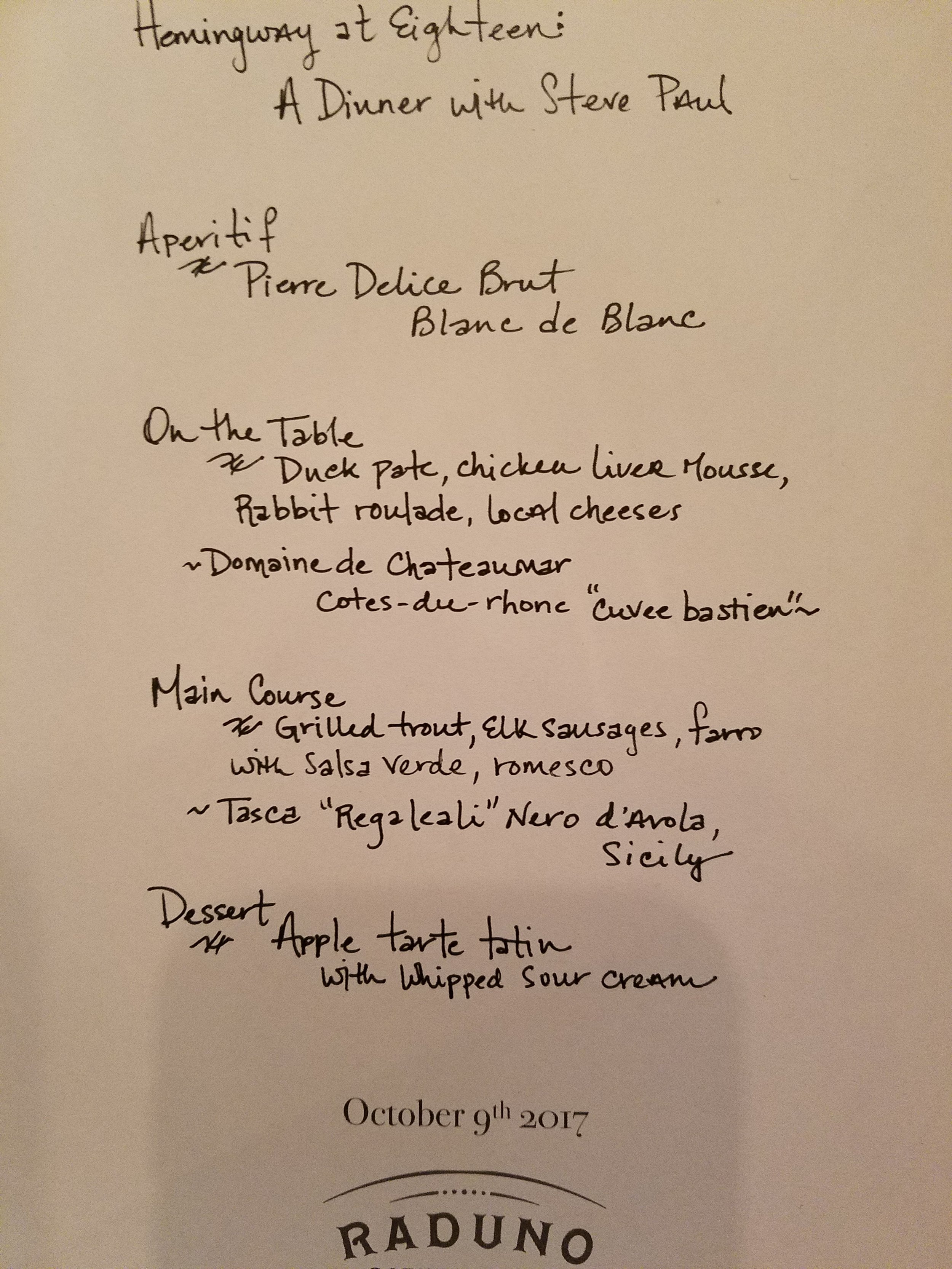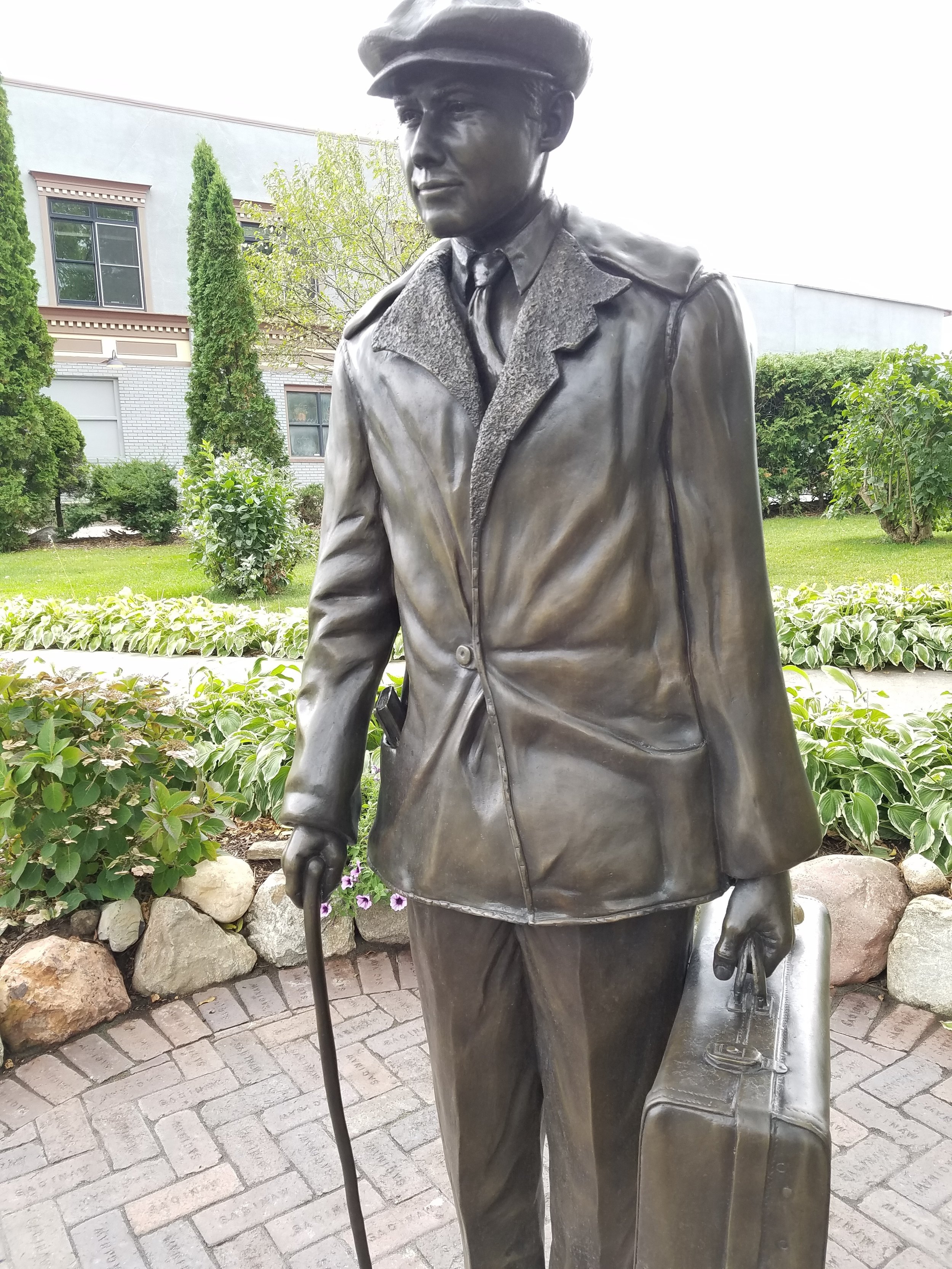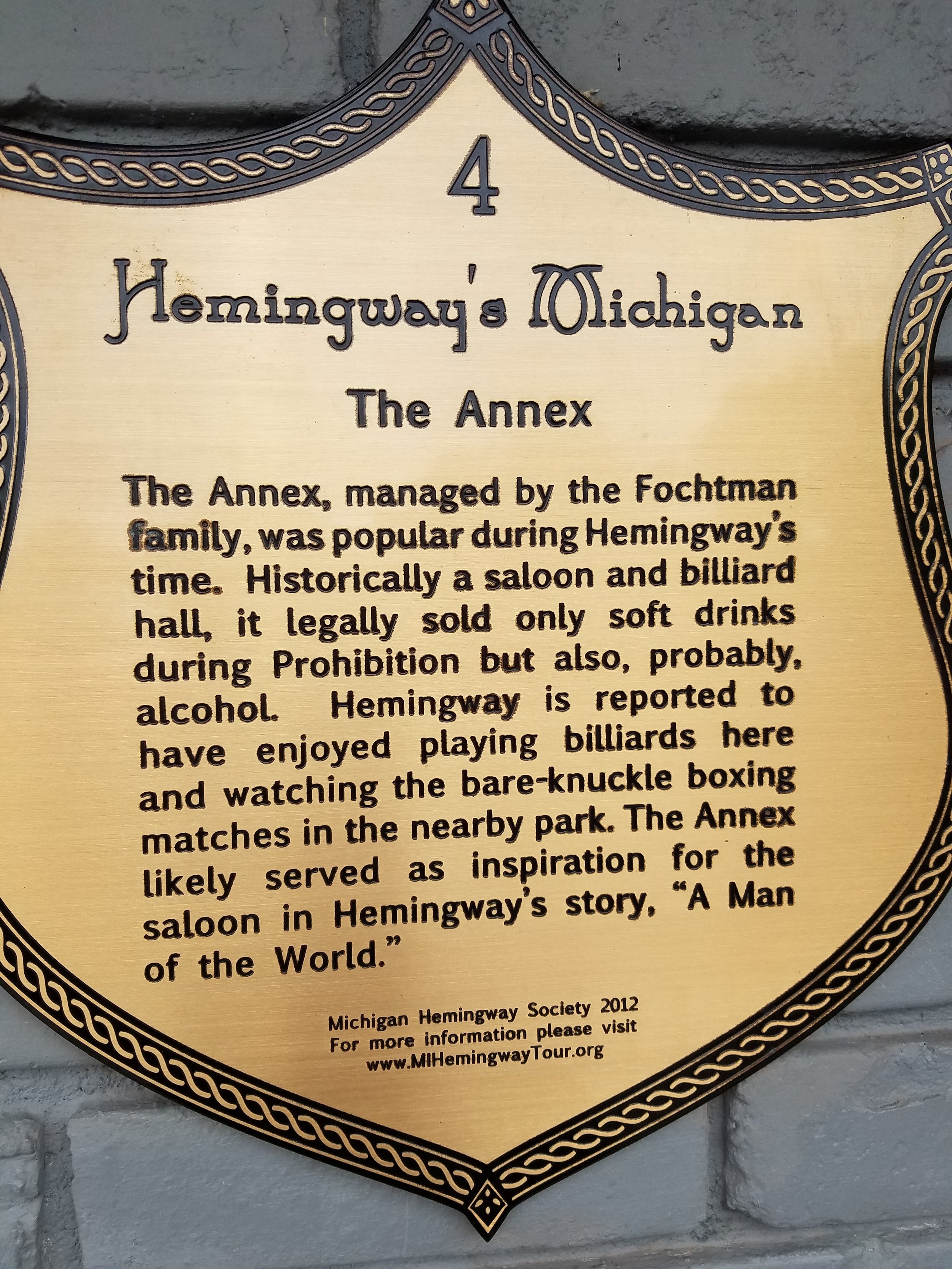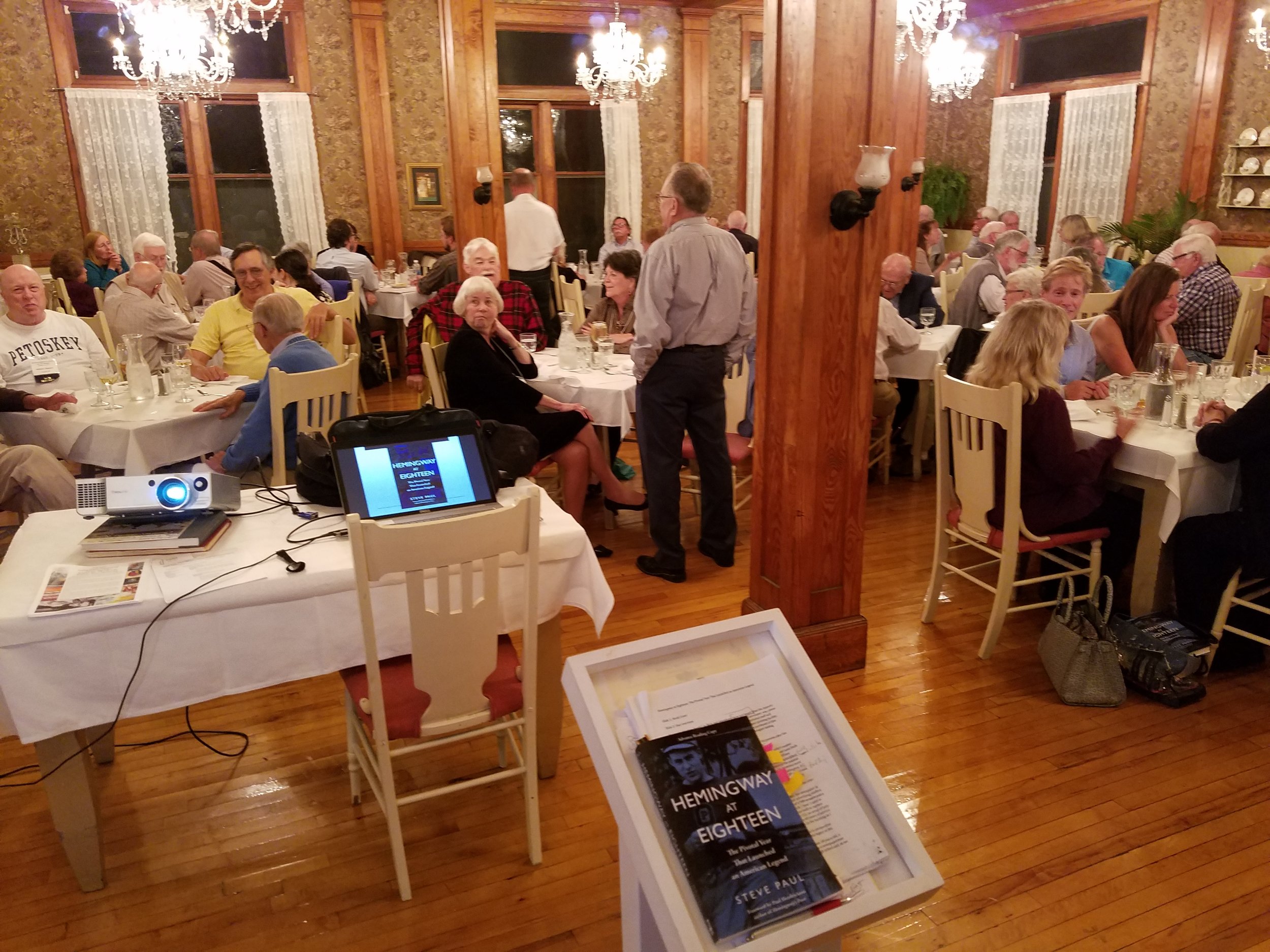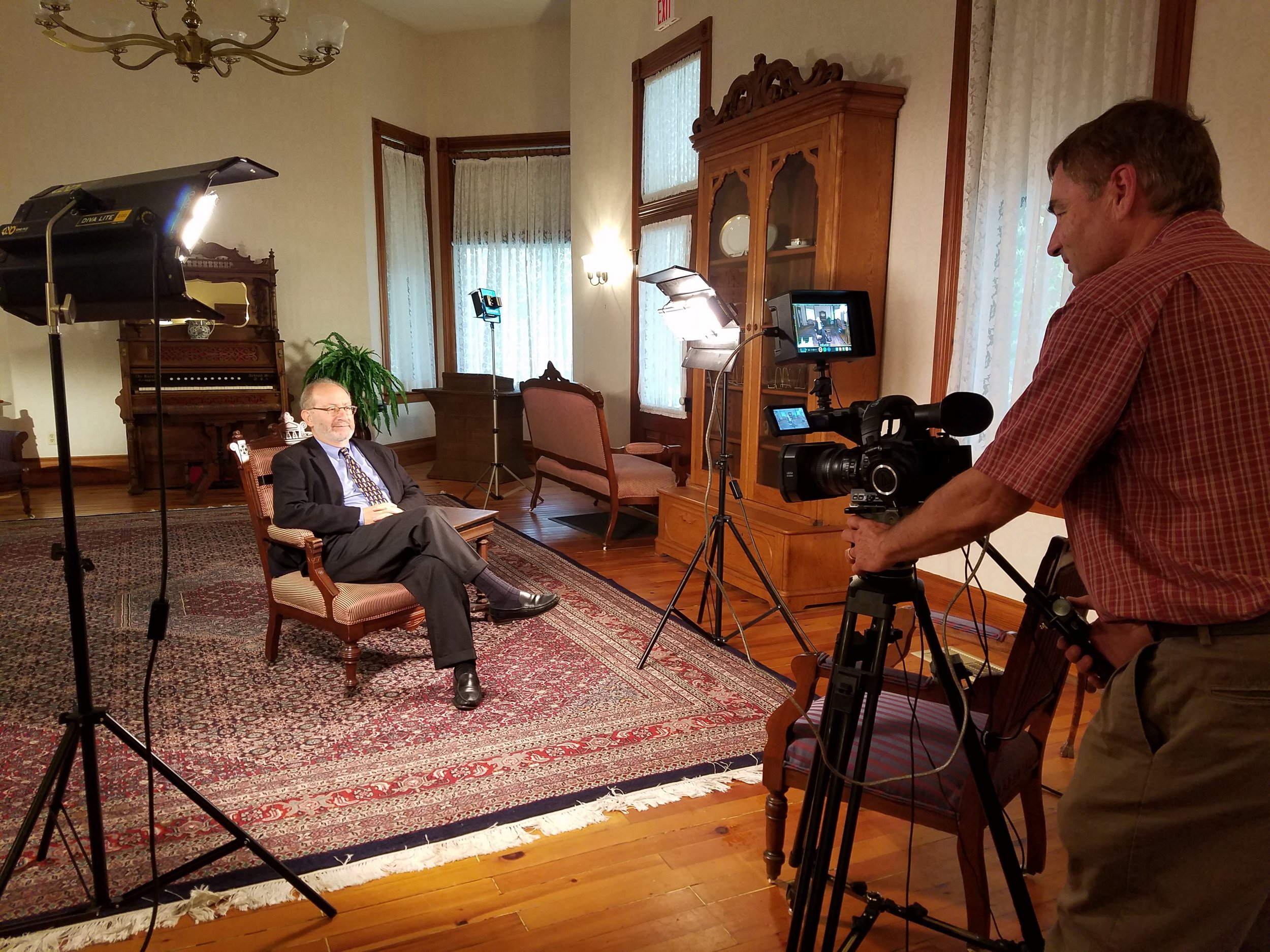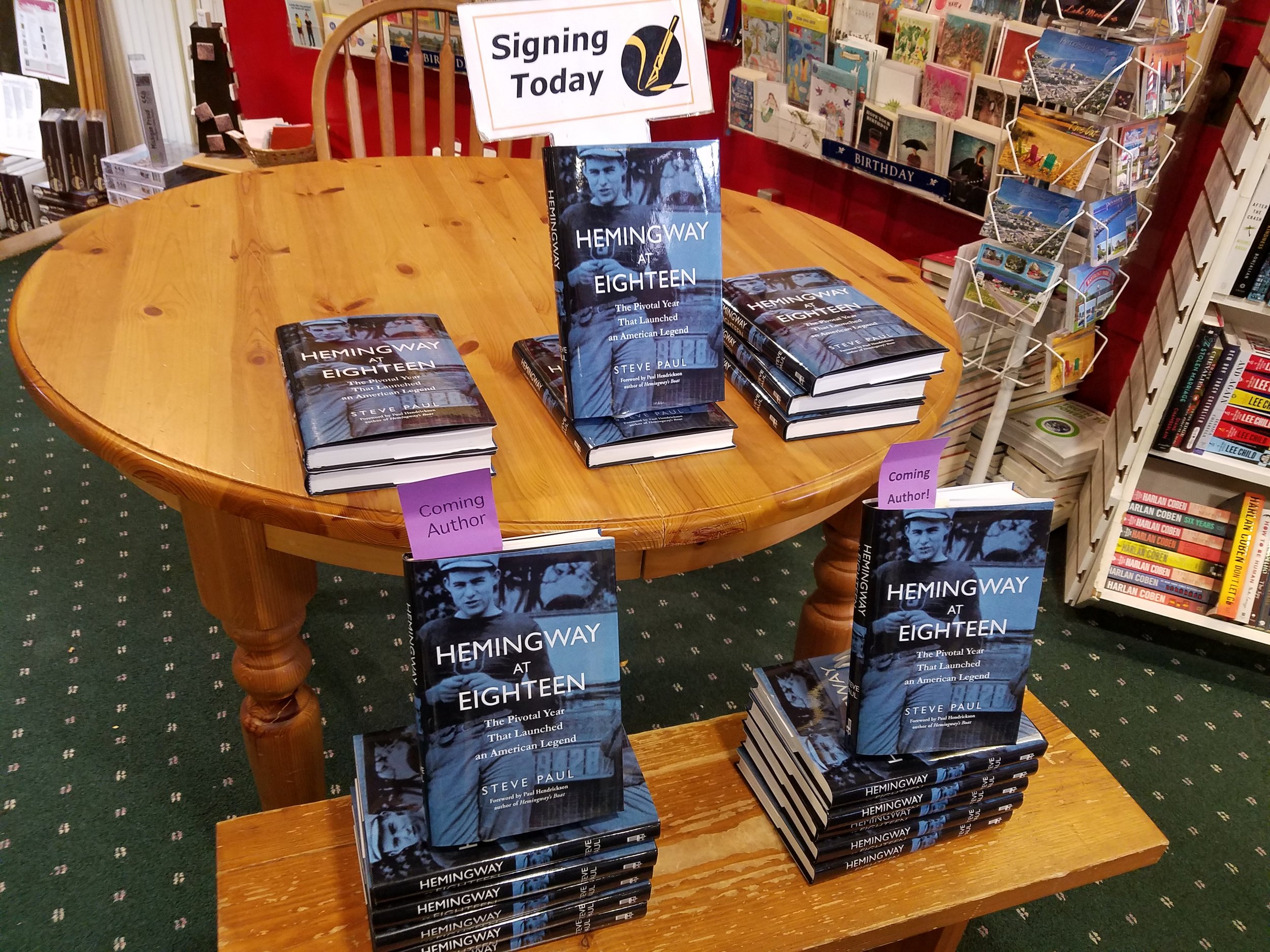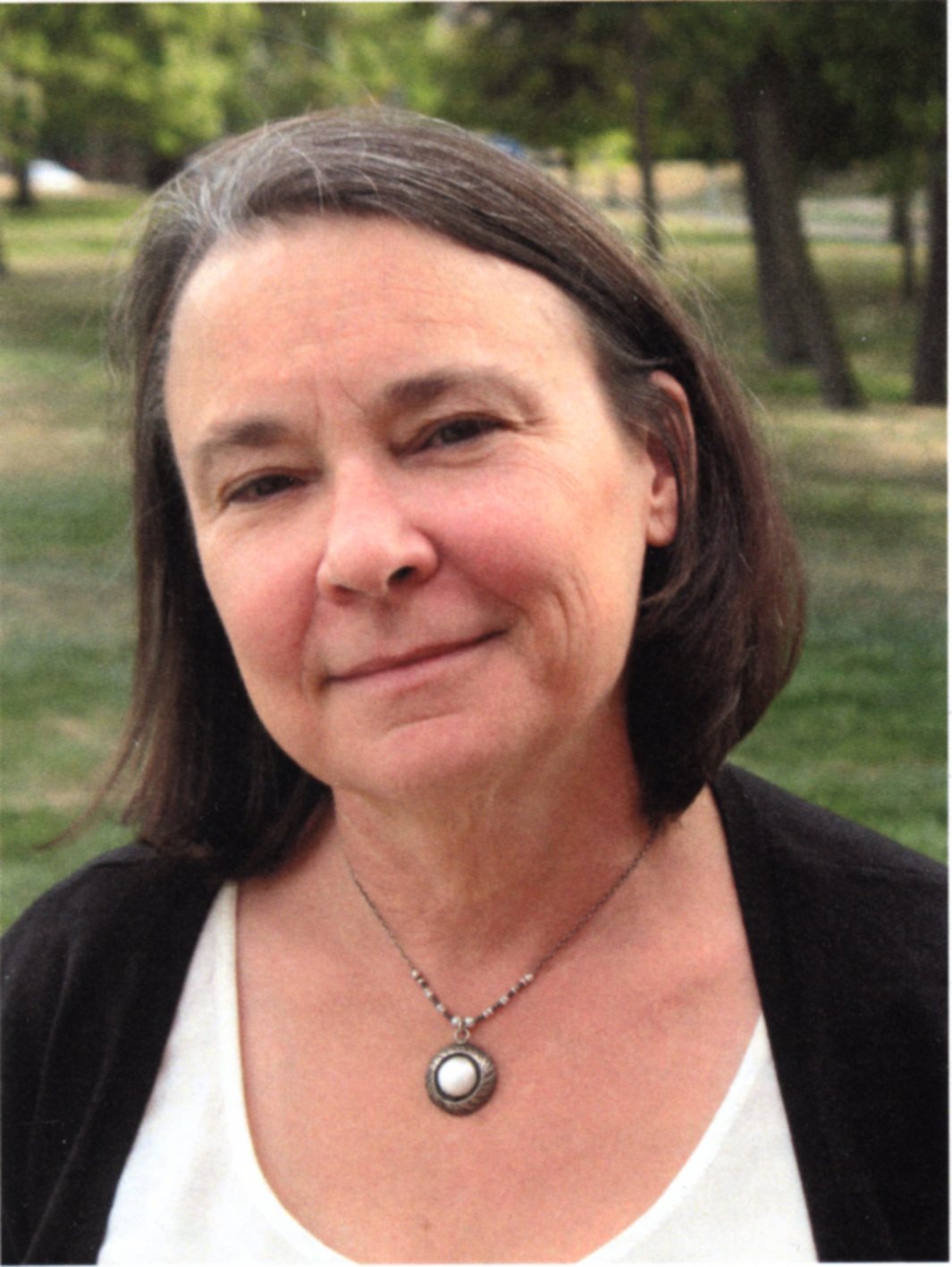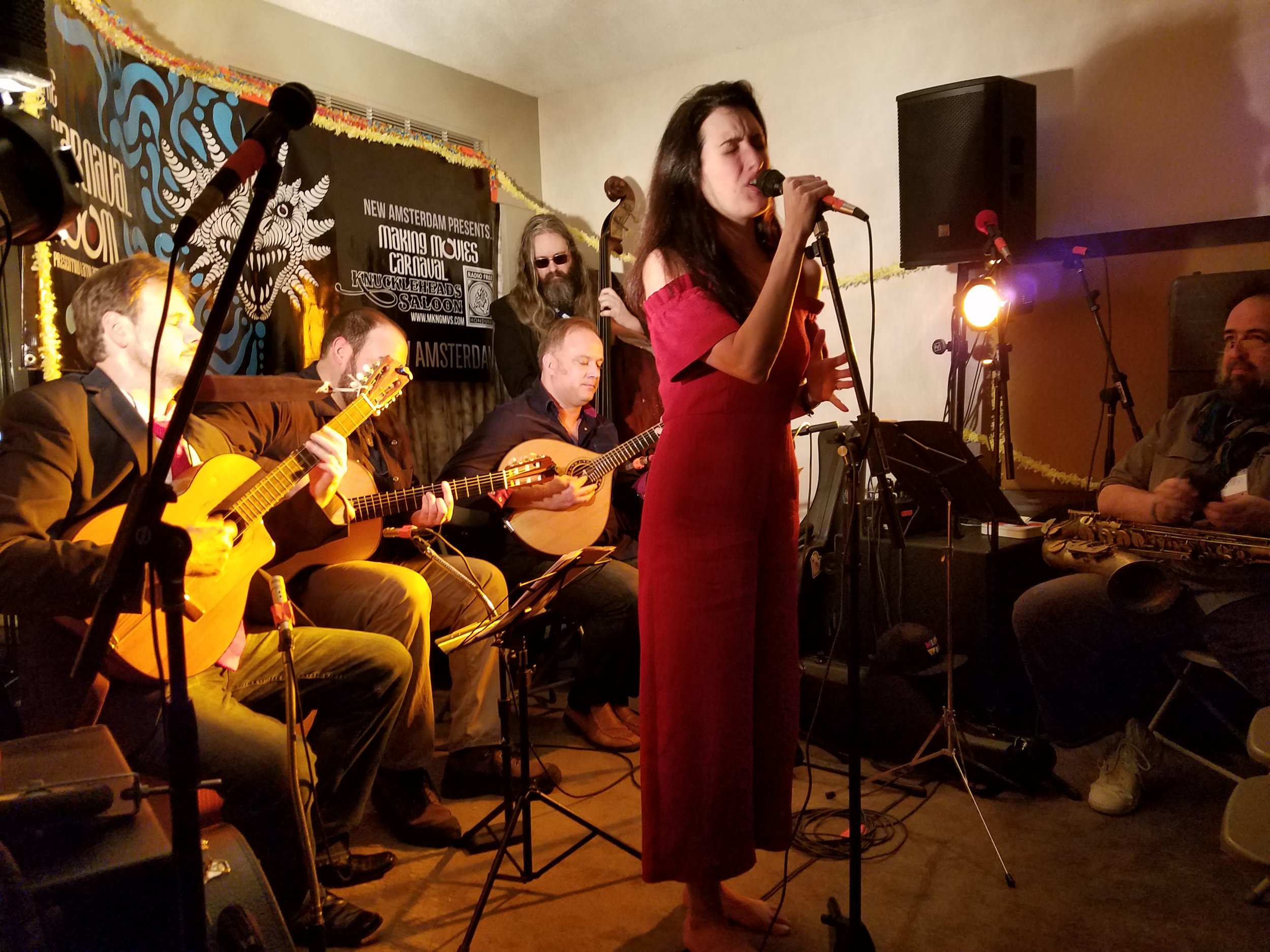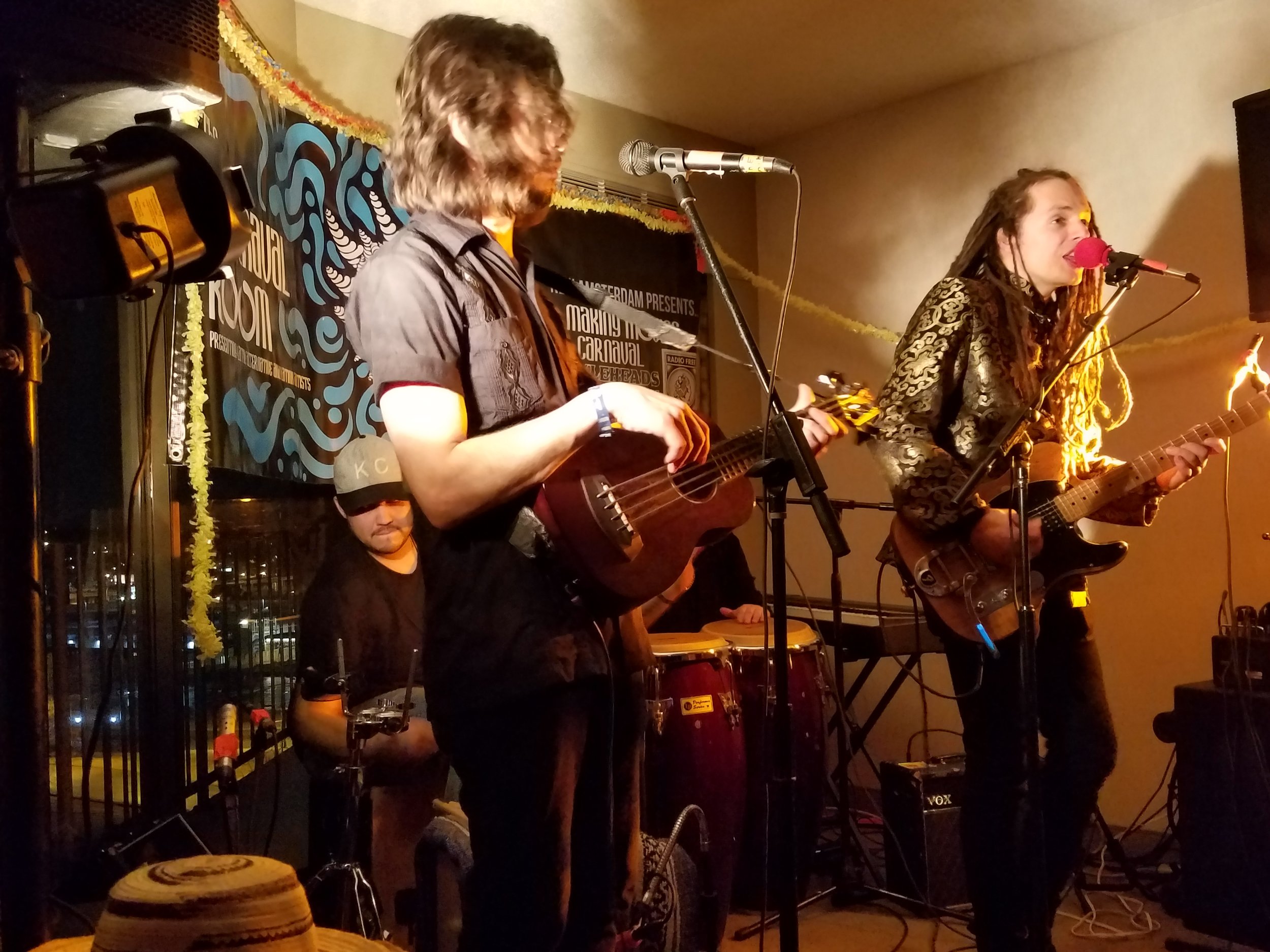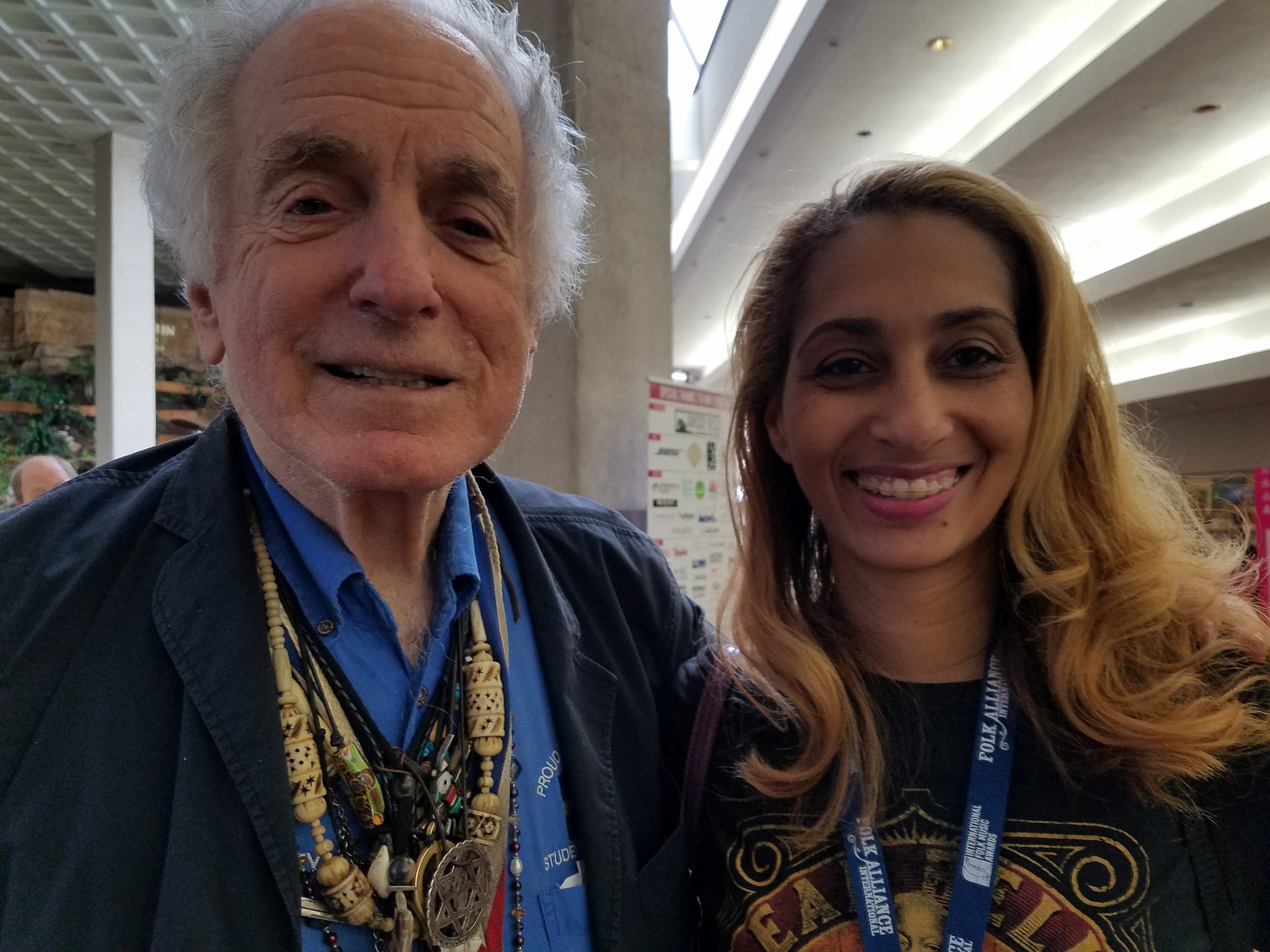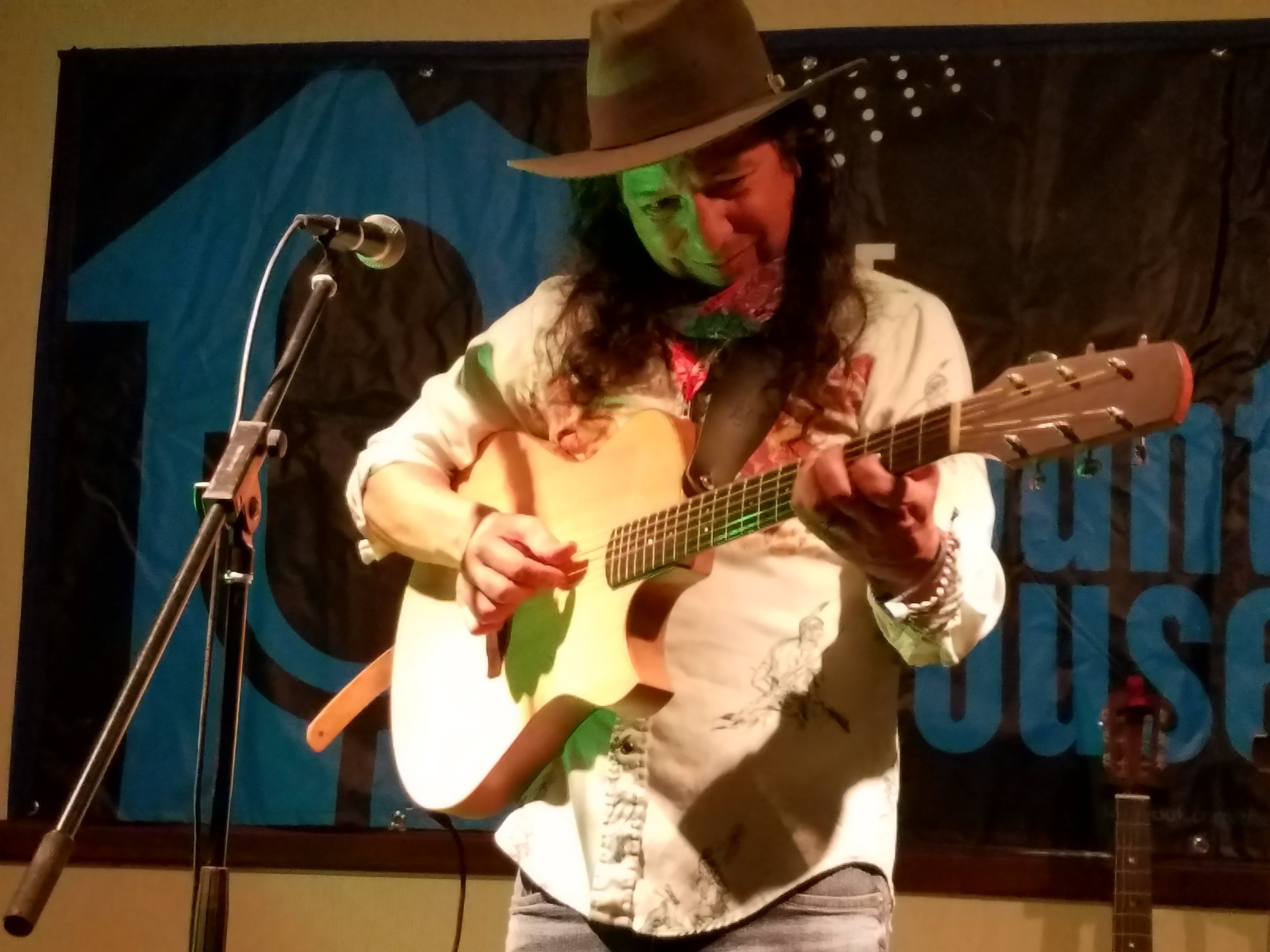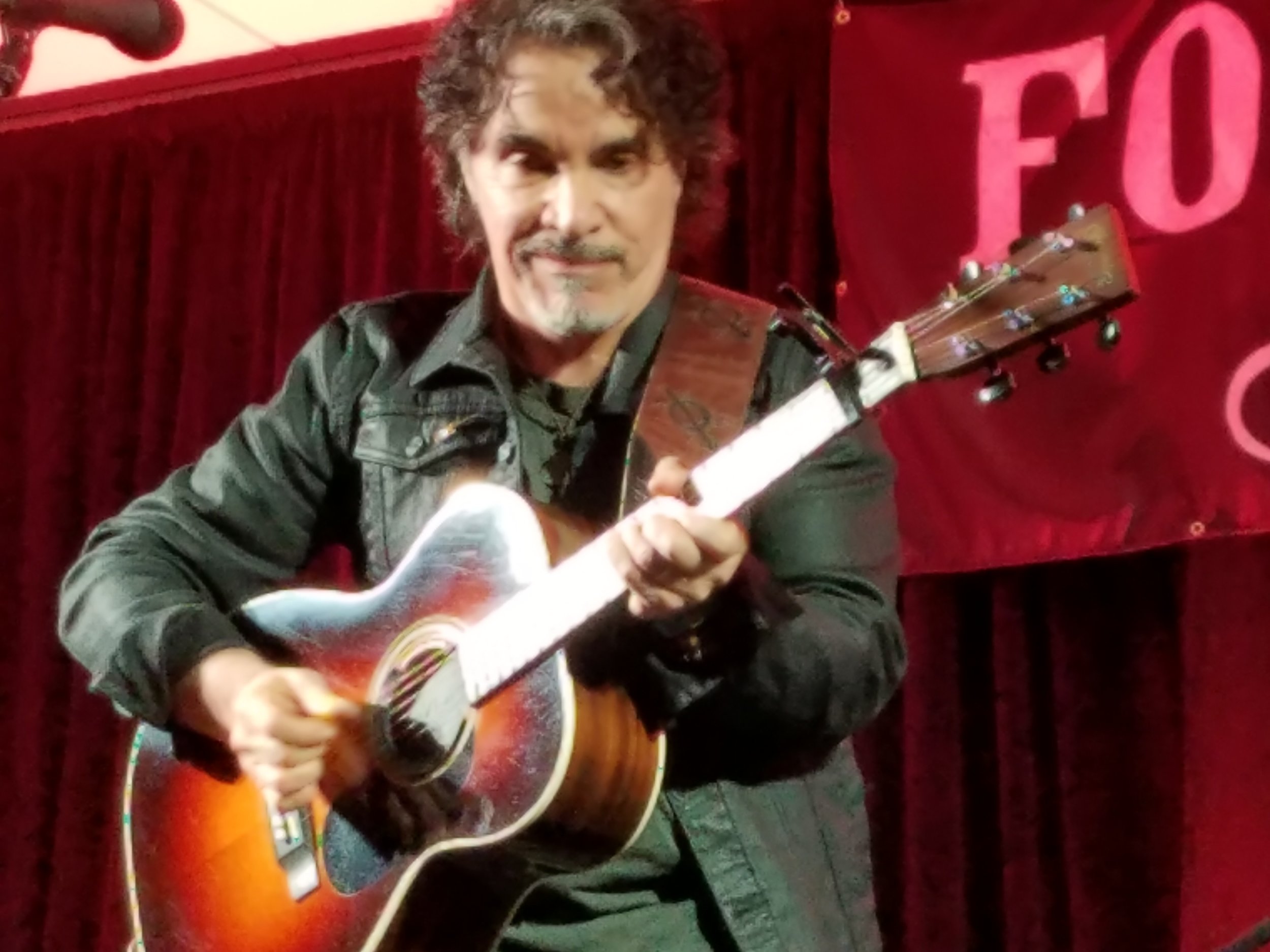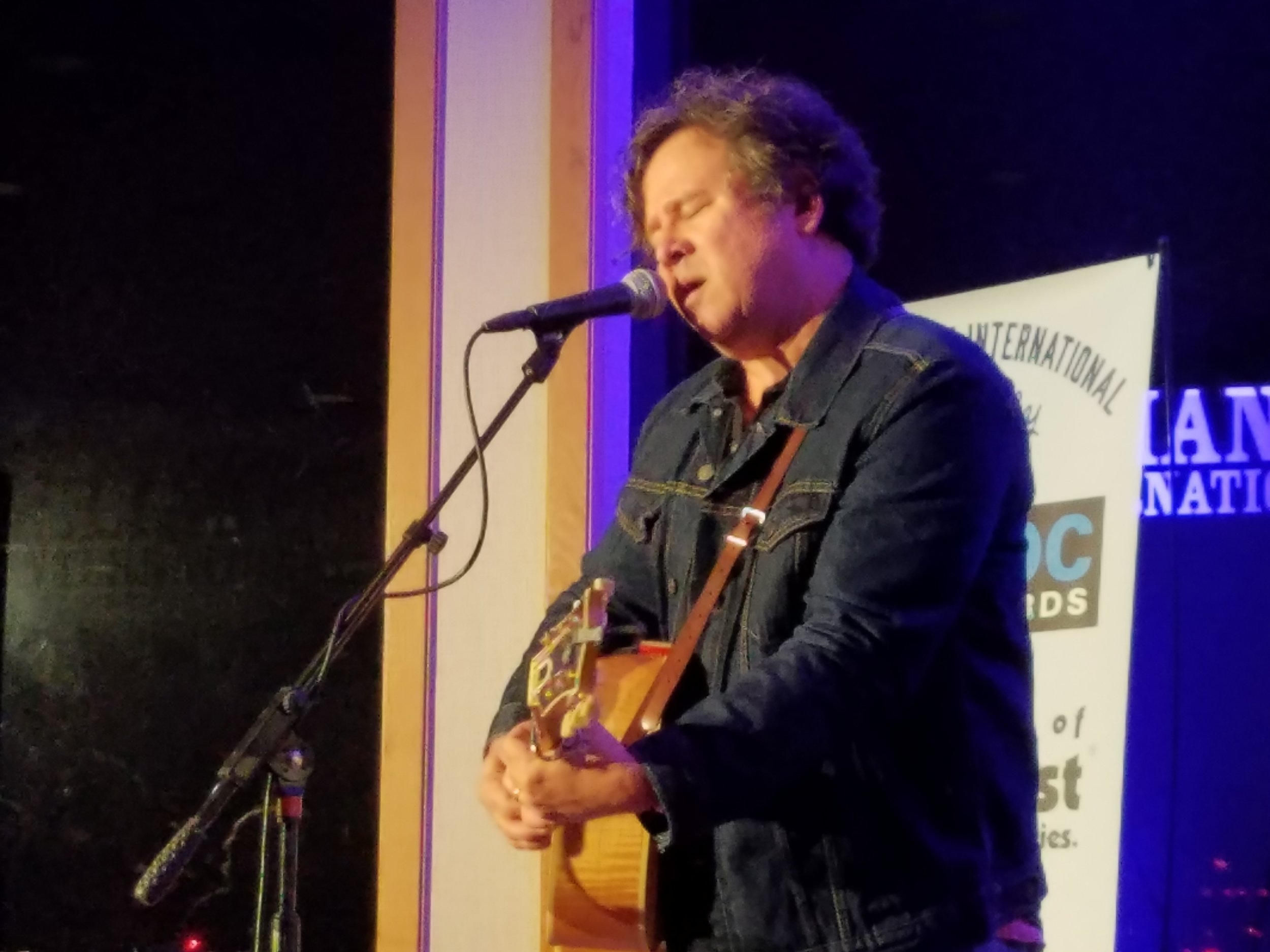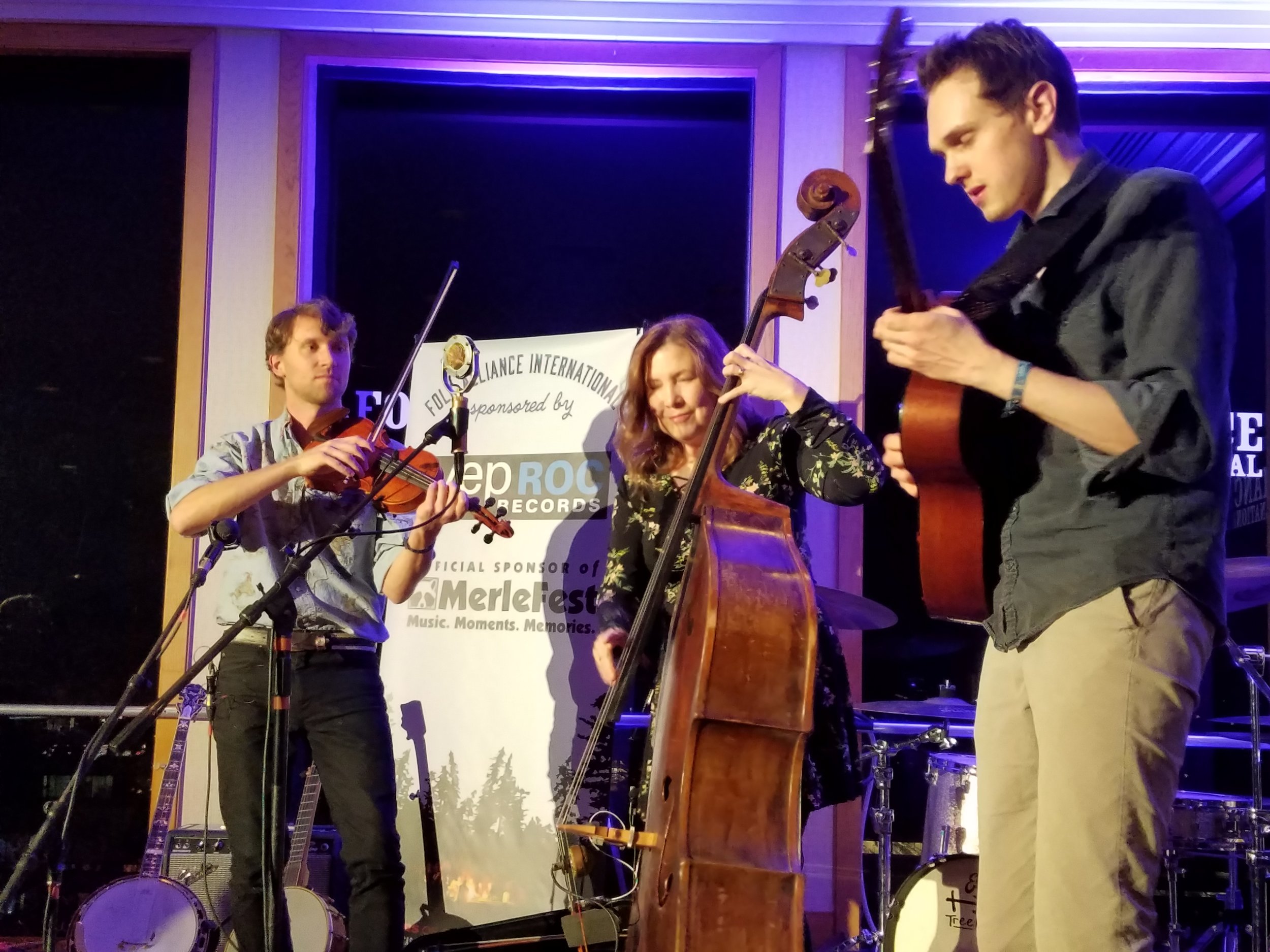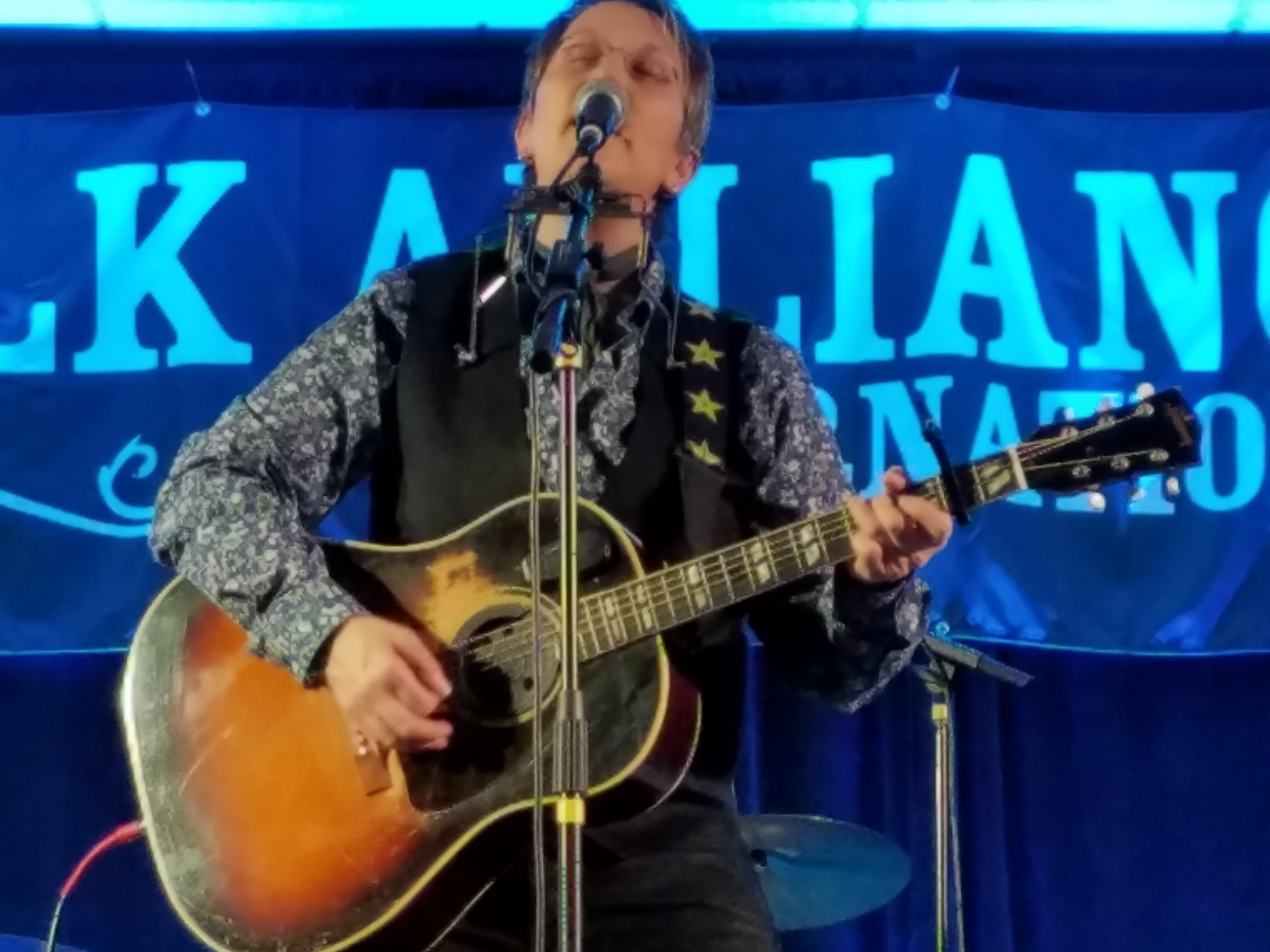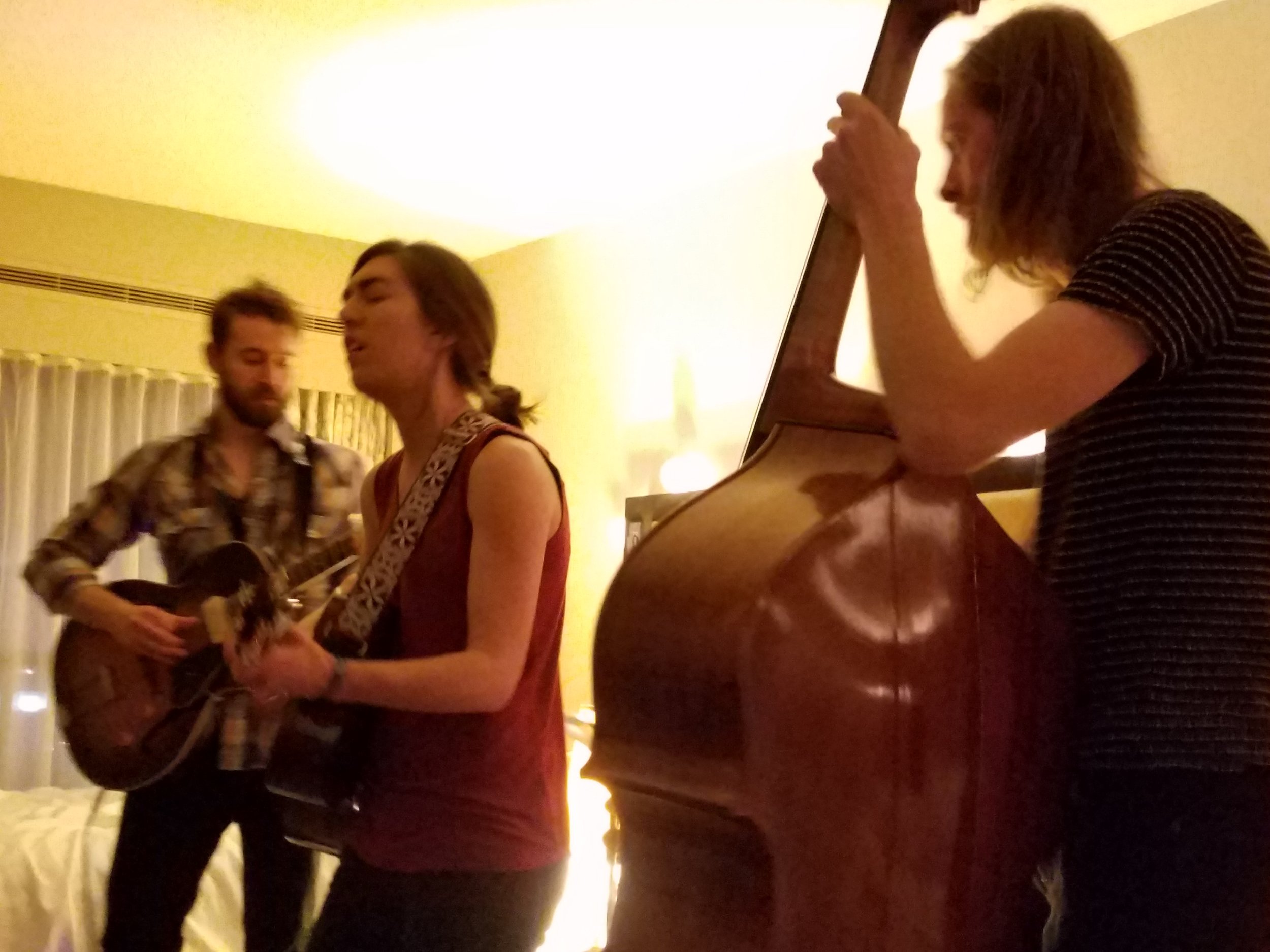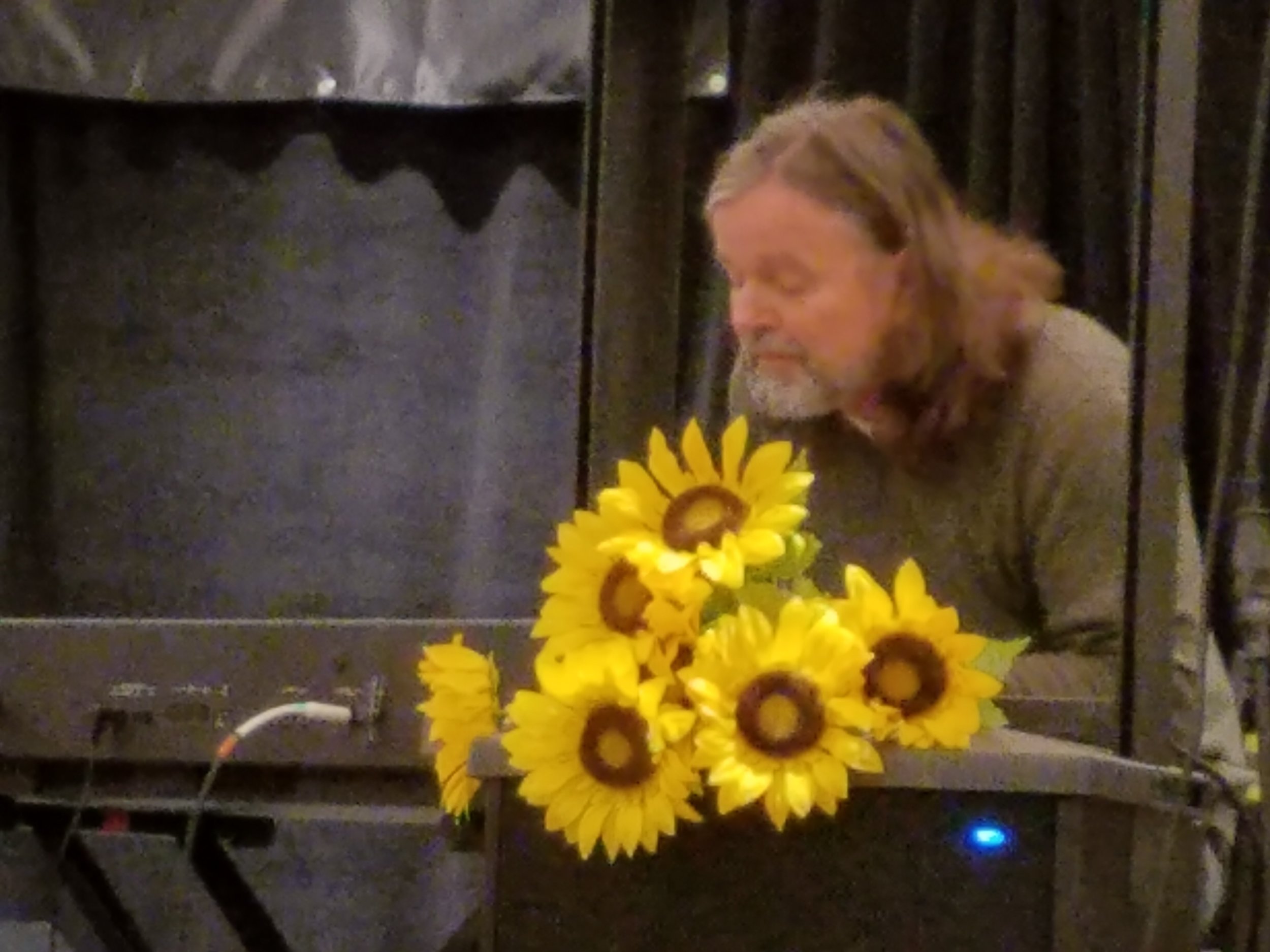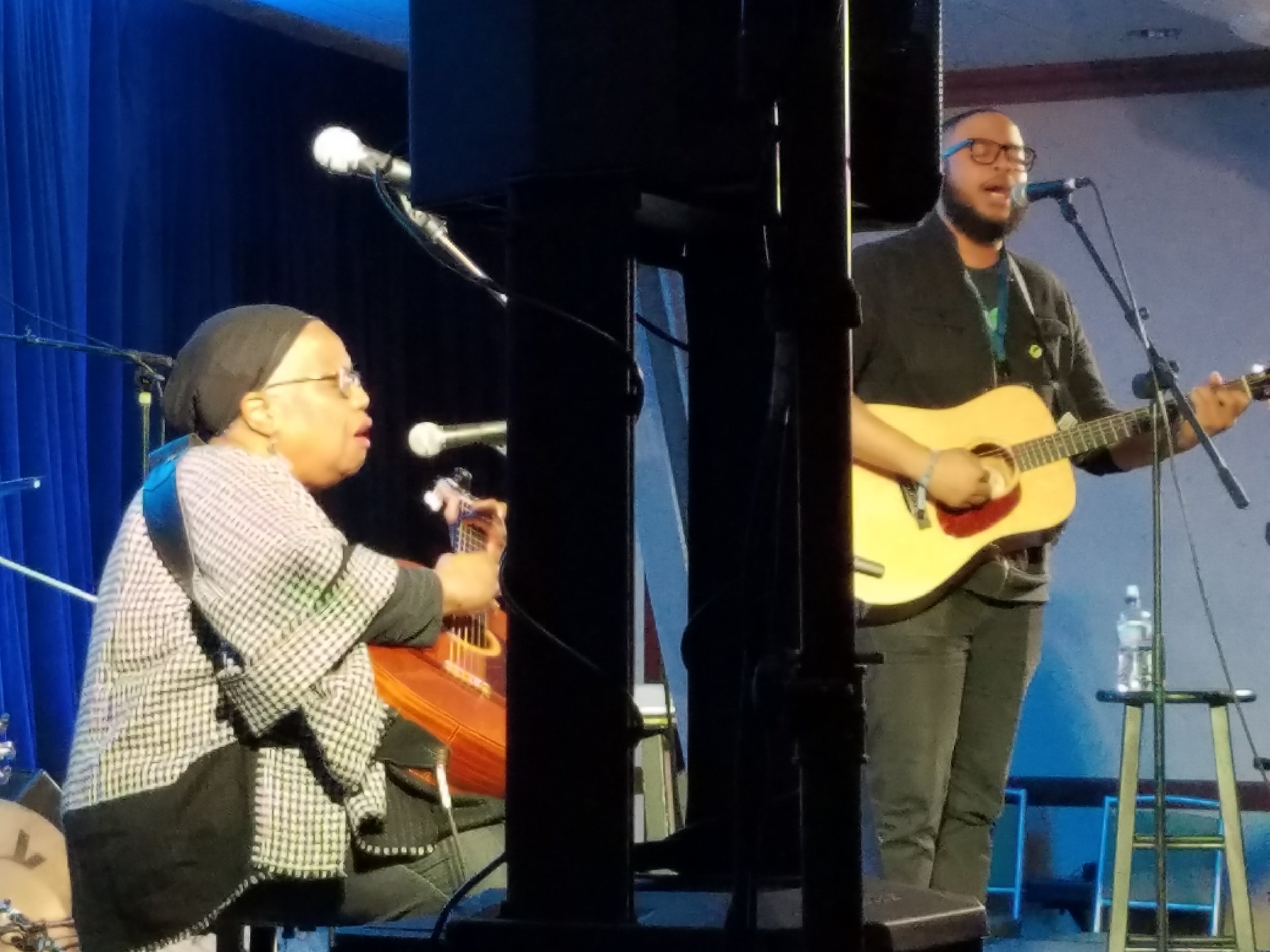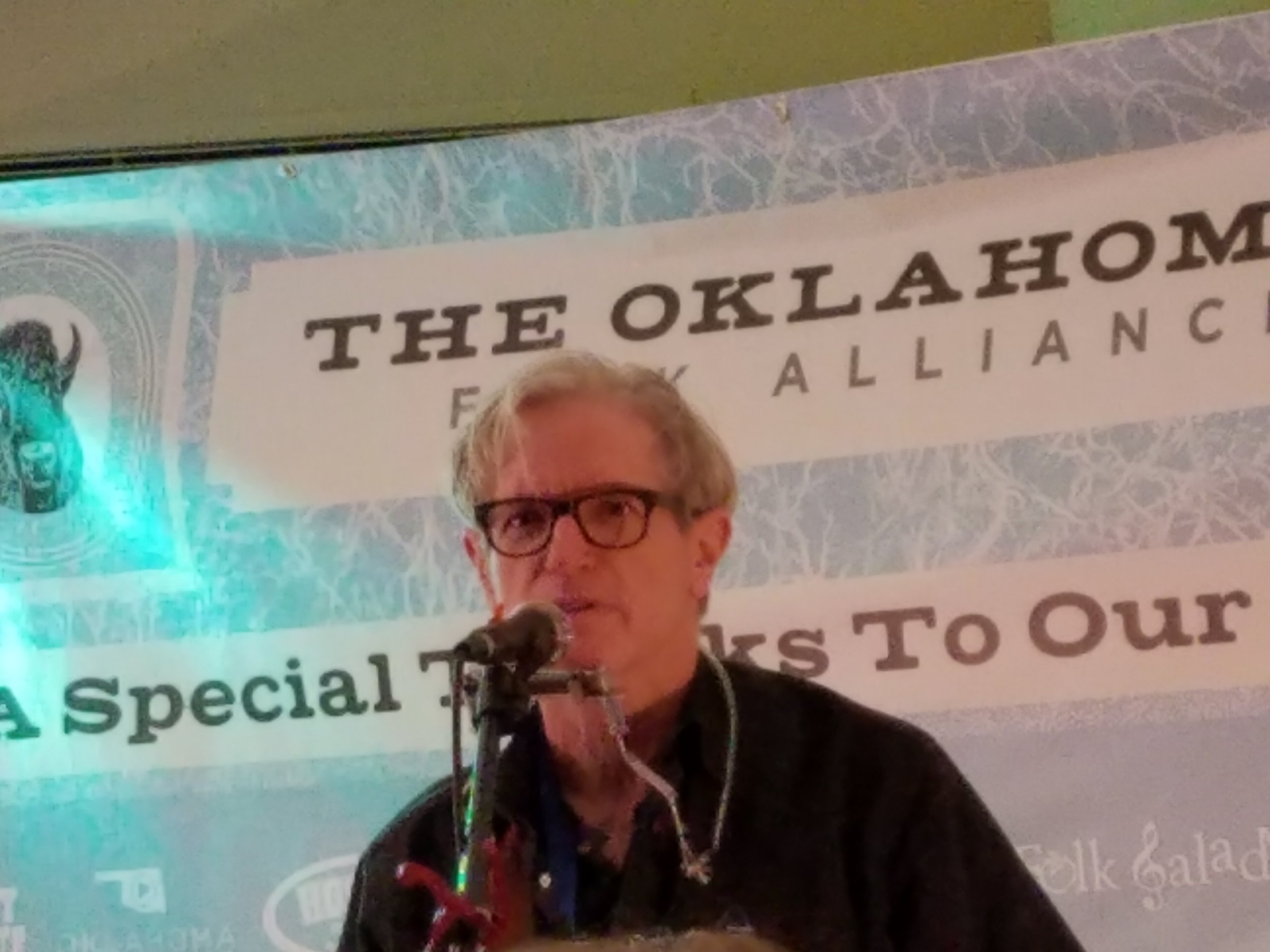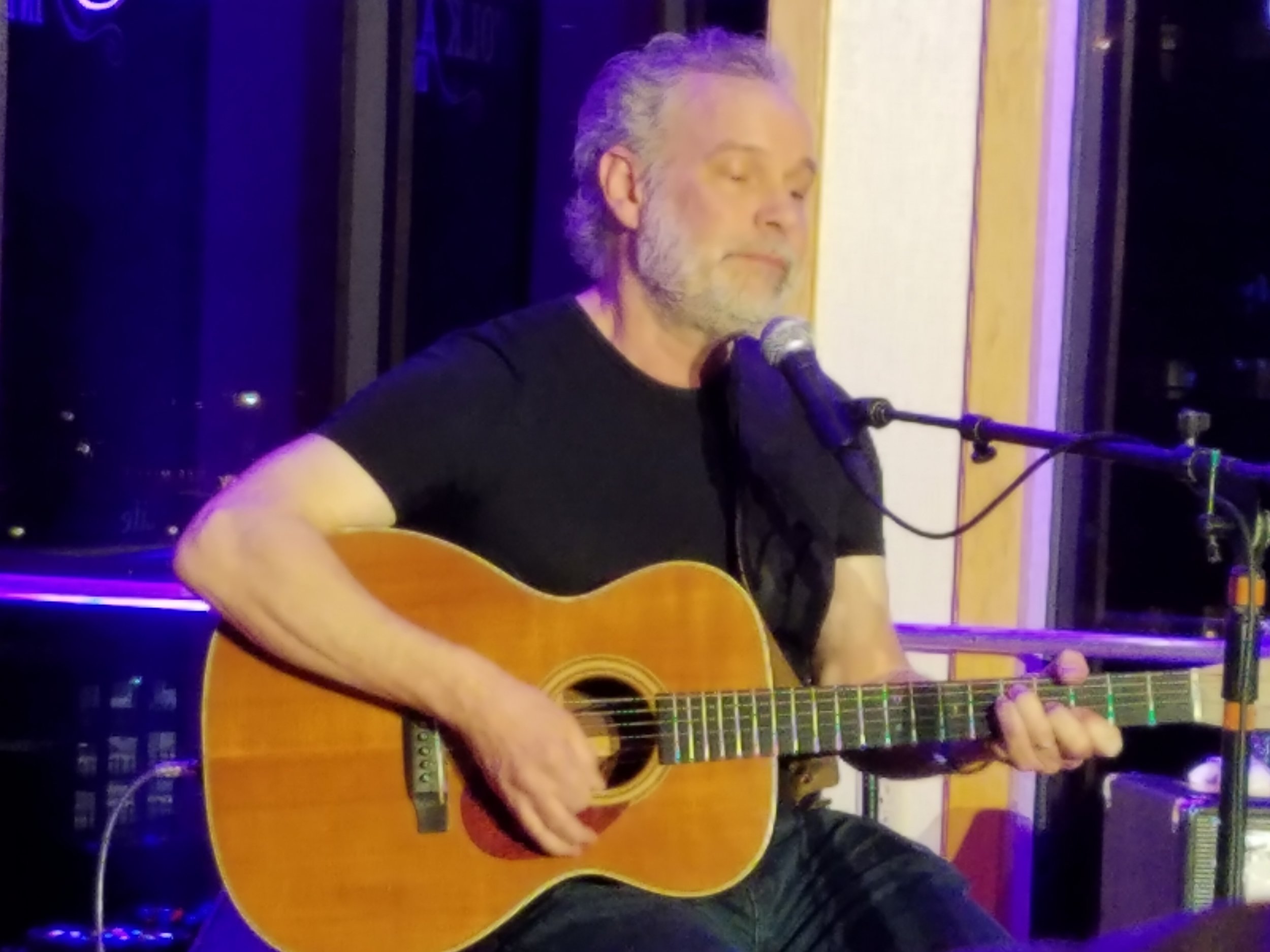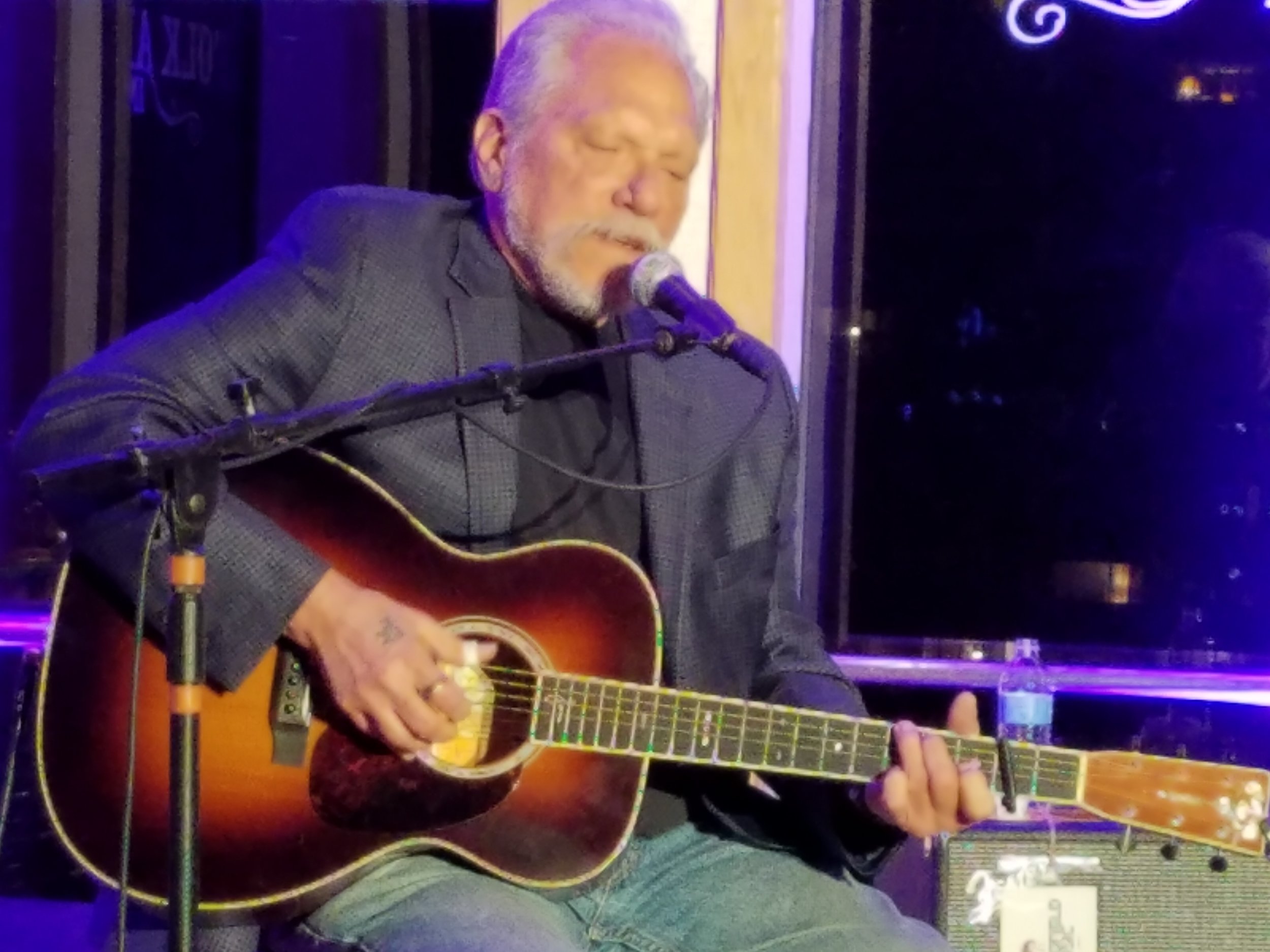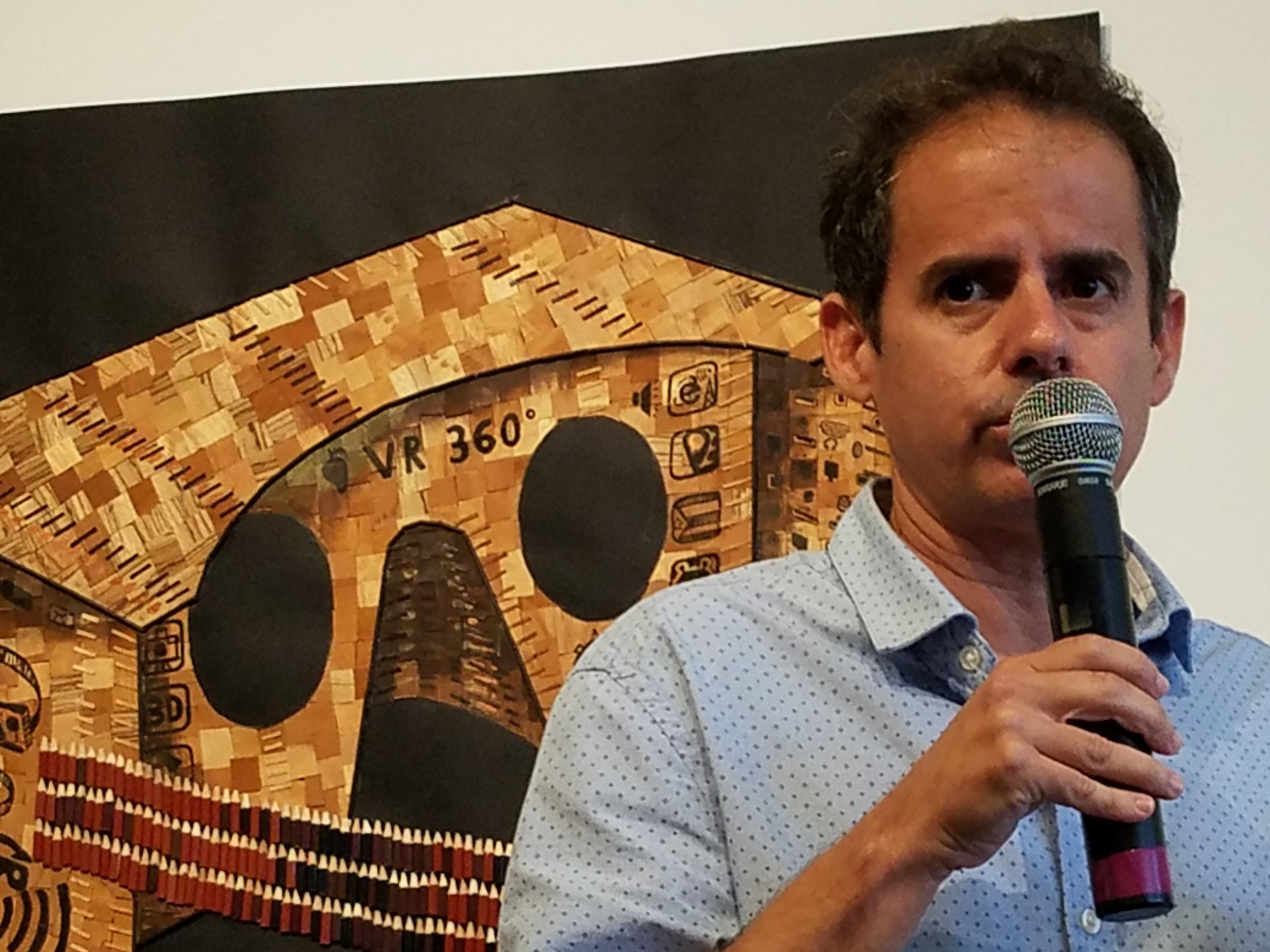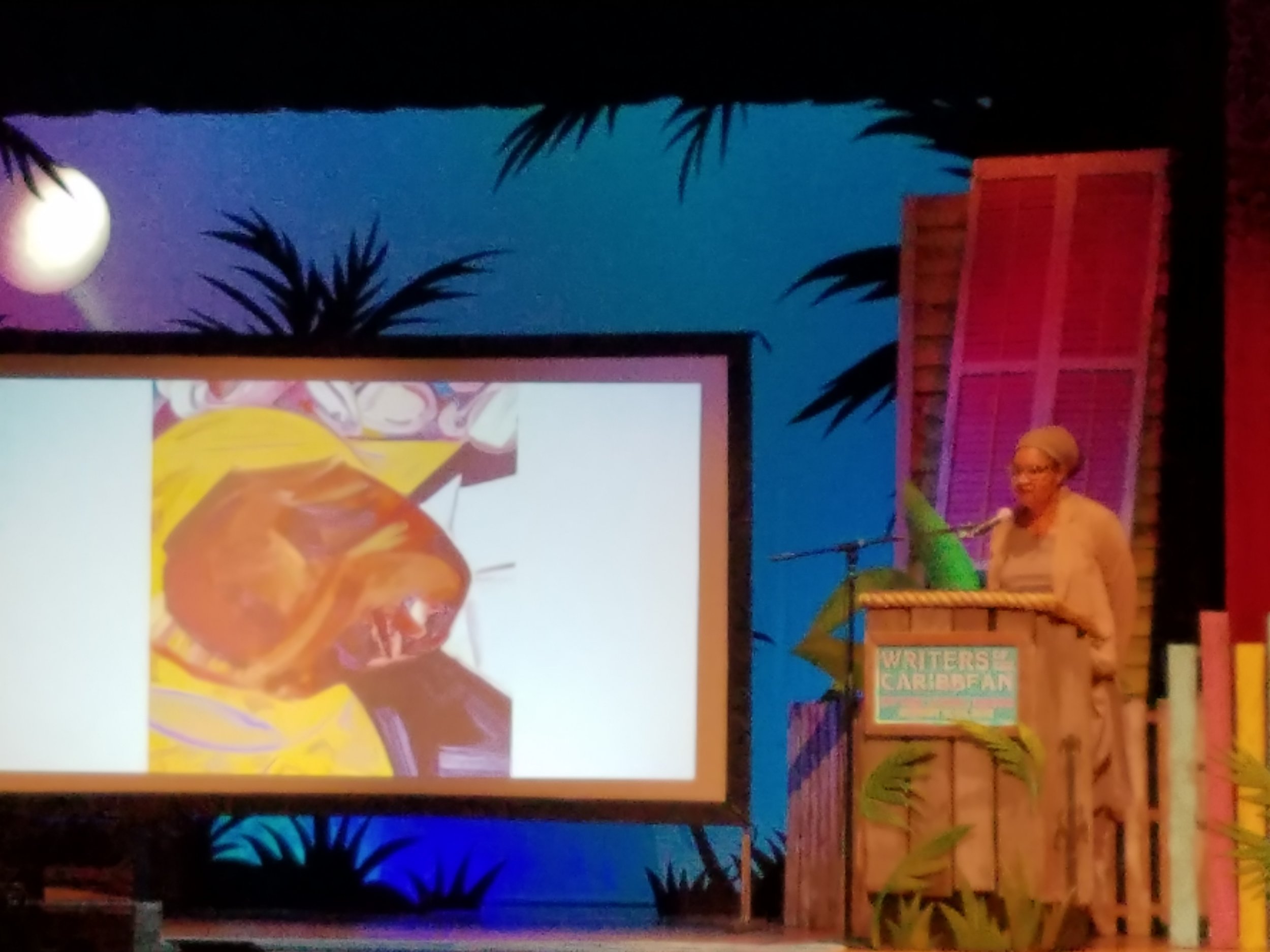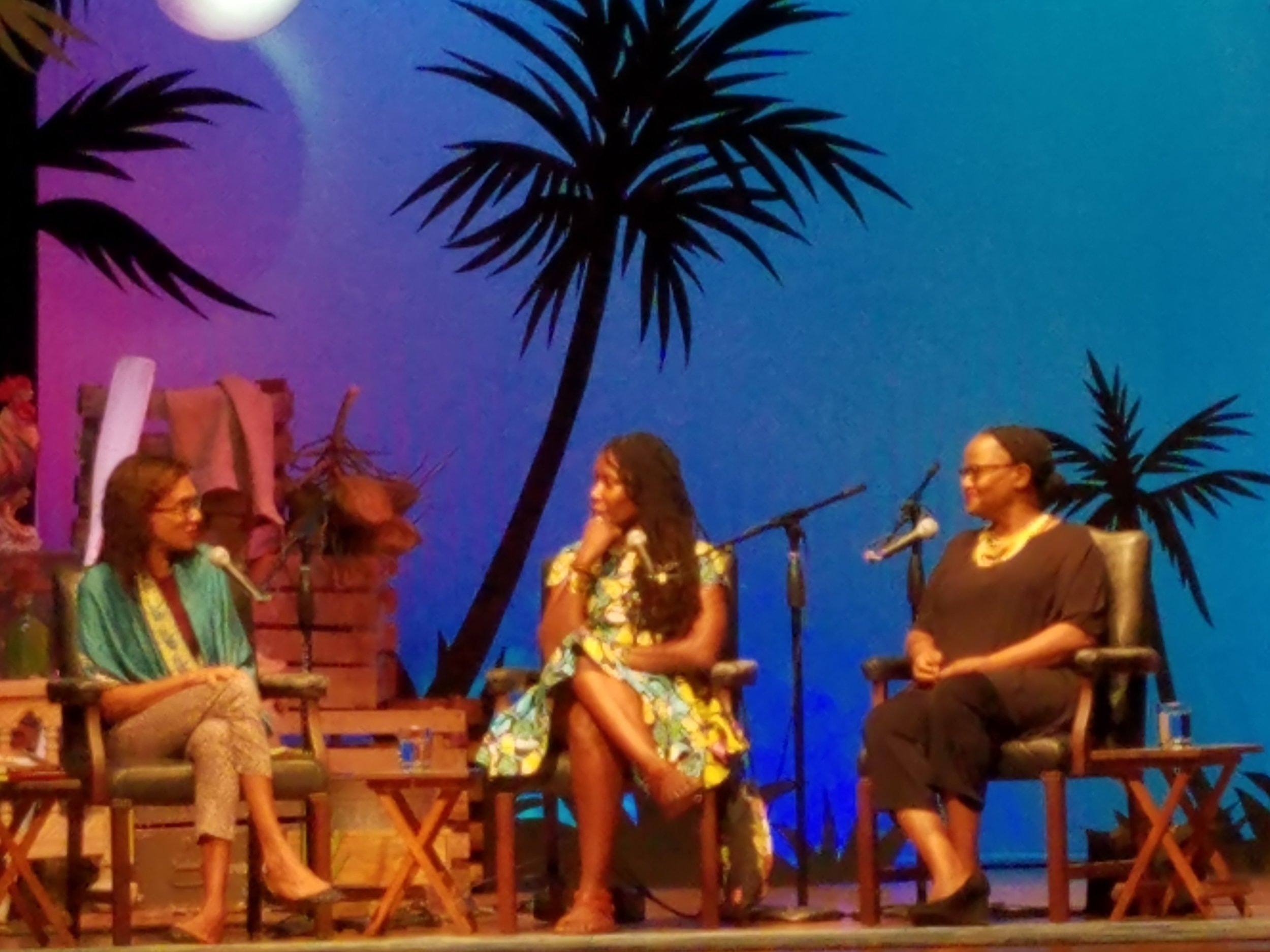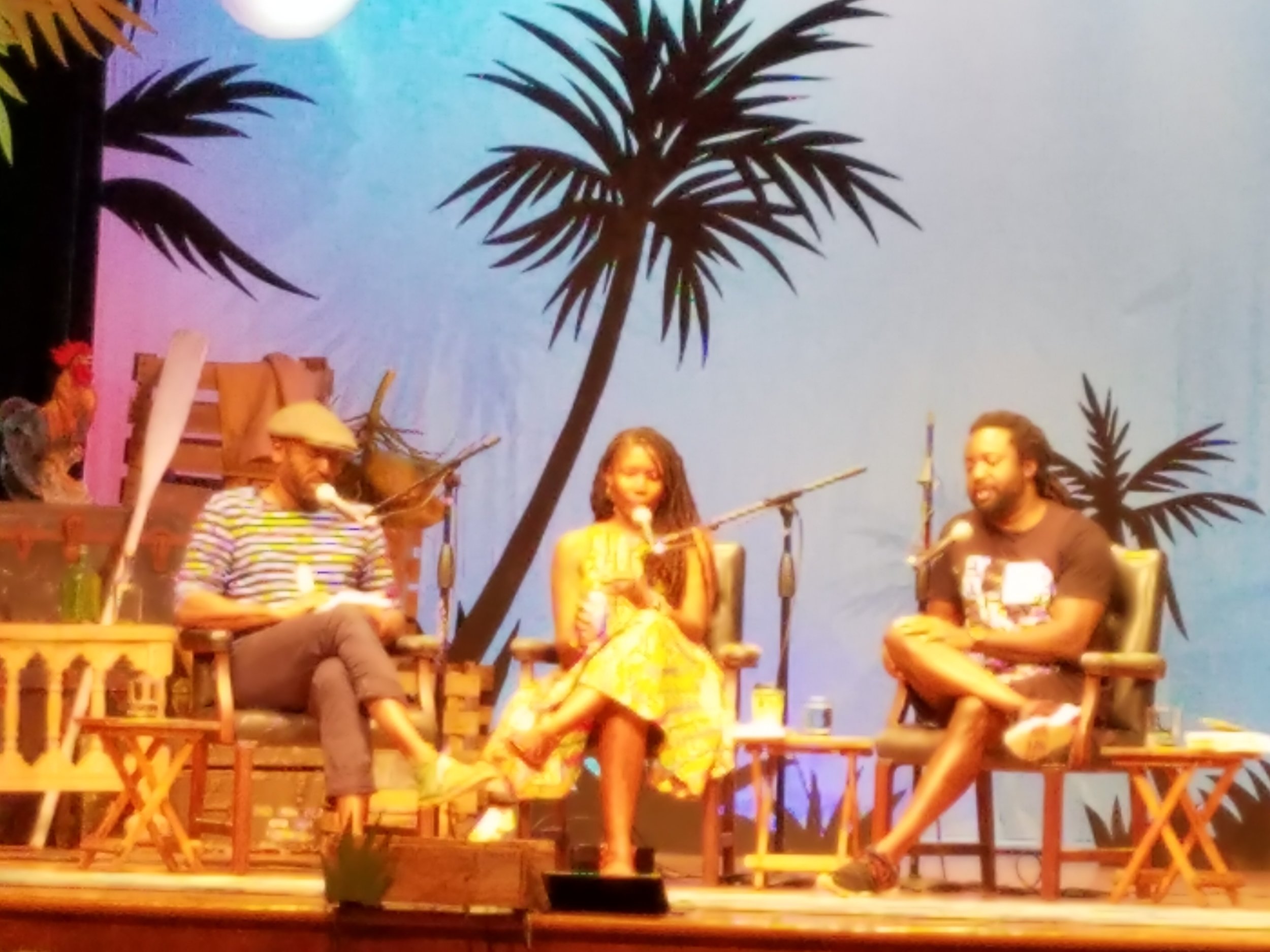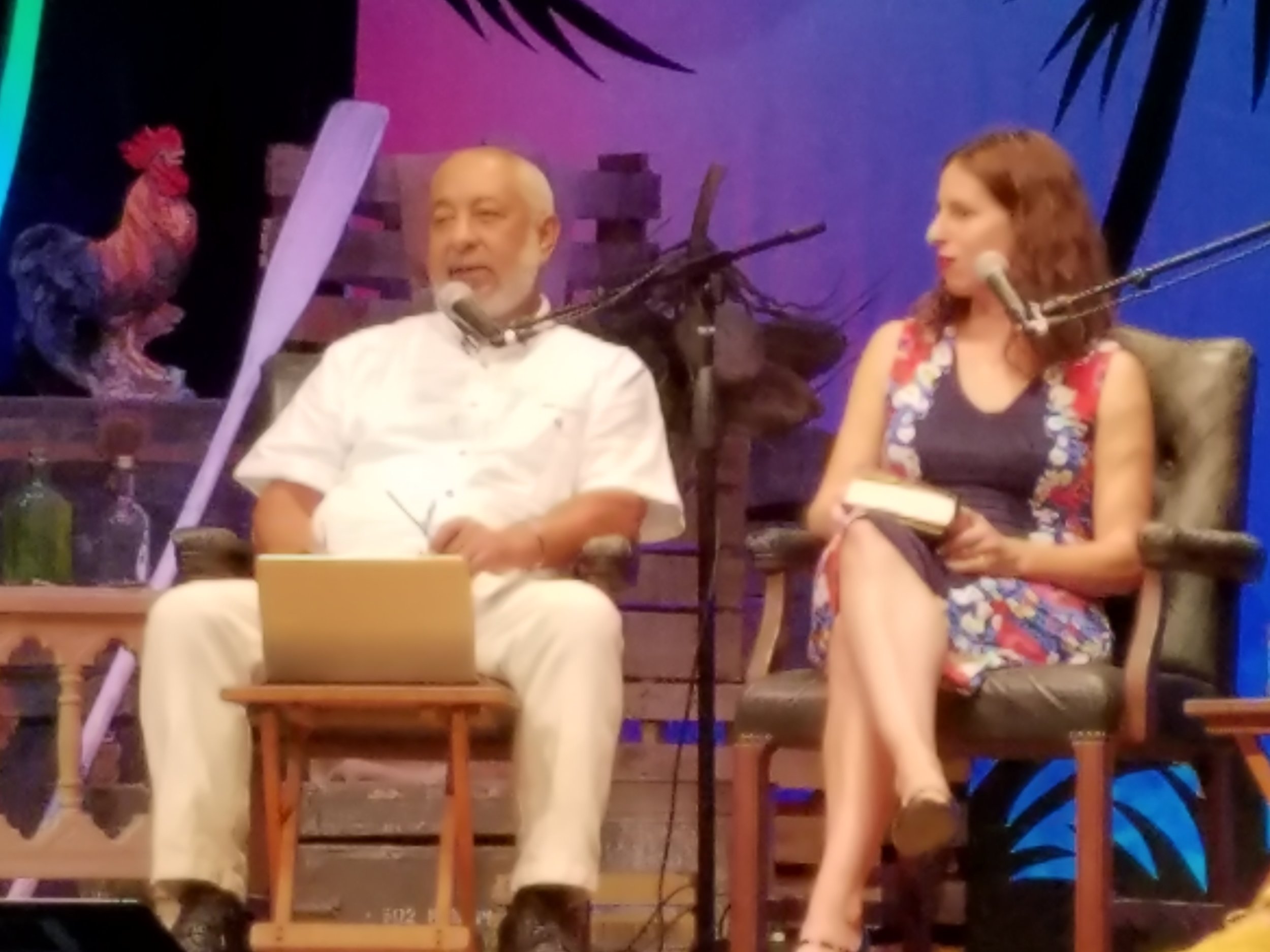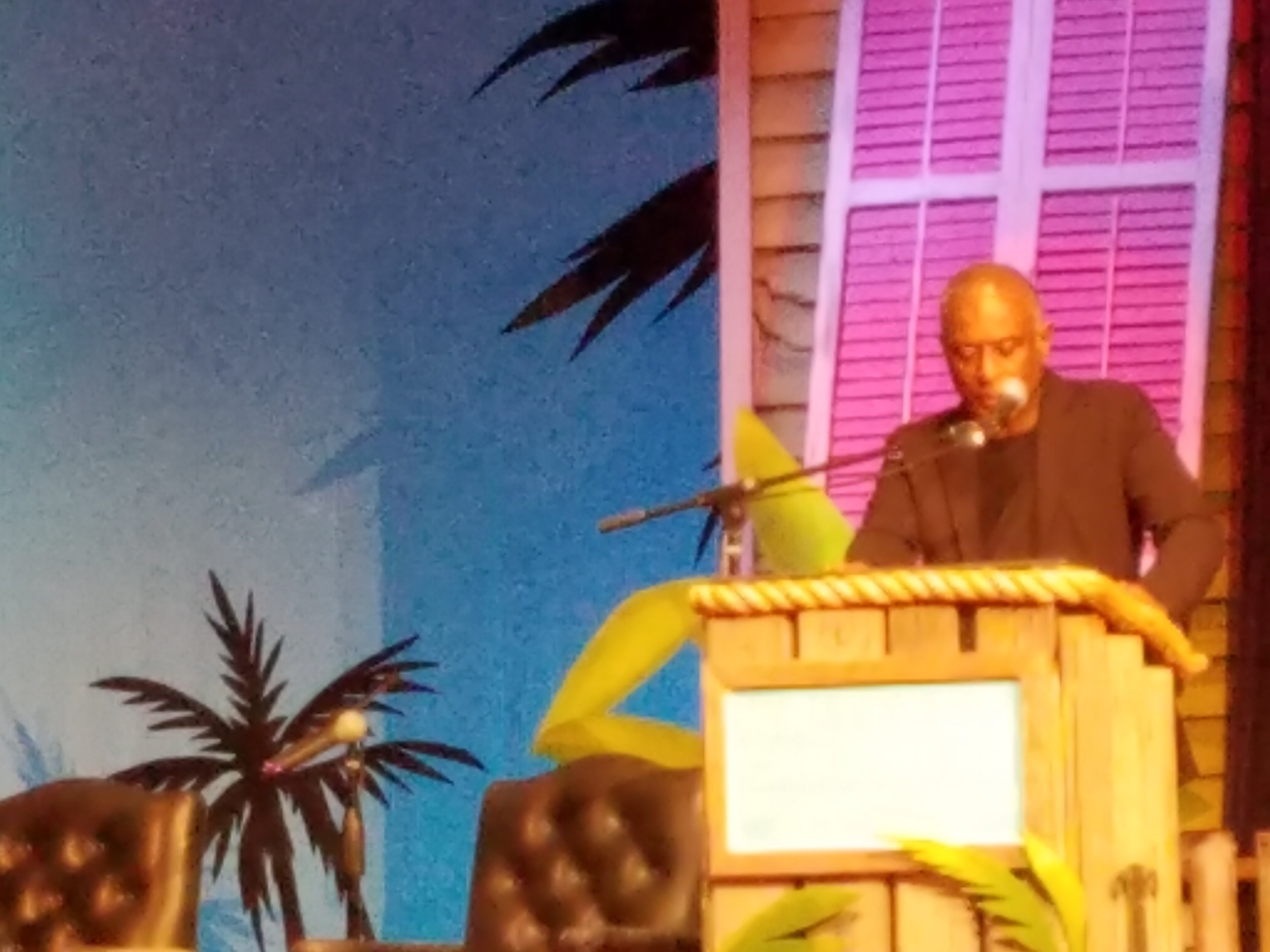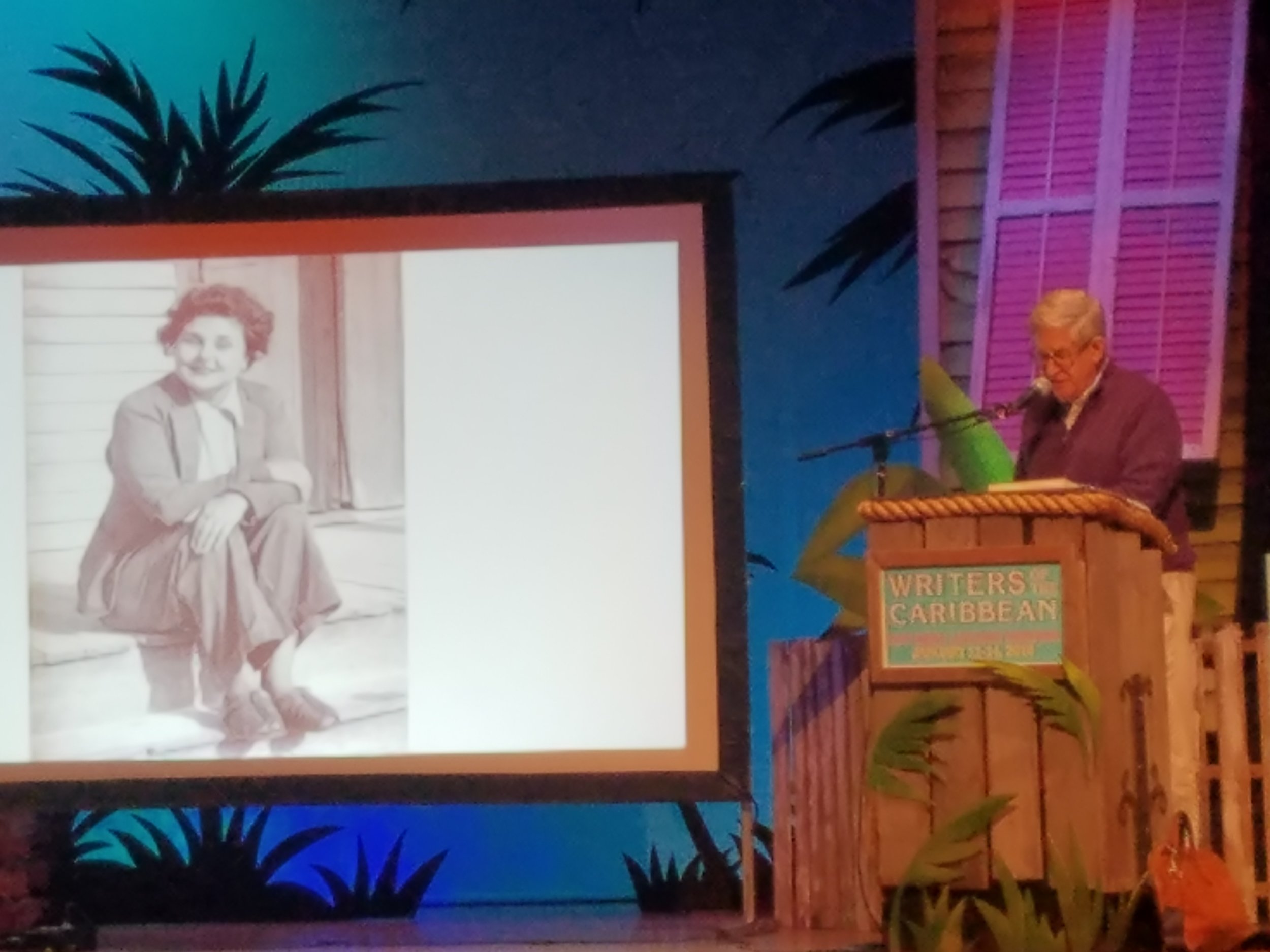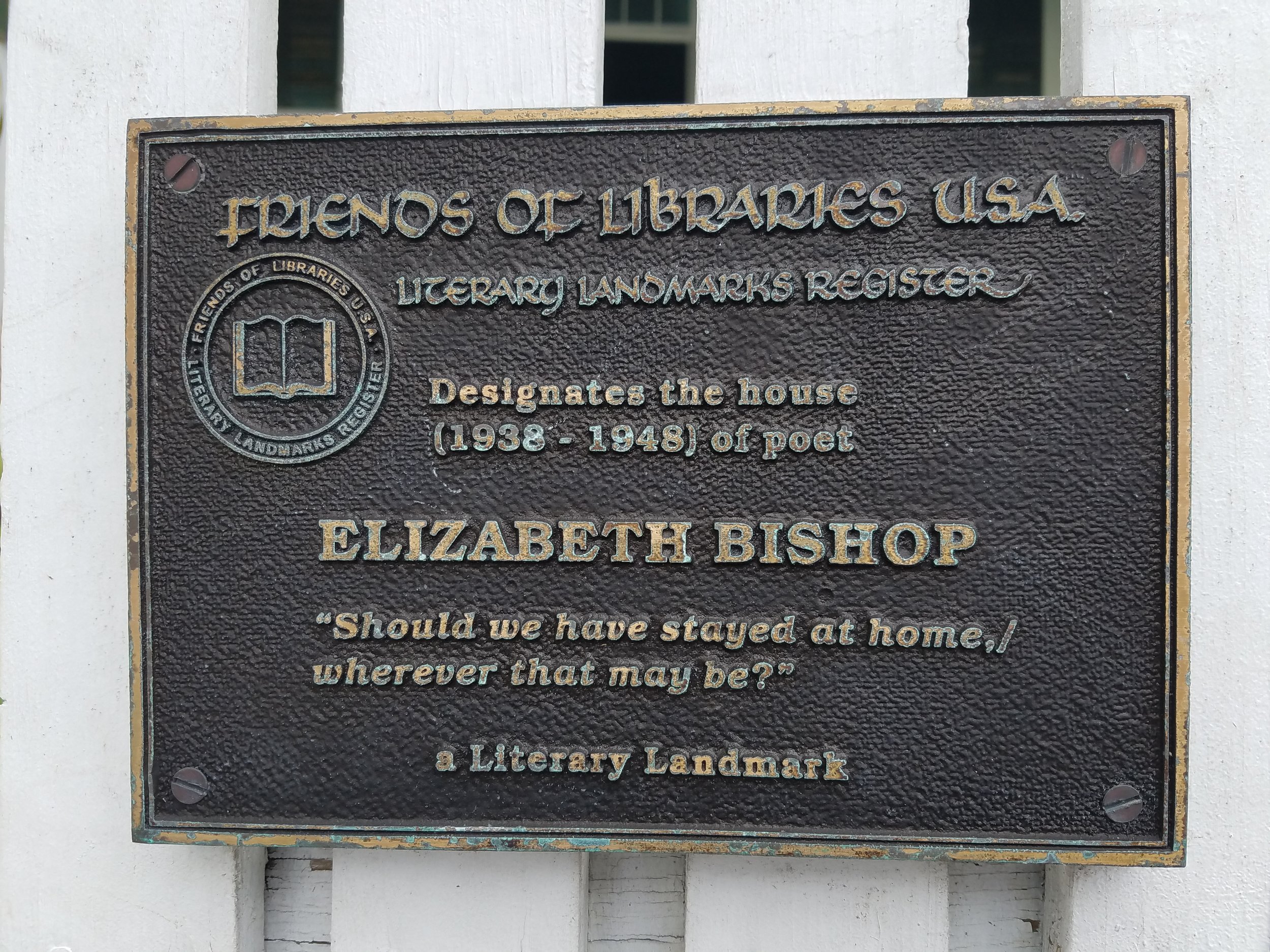Mamet has often been creatively compared to Hemingway, which, in that same interview (with Playboy, in 1995) he deflected: It would be a “heavy, impossible burden. You know, you can’t play Stanley Kowalski without being compared to Marlon Brando – even by people who never saw Marlon Brando in the movie, let alone on stage. He revolutionized that role and the American notion of what it meant to act. The same is true of Hemingway and writing.”
That said, the discovery of these Mamet notes sent me back to a newspaper piece I wrote – yikes, sixteen years ago -- that connected some dots between Mamet and Hemingway through the craft of television writing. That piece also made a nod to the likes of Aaron Sorkin and Amy Sherman-Palladino, the creator of a TV series of the day called “Gilmore Girls” and now the creative spirit behind one of the most popular and lauded new streaming series, “The Marvelous Mrs. Maisel” (on Amazon Prime). Again, Hemingway. I watched a few more episodes of “Mrs. Maisel” the other day, which gave me further impetus to repost this piece.
The following article first appeared in The Kansas City Star in November 2002.
Motor mouths: Smart and savvy TV writers figure it out: Papa knew best
“Wall Street Journal says people are talking really fast on
television.”
“You don't say.”
“No, really. Especially on `West Wing.' “
“Smart show.”
“That's right. Mostly written by a guy named Aaron Sorkin.”
“All that politics _”
“Ripped from the headlines!”
“And real-life drama.”
“It's nice that Bartlet and his wife are getting closer.”
“Illness will do that.”
“I suppose. But it's about -- “
“Power and powerlessness.”
”Good way to put it, but I've been thinking about this TV thing for a
long time. And one thing the Journal didn't mention -- “
“Only one?”
“Well, a few things, but one important one was the real source of that
dialogue.”
“Yeah?”
“Straight out of Hemingway.”
“Howzat?”
“Sun.”
“Sun?
“The Sun Also Rises. All that Paris banter. All those young hipsters.”
“All that drinking -- “
“That, too, but I first noticed this a few years ago on another show
Sorkin did -- `Sports Night.' “
“That ESPN thing.”
“Something like that. But it was great. Behind the scenes at a sports
talk show that had virtually nothing to do with --”
“Sports.”
“Yeah. It was all about the people. And they talked fast, and they
talked on top of each other and they completed one another's --”
“Sentences.”
“You've got it. And for some reason that's why I put two and two
together.”
“And came up with Hemingway.”
“Listen to this. It's when Jake Barnes invites a passing woman to sit
down and have a drink. He's the narrator:
“What's the matter?” she asked. “Going on a party?”
“Sure. Aren't you?”
“I don't know. You never know in this town.”
“Don't you like Paris?”
“No.”
“Why don't you go somewhere else?”
“Isn't anywhere else.”
“You're happy, all right.”
“Happy, hell!”
“I see what you're talking about.”
“Things happen fast on TV comedies, and even some dramas, and this
article I read said it had to do with cramming lots of scenes in a show to
keep people laughing. Wears some people out. ‘Lucy’ was funny. But
‘Seinfeld’ was faster. Just like those old screwball comedies from way back
when.”
“Yeh, yeh, yeh.”
“I might add that ‘Frasier’ is just as clever, more urbane, but
slower.”
“It takes time to make a latte.”
“And you know `Seinfeld,' that show about nothing.”
“Yada yada yada.”
“Exactly. Know where that comes from?”
“I'm getting a feeling --”
“Yep. ‘A Clean Well-Lighted Place.’ Seinfeld did yada yada. Hemingway
did nada nada. Read it and weep.”
“Will do.”
“These really good TV guys -- Sorkin, David Chase --”
“ ‘Sopranos.’ “
“Yup. And Matt Groening _”
“ ‘Simpsons.’ “
“Roger.”
“Homer?"
“No. Roger. As in `Roger that.' You're right. ‘Simpsons.’ But what I was
trying to say -- “
“Before I interrupted --"
“Was that the best of this stuff seems to be so aware of things. Aware
of the world. Aware of pop culture.”
”Uh huh.”
“I mean, some of these guys even love books.”
“I'll never forget that Jack London episode of ‘Northern Exposure.’ “
“Brilliant. That's what I mean. Or Amy Sherman-Palladino.”
“Who?”
“She writes `Gilmore Girls.' There's some media-savvy dialogue, for you,
even though it feels a little forced.”
“She's no Hemingway, you mean.”
”Well, I don't think I'm too far out on a literary limb with that
theory. Surely Sorkin read `Hills Like White Elephants.' “
“Who hasn't?”
“One thing you hear a lot is wordplay. Repetition. You accent something
by repeating it two or three or more times.”
“Repetition.”
“It's like ping-pong words. Not sing-song to put you to sleep. Ping-pong to
keep you alert.”
“Back and forth you mean?”
“Words ping-ponging, or pinballing. Like one time on `Gilmore Girls'
Rory and a friend were riffing on the word ‘wing-it.’ They didn't know they
were riffing, they were just saying what the writers wrote. But ‘wing-it’ as
a compound verb and an adjective, meaning just the opposite of ‘Zagat,’
meaning you'd look it up in the restaurant guide rather than wing-it. The
friend was having a date and she was worried about not looking
at Zagat and they'd be forced to wing-it. Zagat. Wing-it.”
“Wow.”
“It's like action poetry.”
“Poetry? On television?”
“TV is literature, you know. I mean look at ‘Sports Night.’ “
“It's a shame they killed it.”
“Yeah, that really torqued my chili.”
“Peter Krause was great.
“Just like he is on `Six Feet Under.' And now one of those `Sports
Night' guys is on ‘West Wing.’ “
“The guy with glasses.”
“But Felicity What's-Her-Name -- she played the lead character, the
talk-show producer -- was married to William H. Macy and they were great,
too.”
“Great character -- Macy. The ratings consultant.”
“Huffman. Felicity Huffman. And they're theater people.”
“Really?”
“They do Mamet. I mean they're friends with Mamet.”
“Mamet?”
“The F-word guy. Plays. Movies.”
“Yeah, I know, I know. But did you just say, ‘It really torqued my
chili’?”
“Did.”
“Where'd that come from?”
”People talk that way.”
“C'mon --”
“No, they do. The beauty of language. I love it. ‘Torqued my chili.’
Some guy from Oklahoma says it. I heard it at a diner.”
“A diner?”
“You know, like in `The Killers.' “
“Ernie again?”
“Short story.”
“Kind of like television.”
“Except without the ads.”
“Another reason they talk fast, right?”
“Yeah. To squeeze in more -- “
“Commercials."


